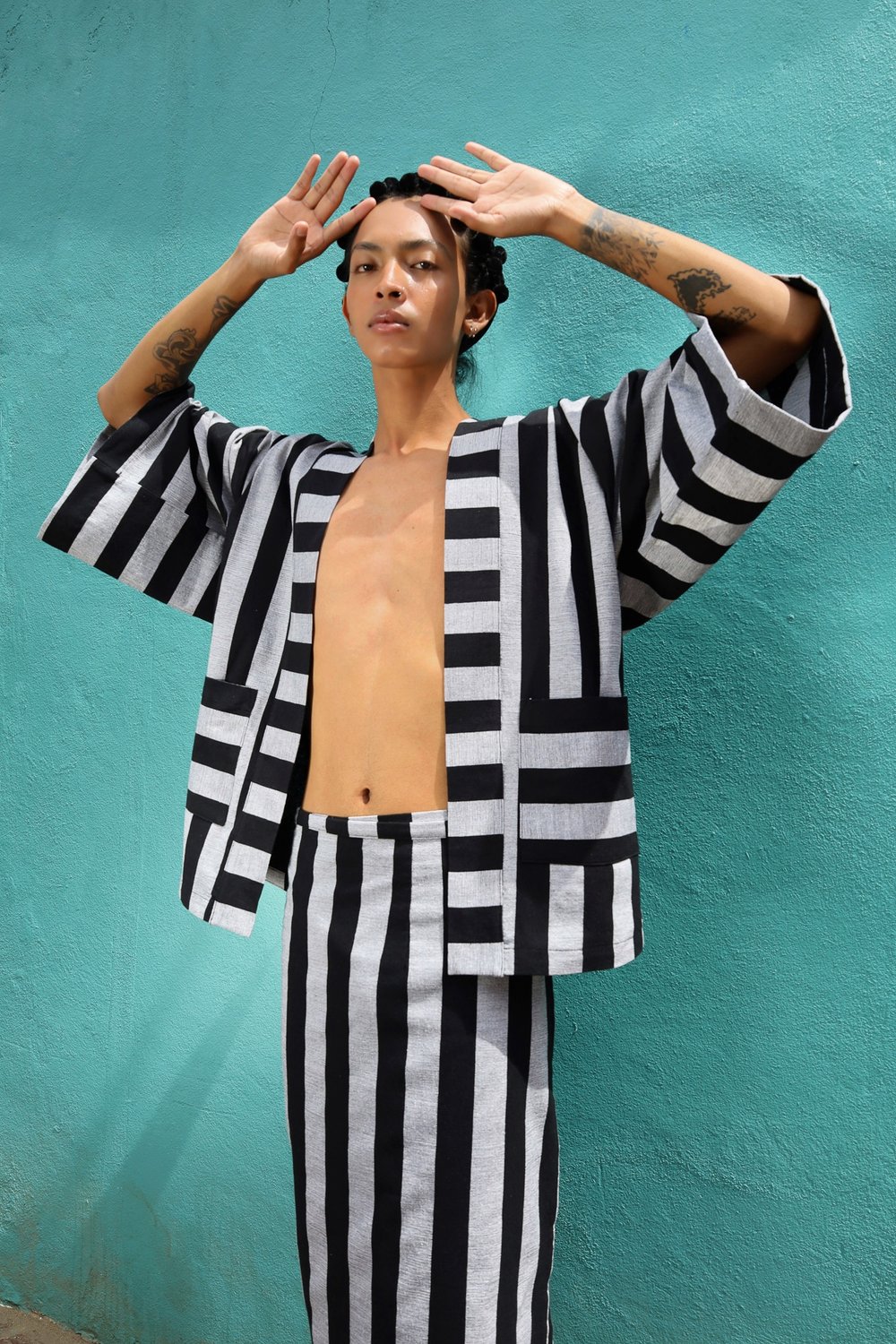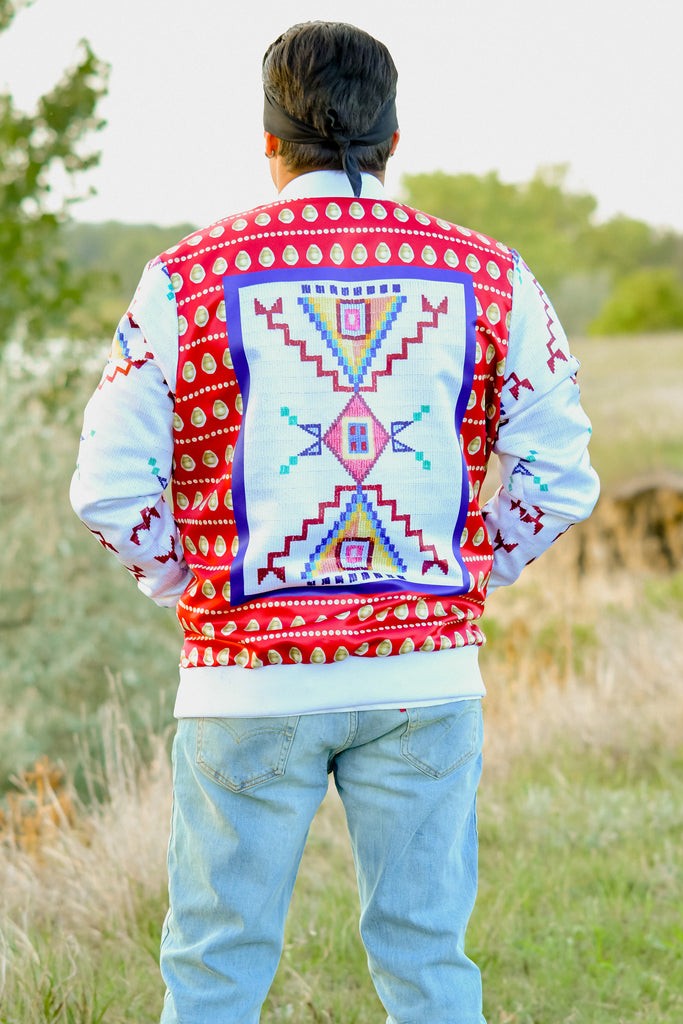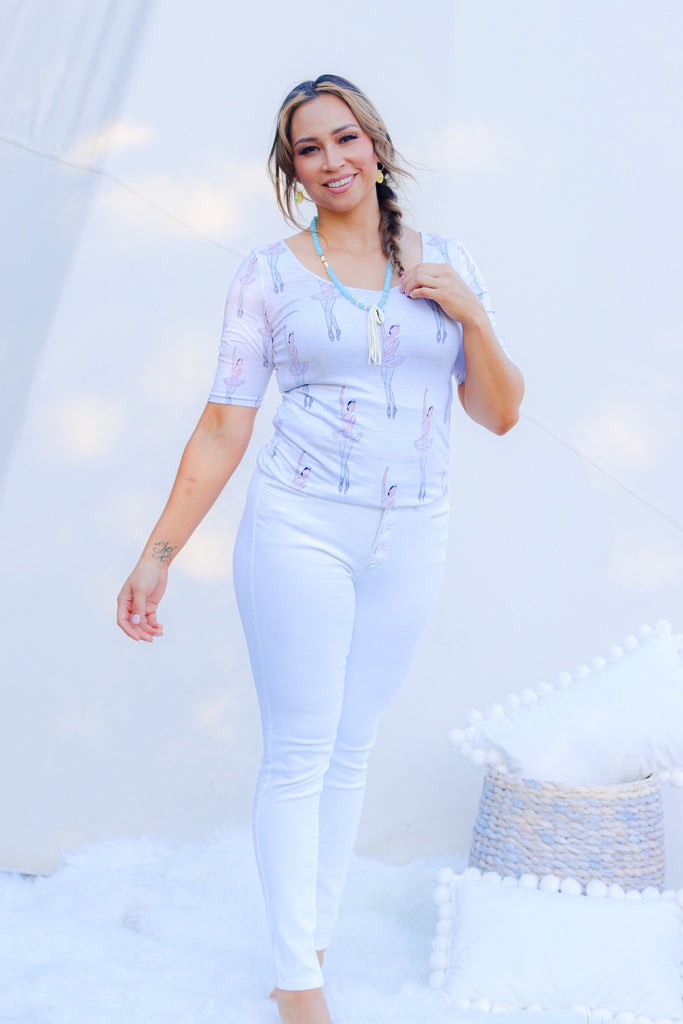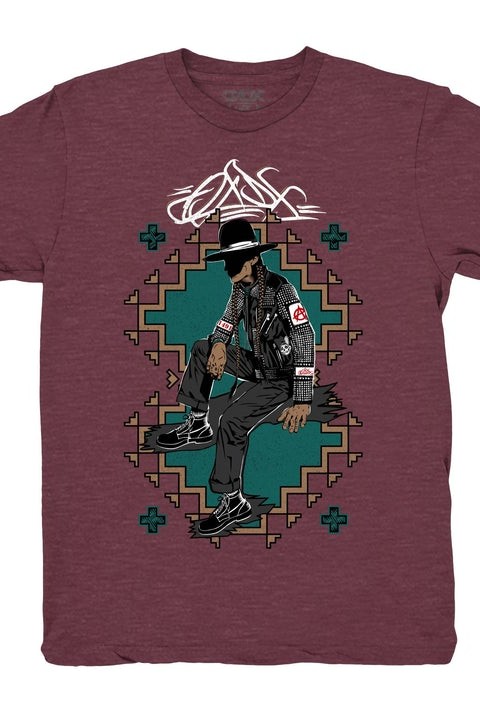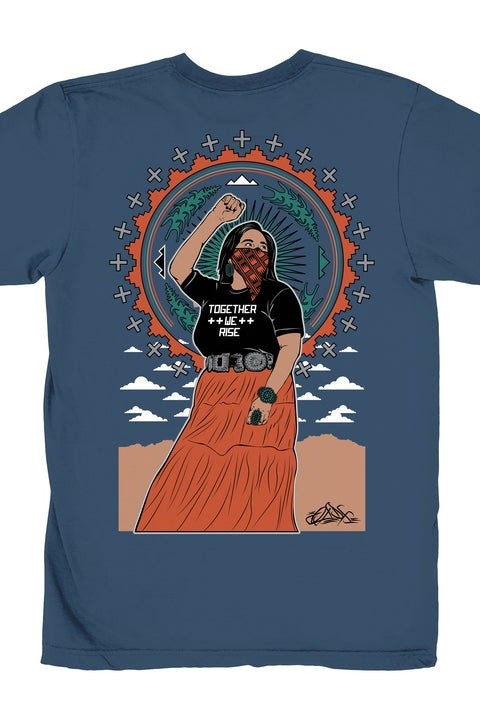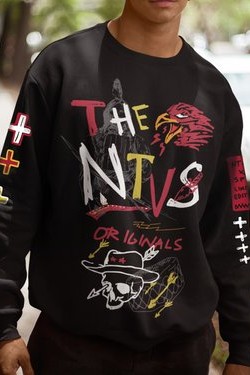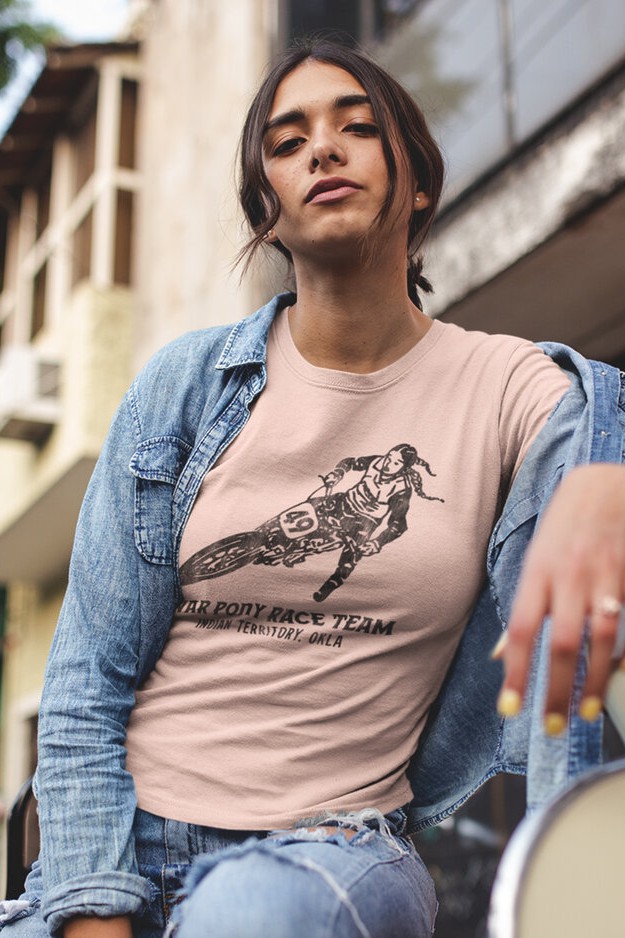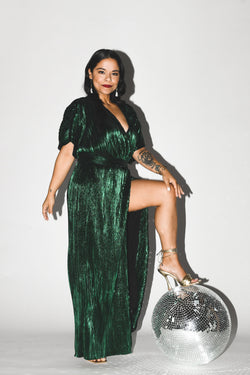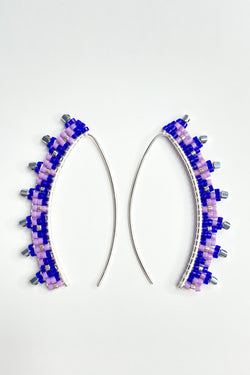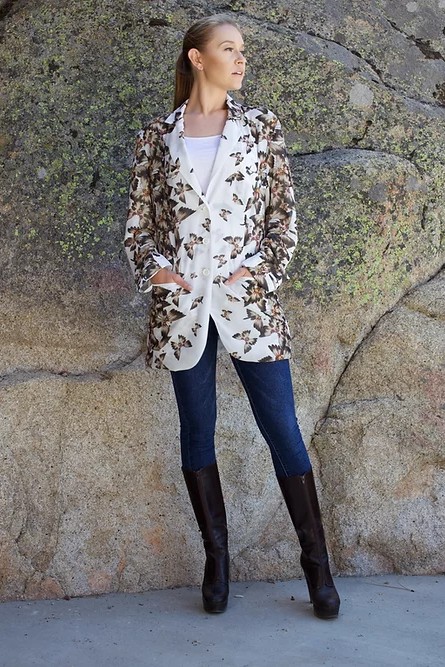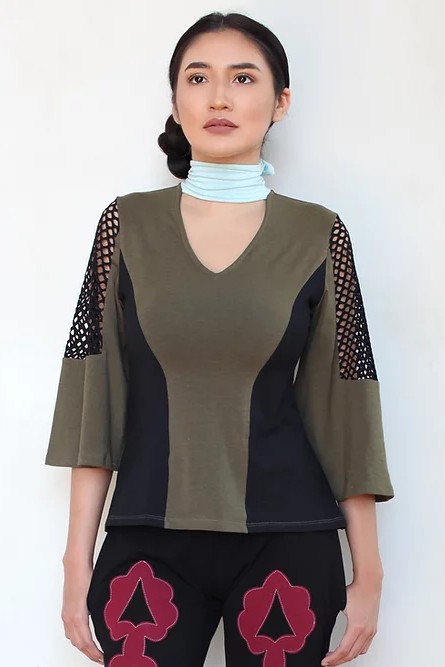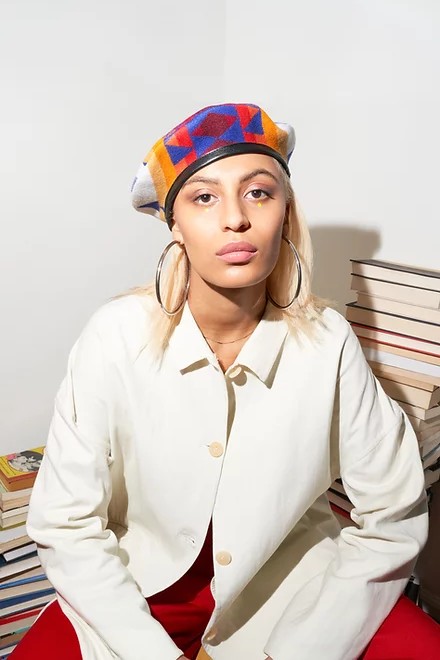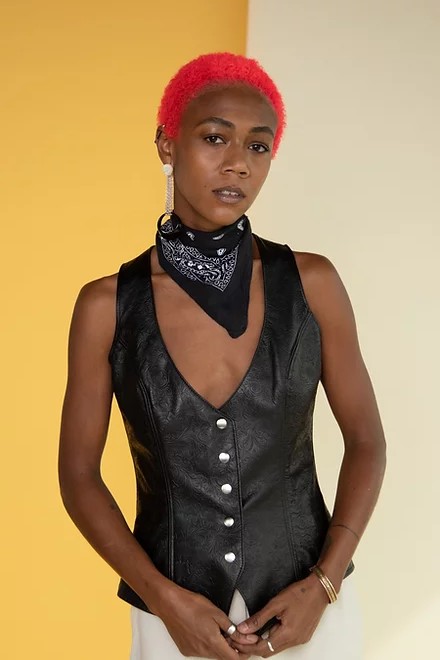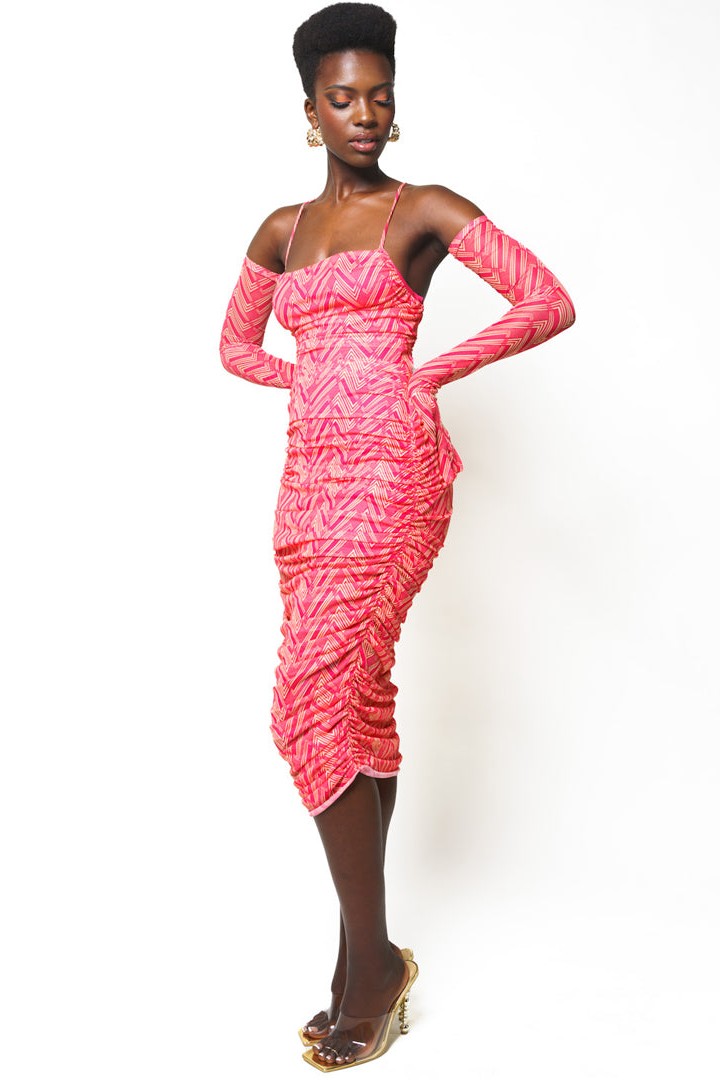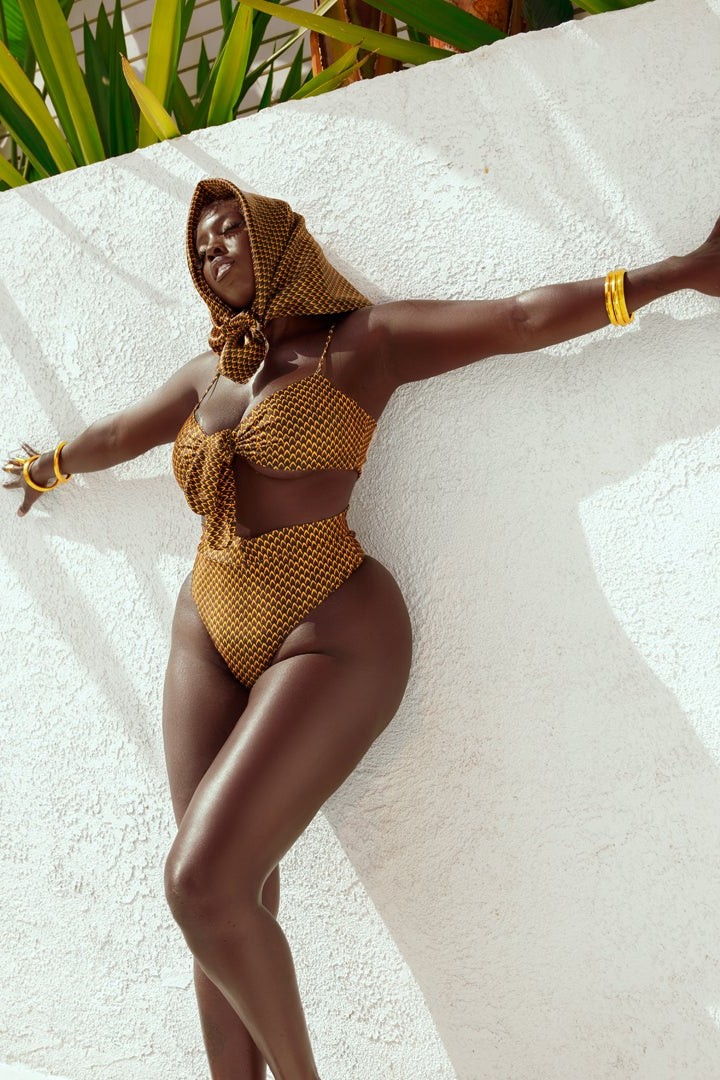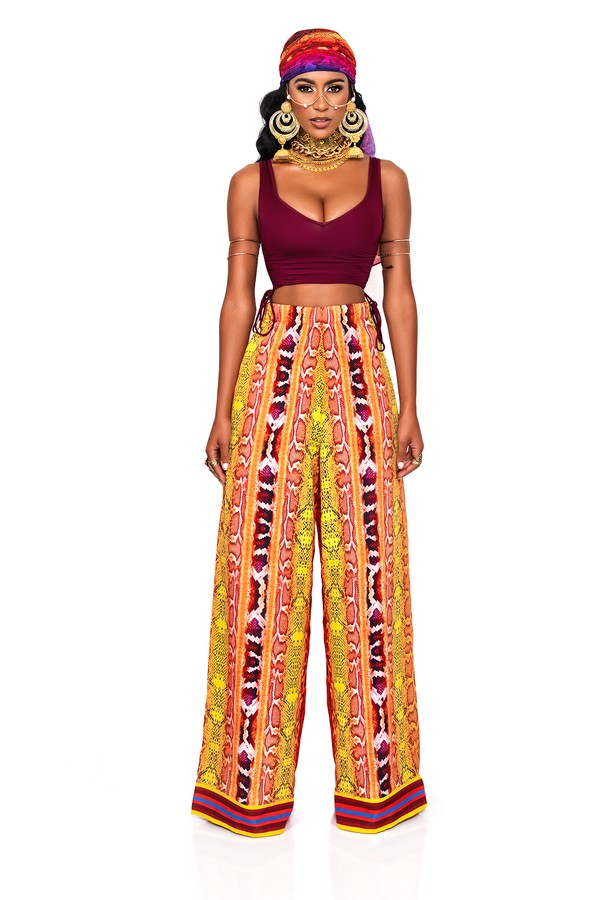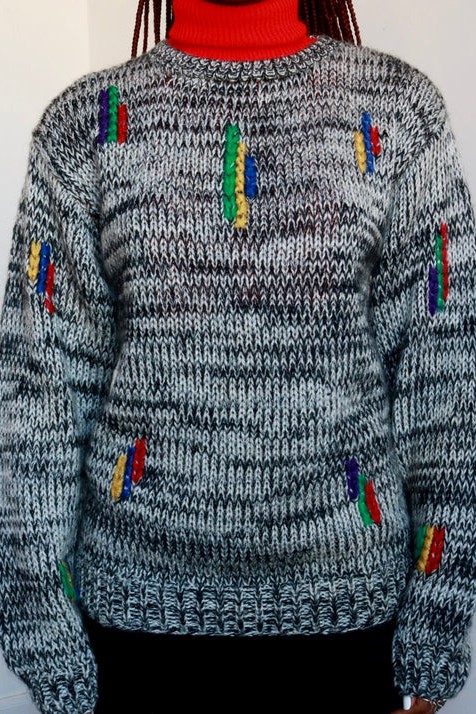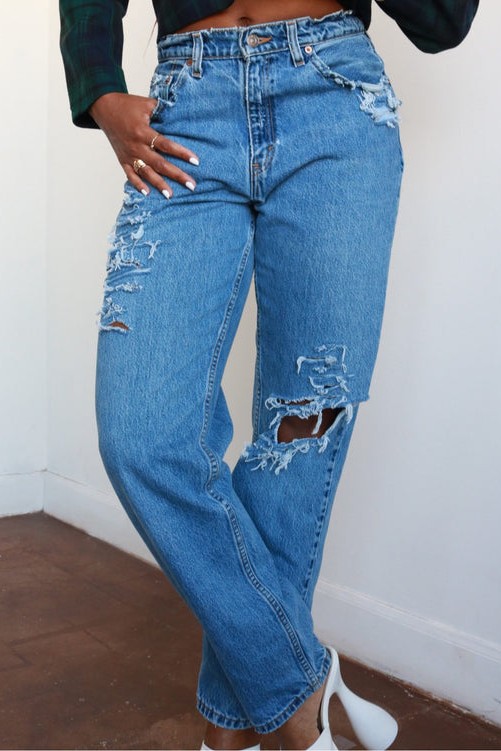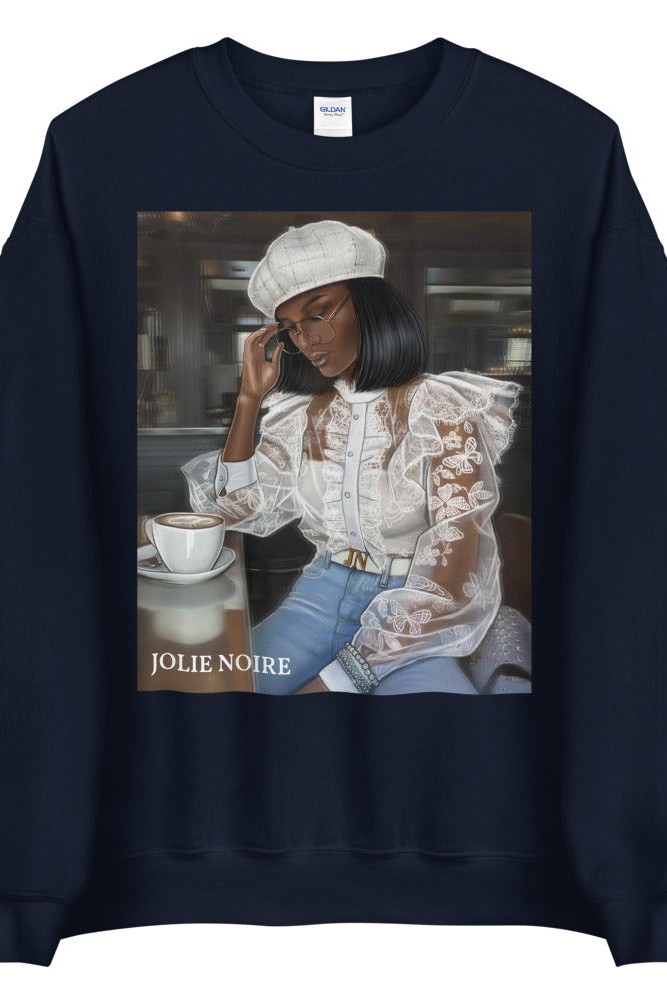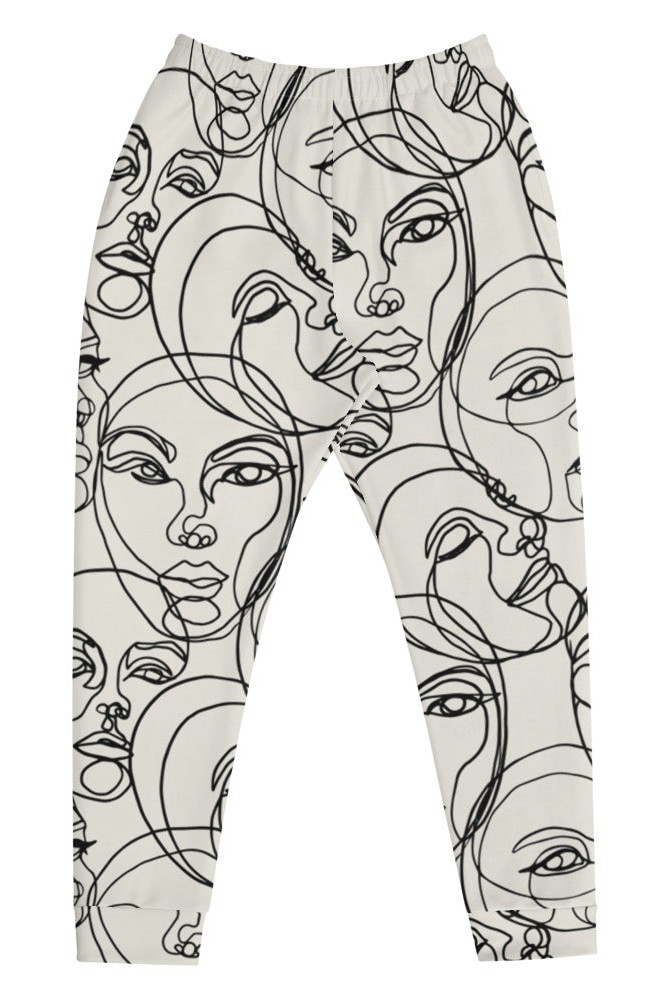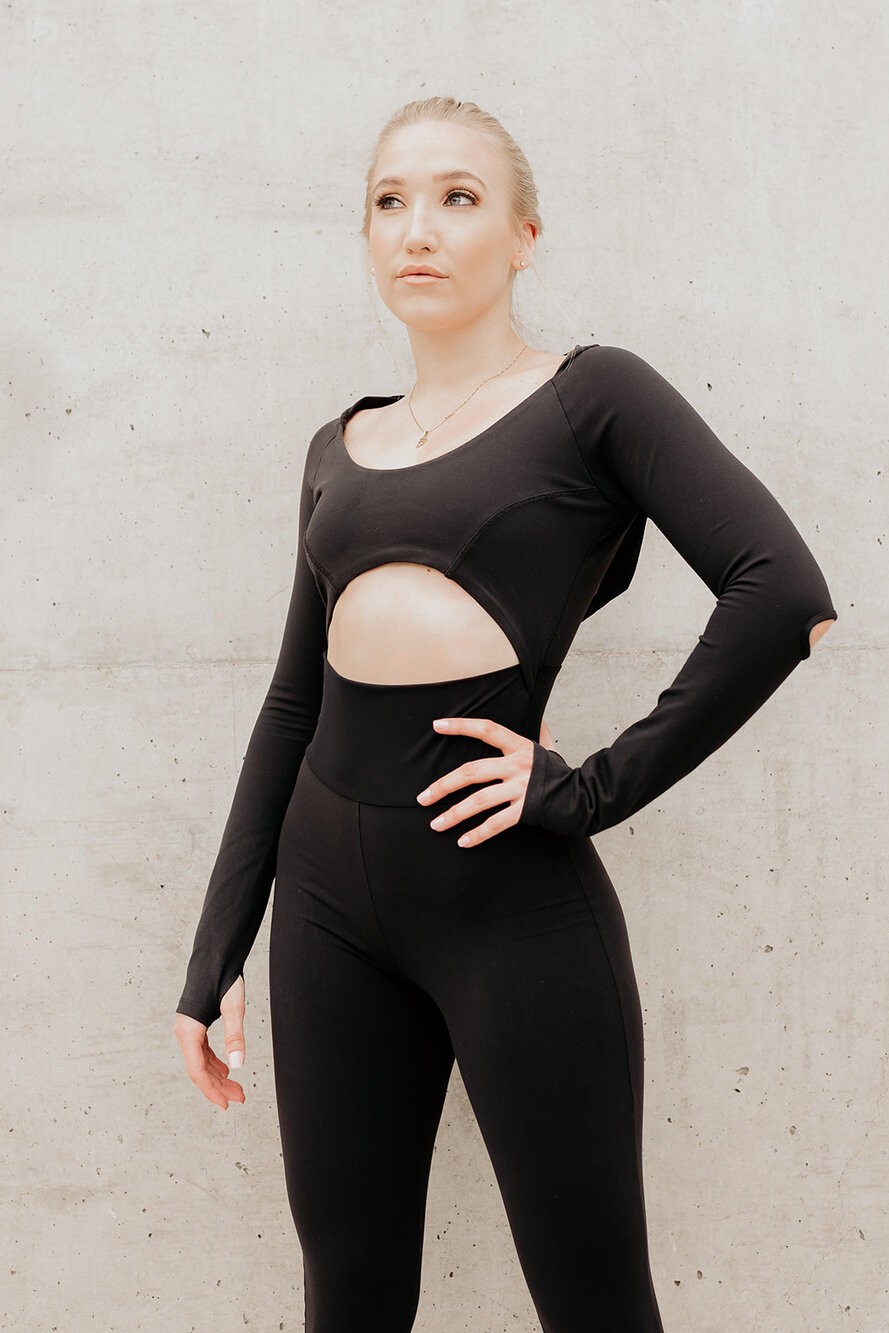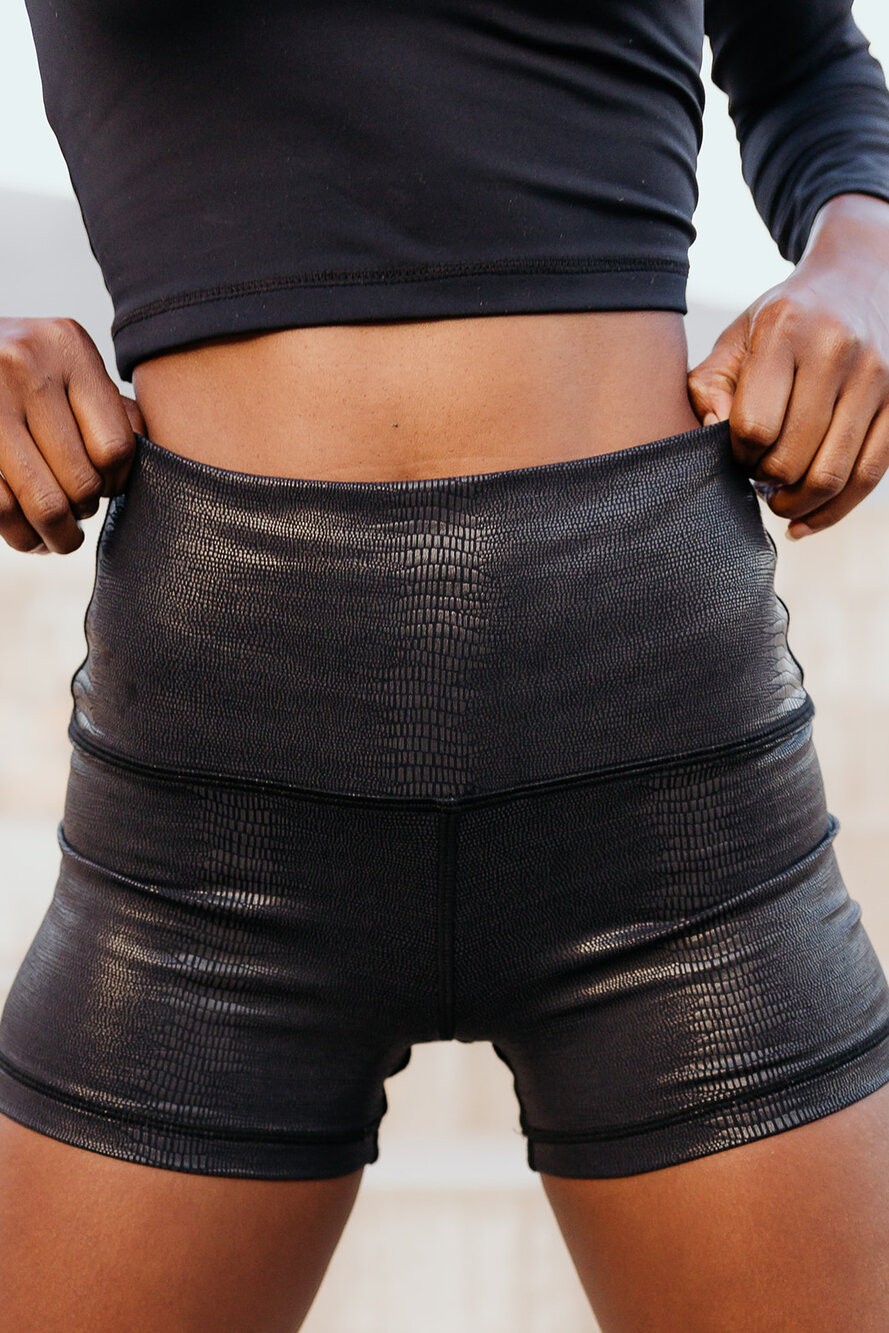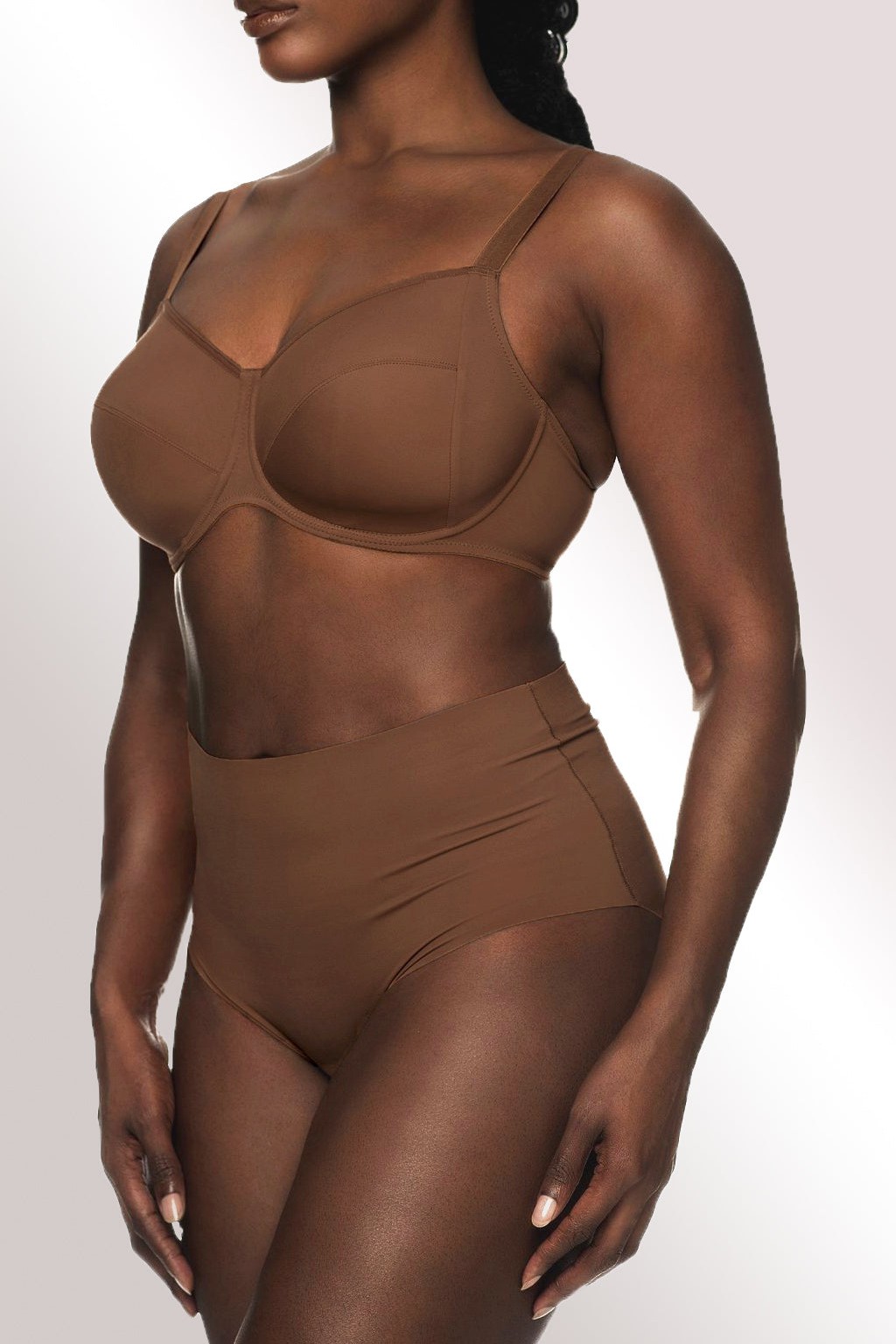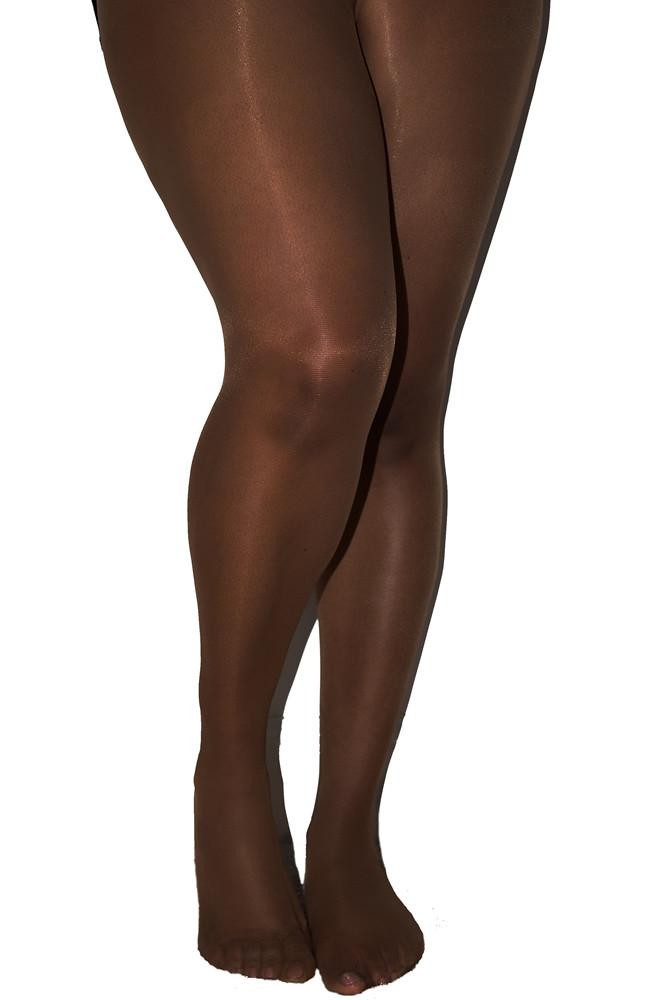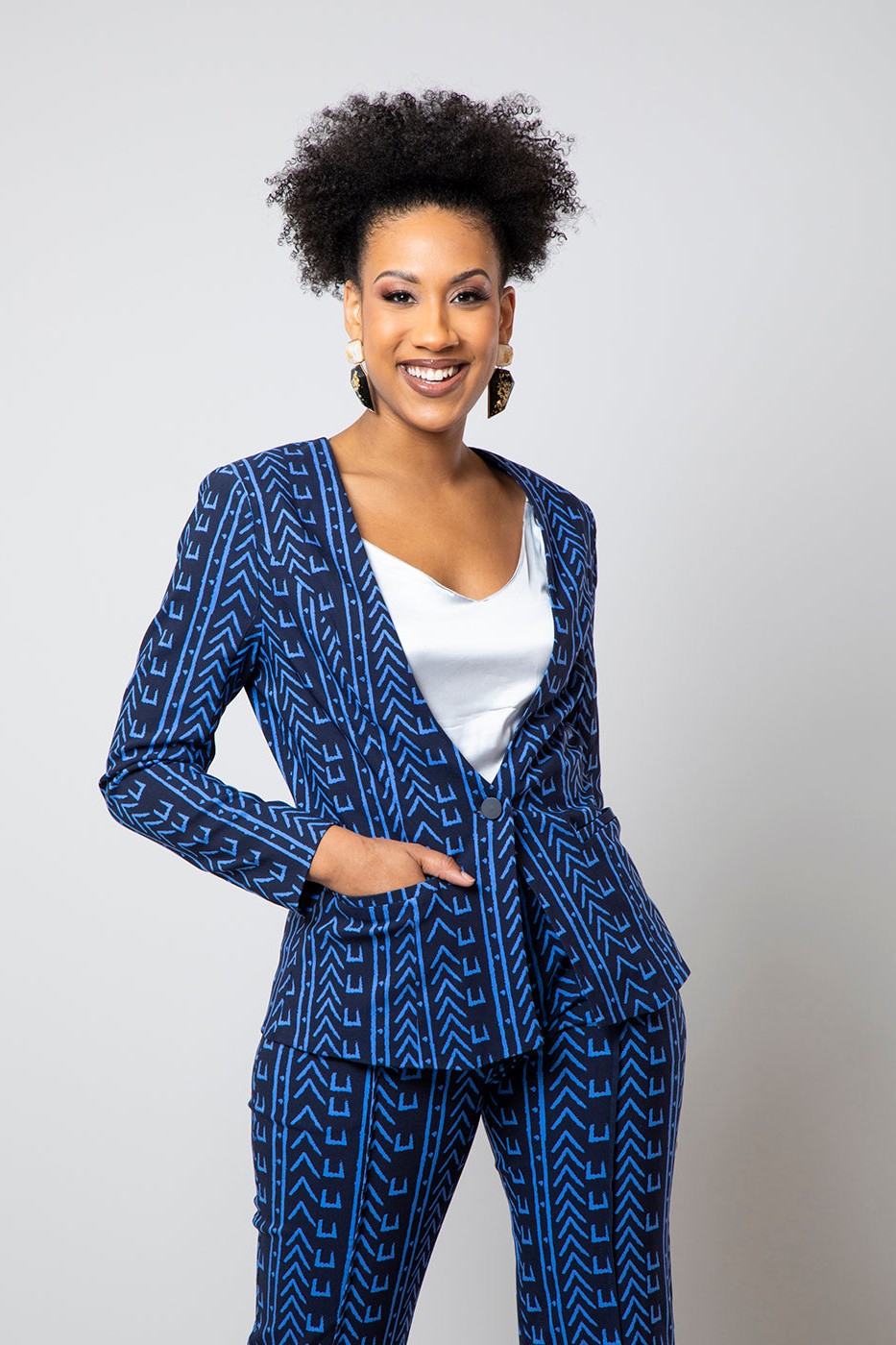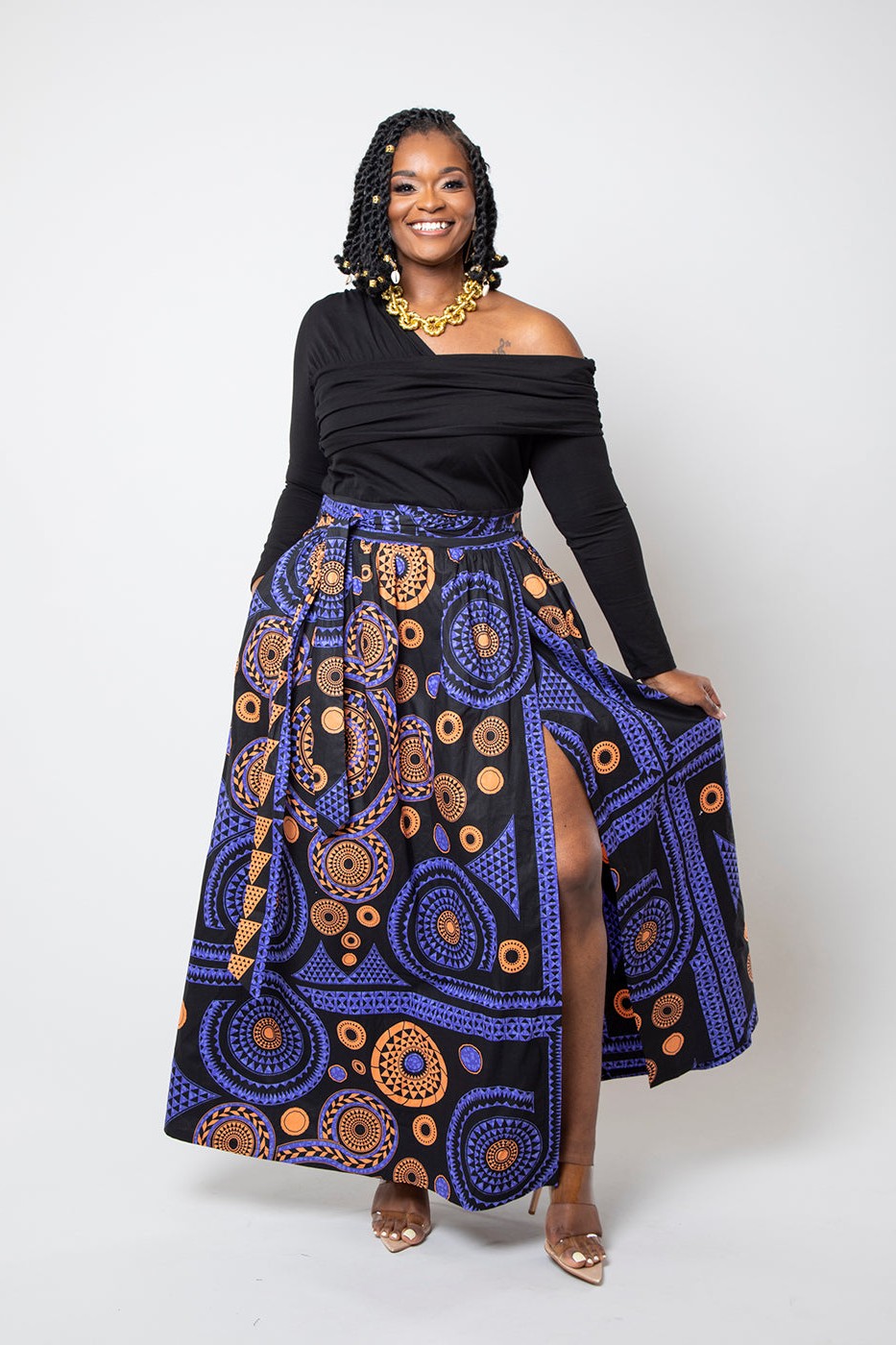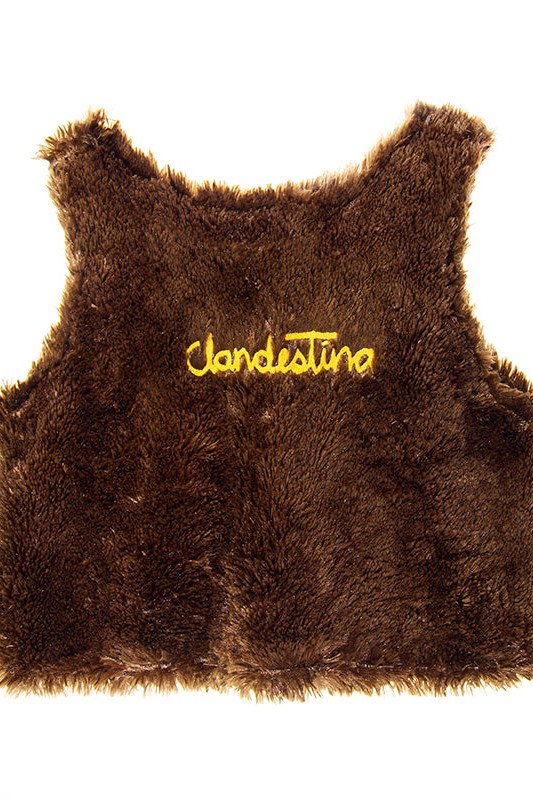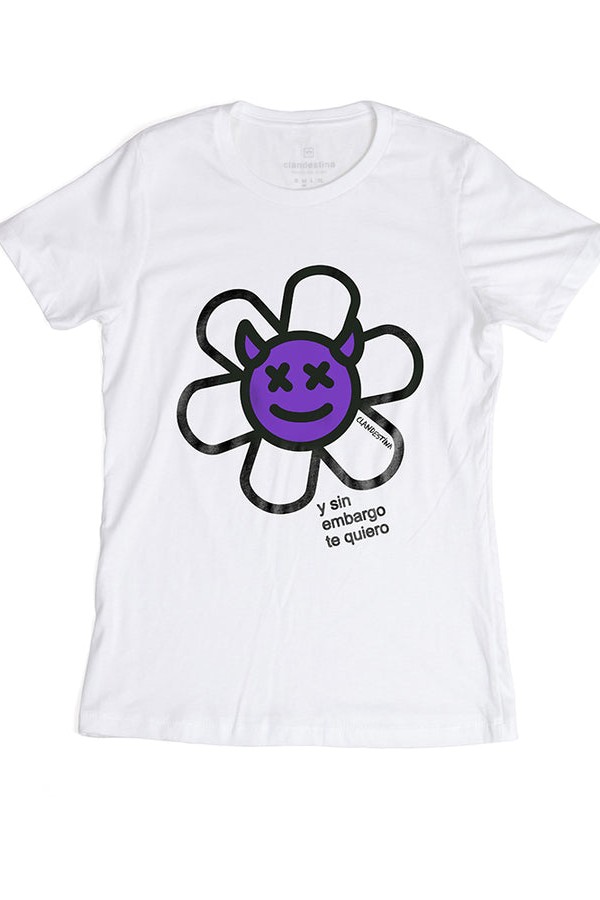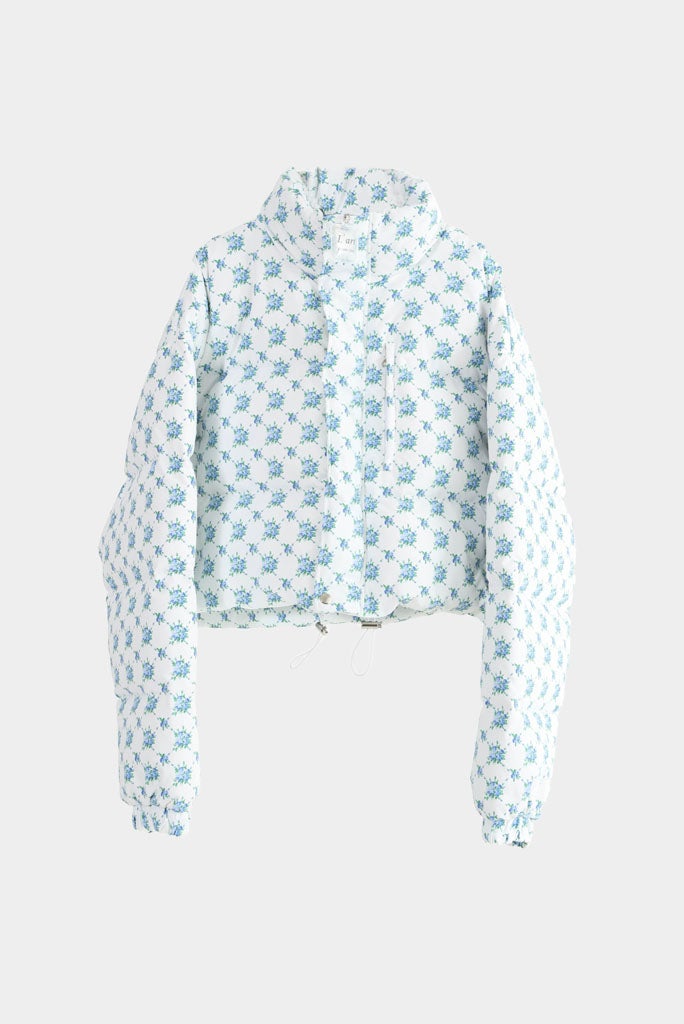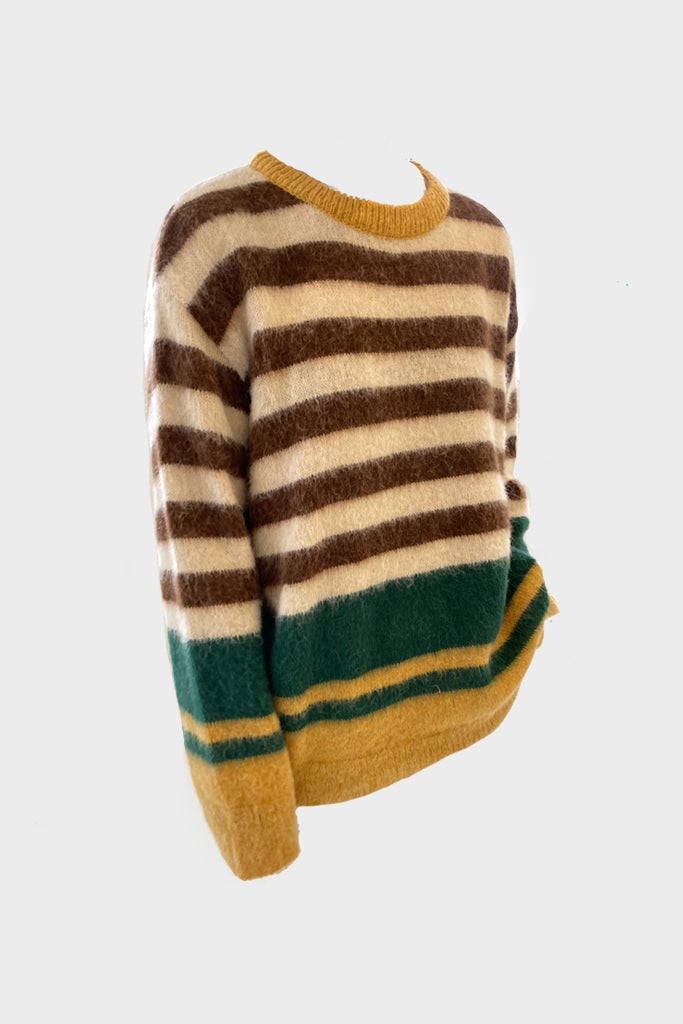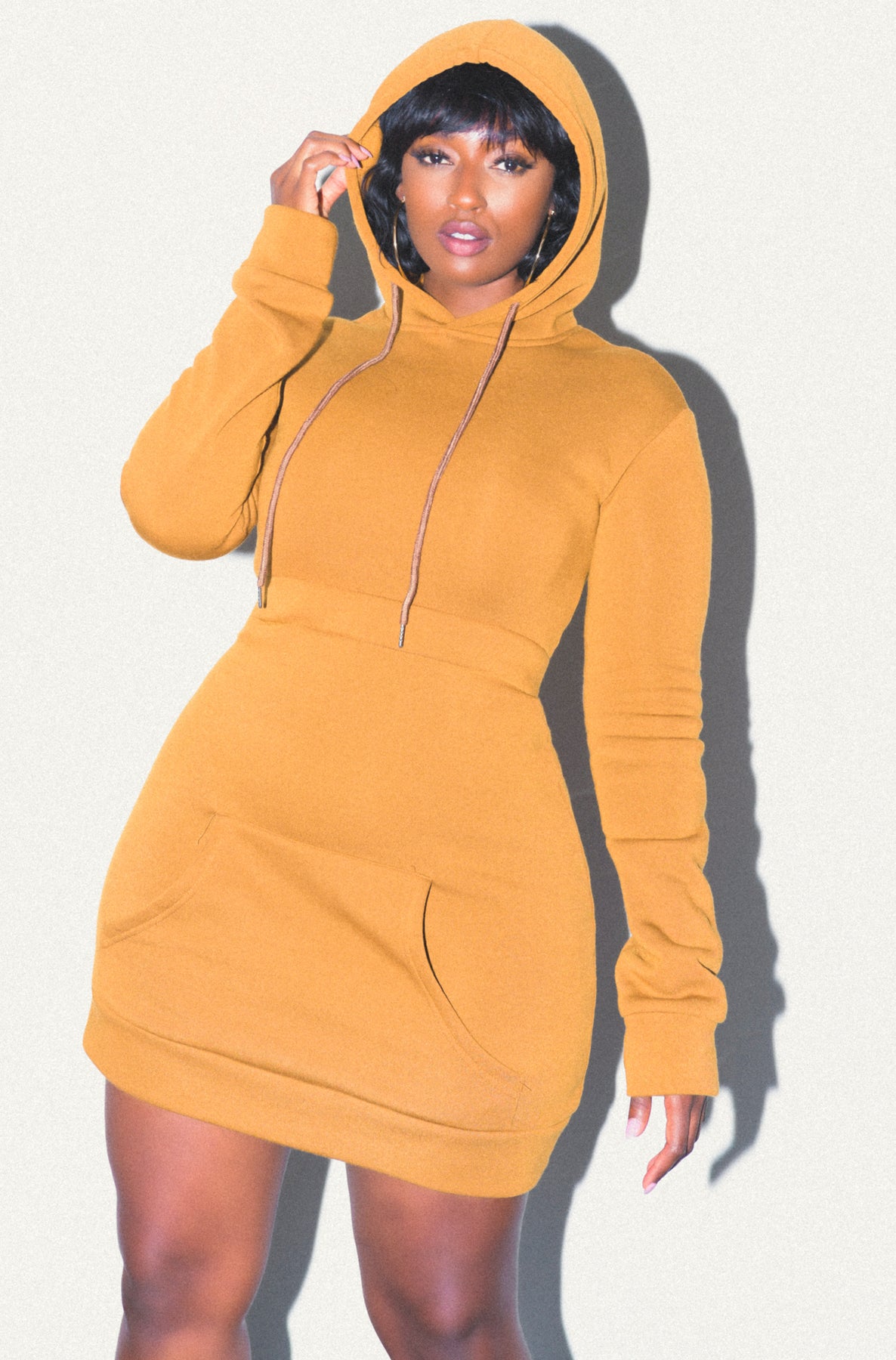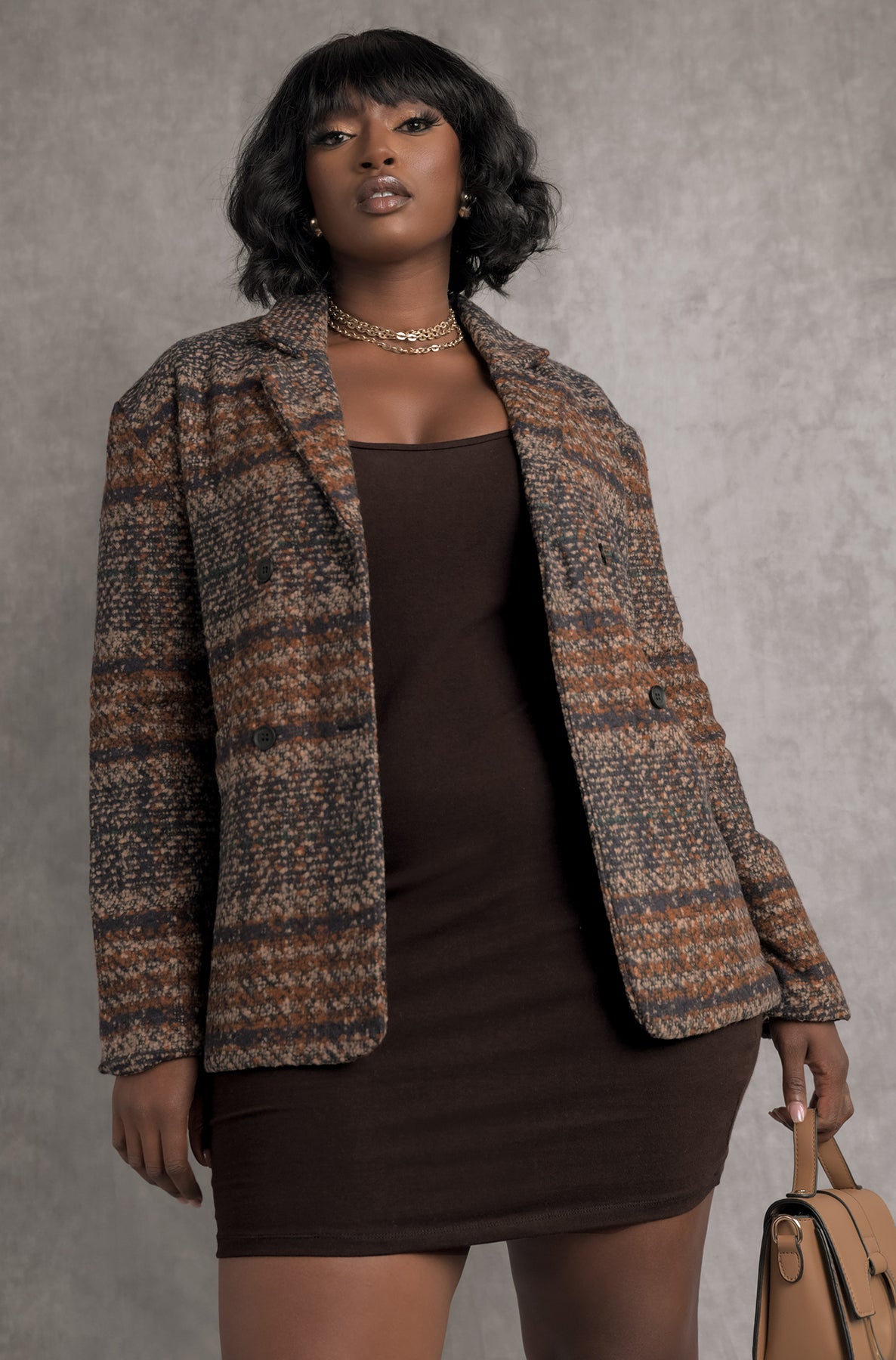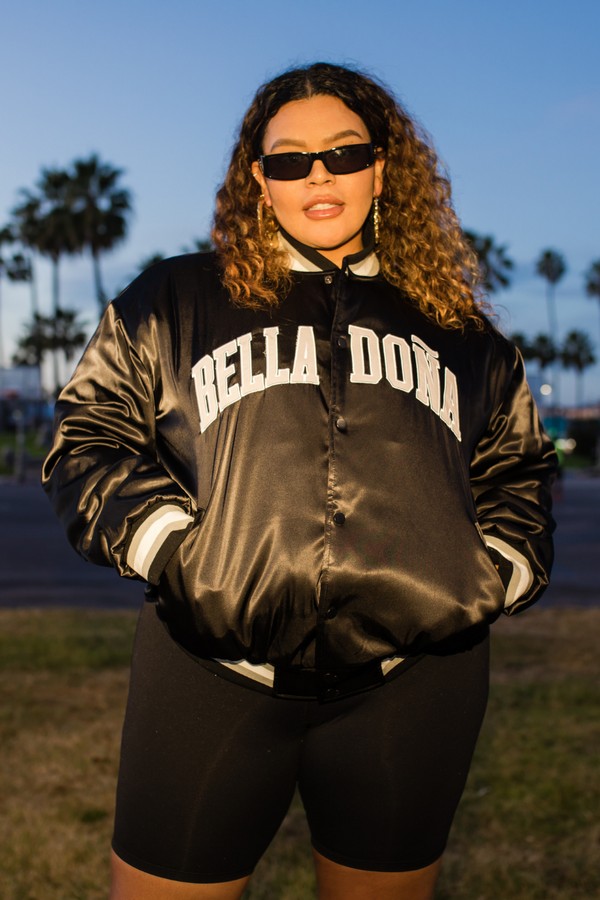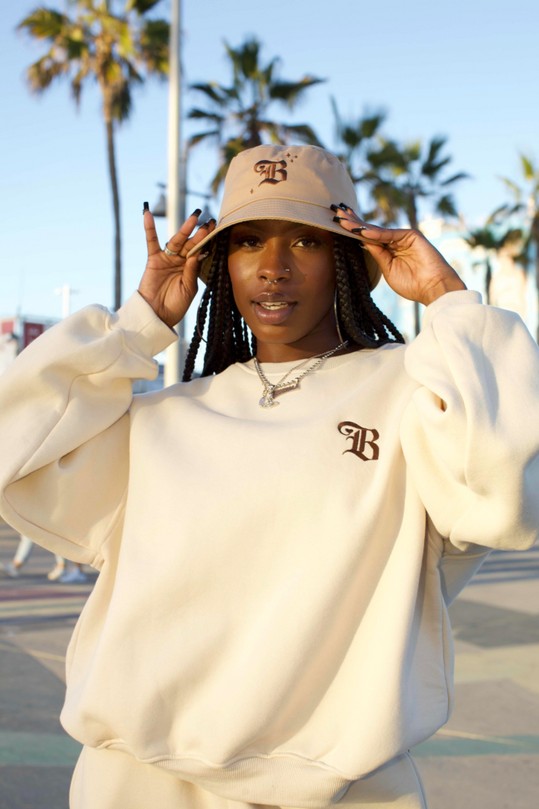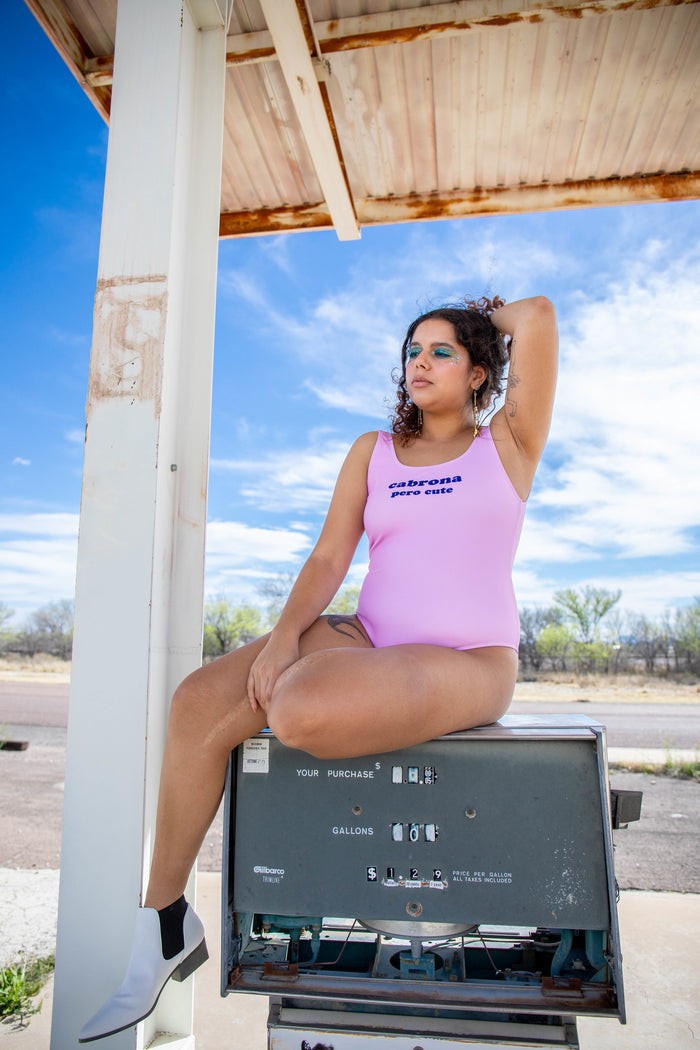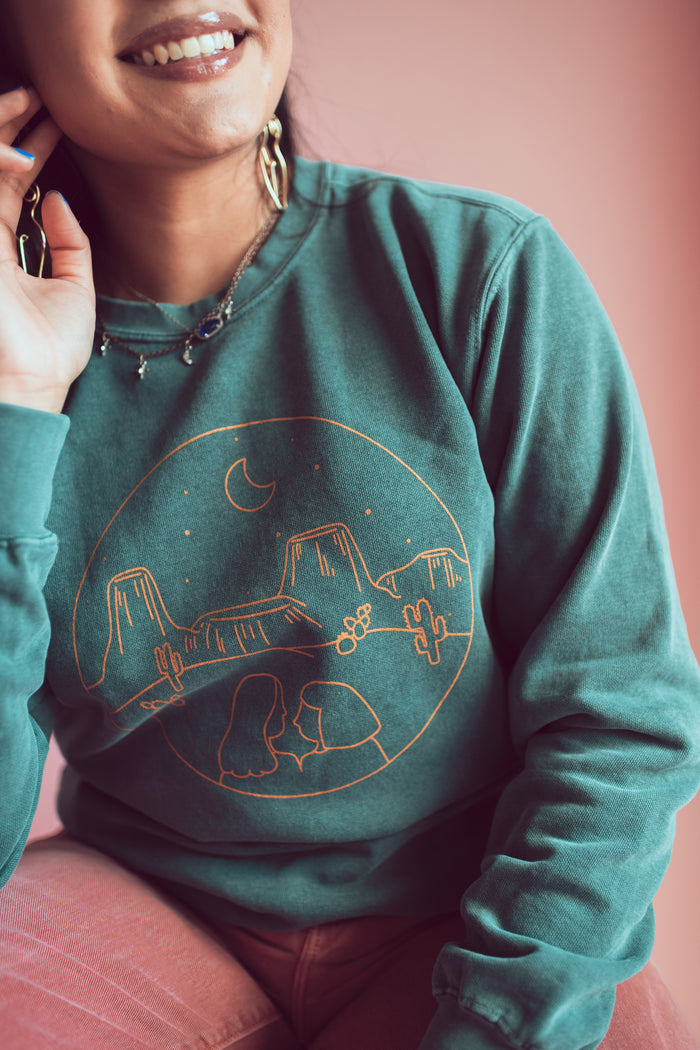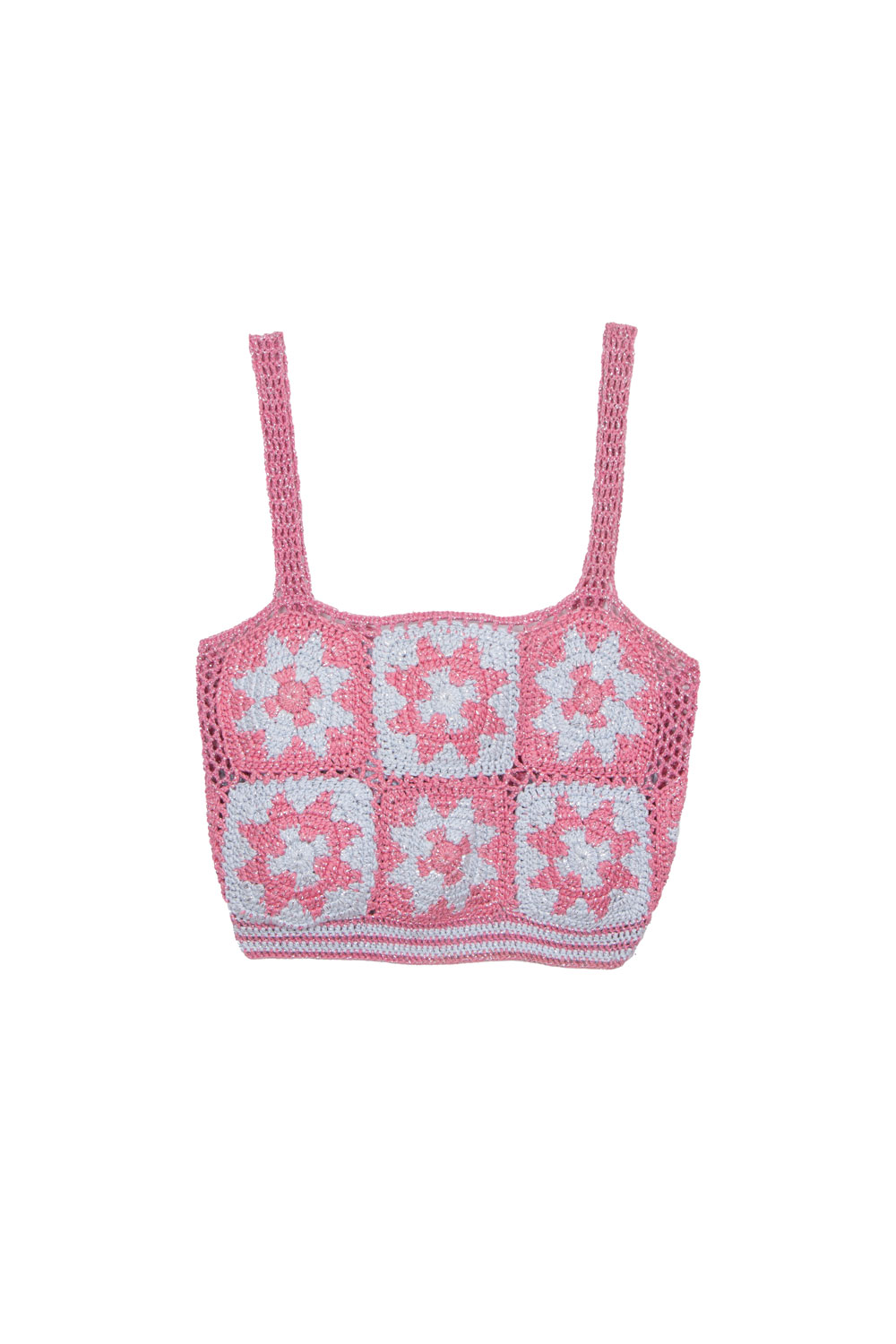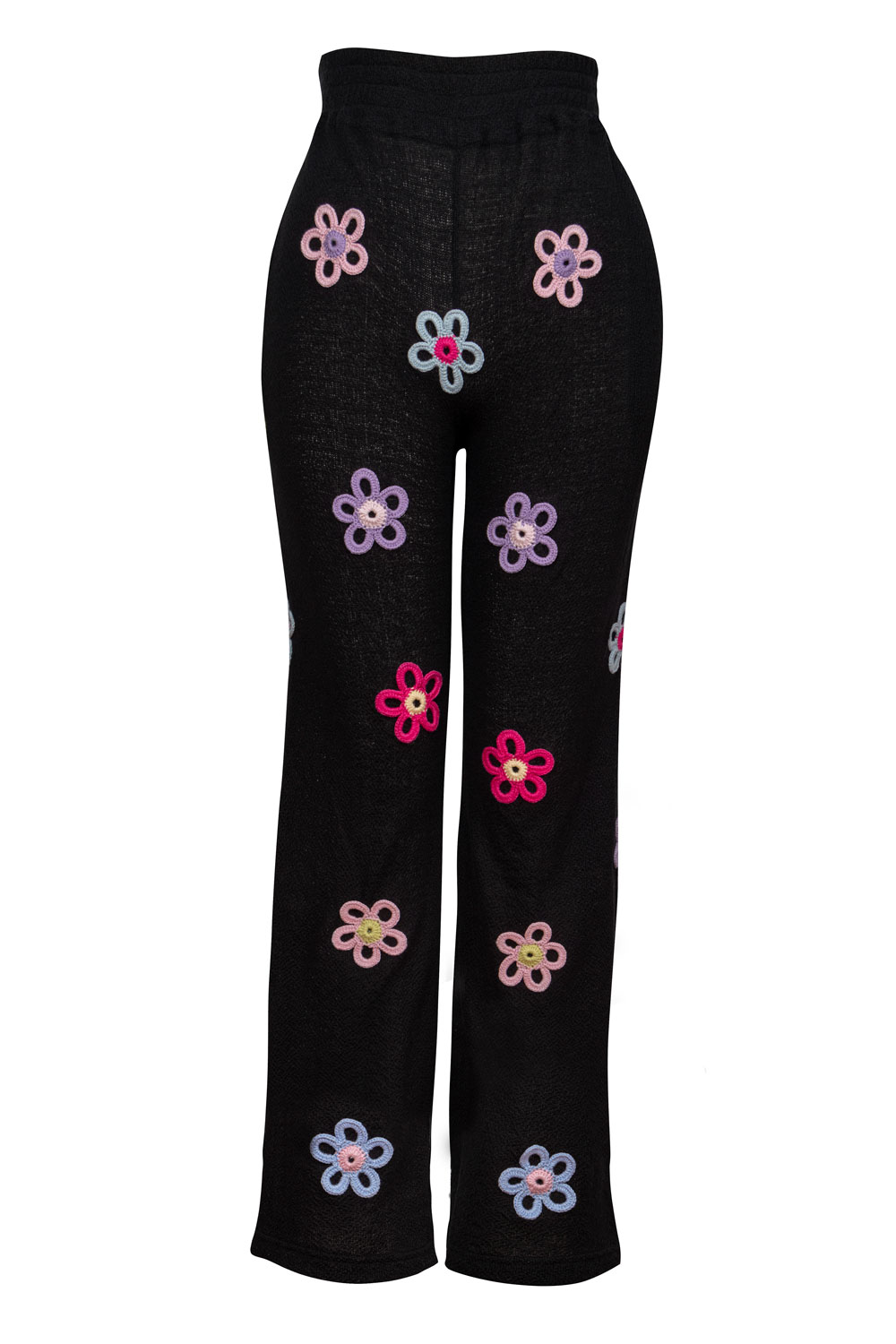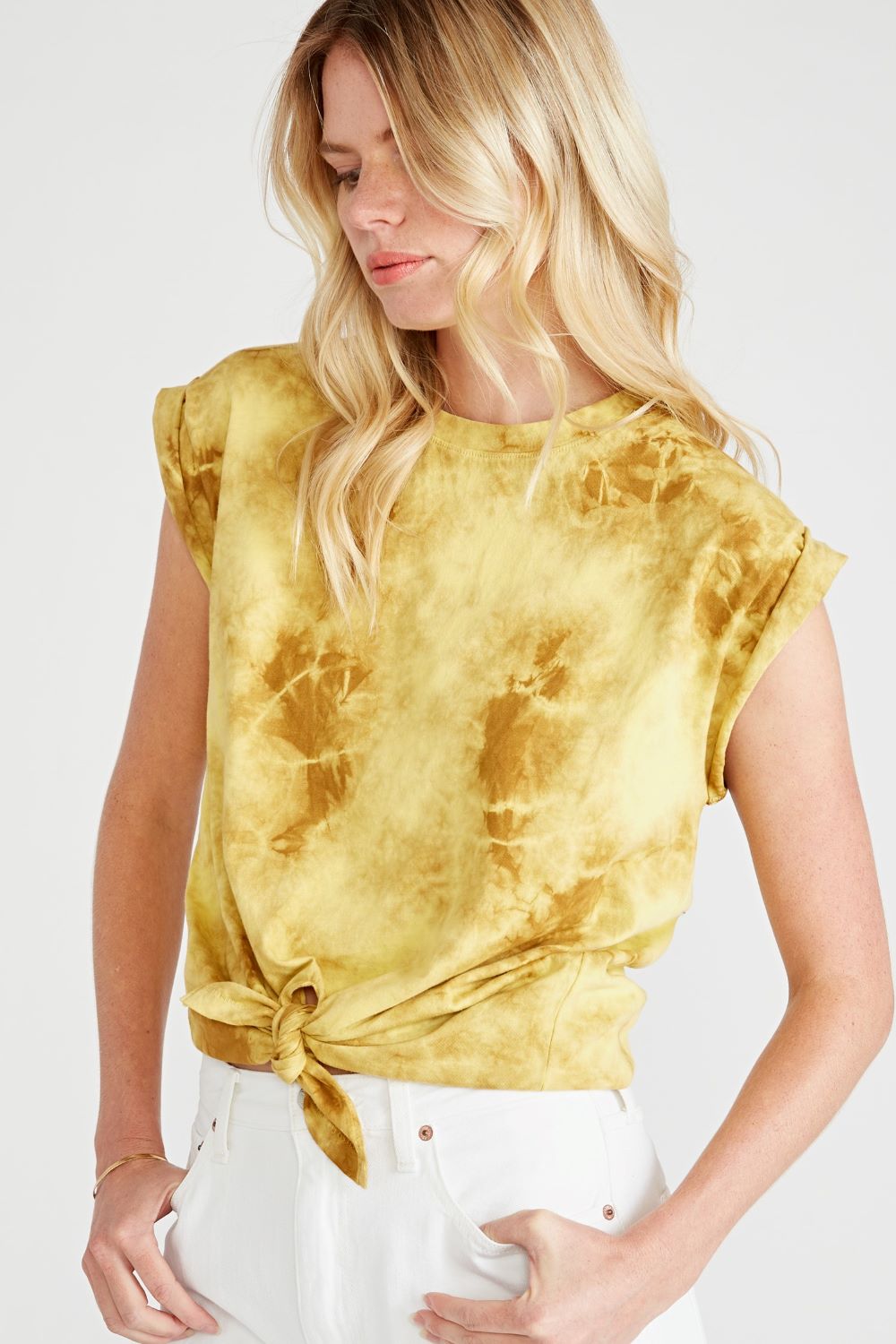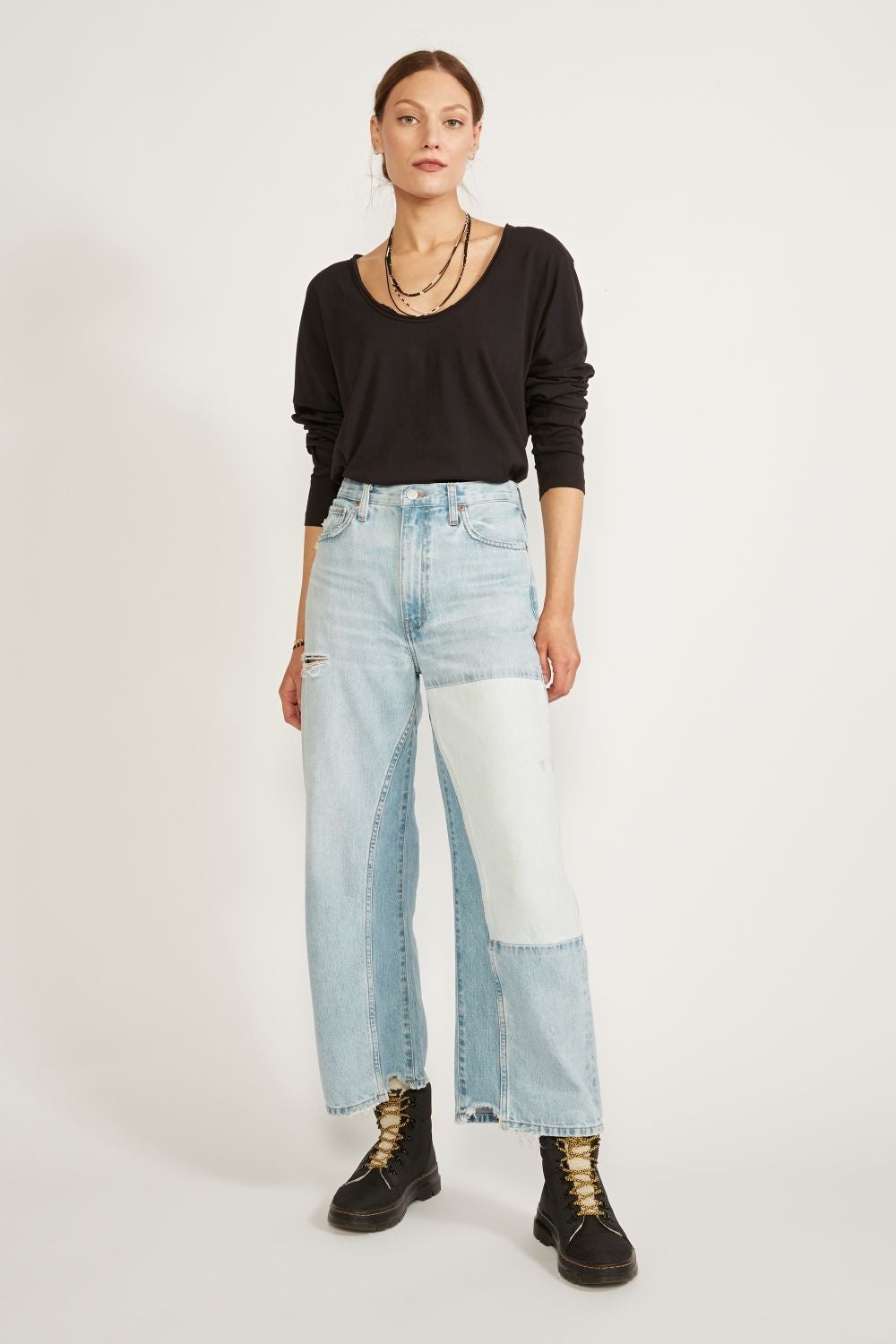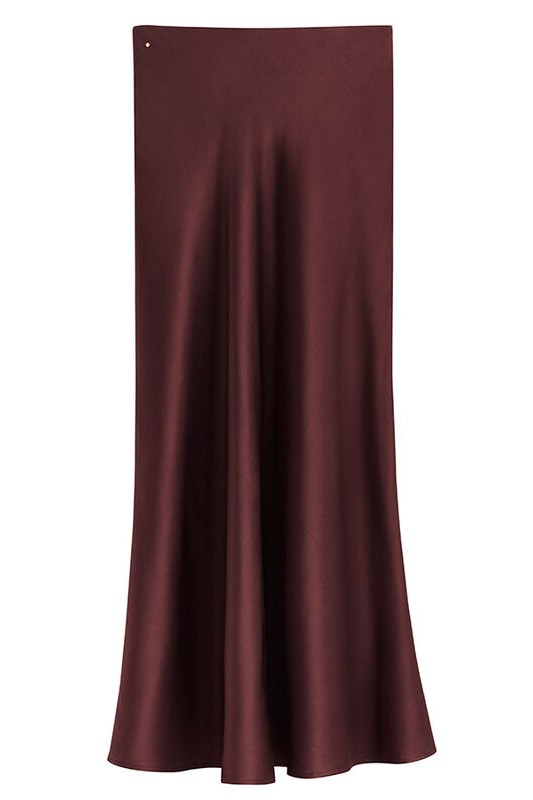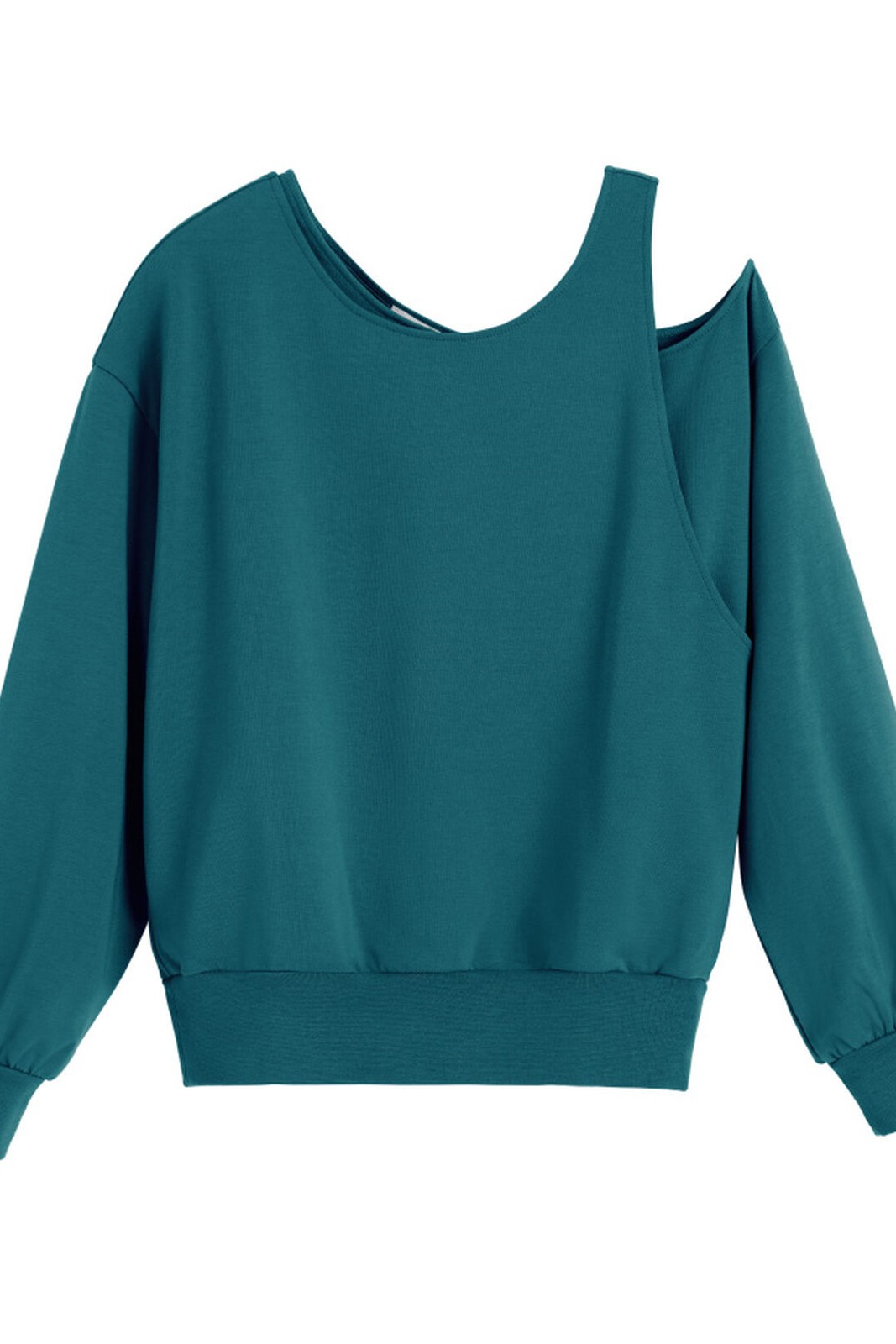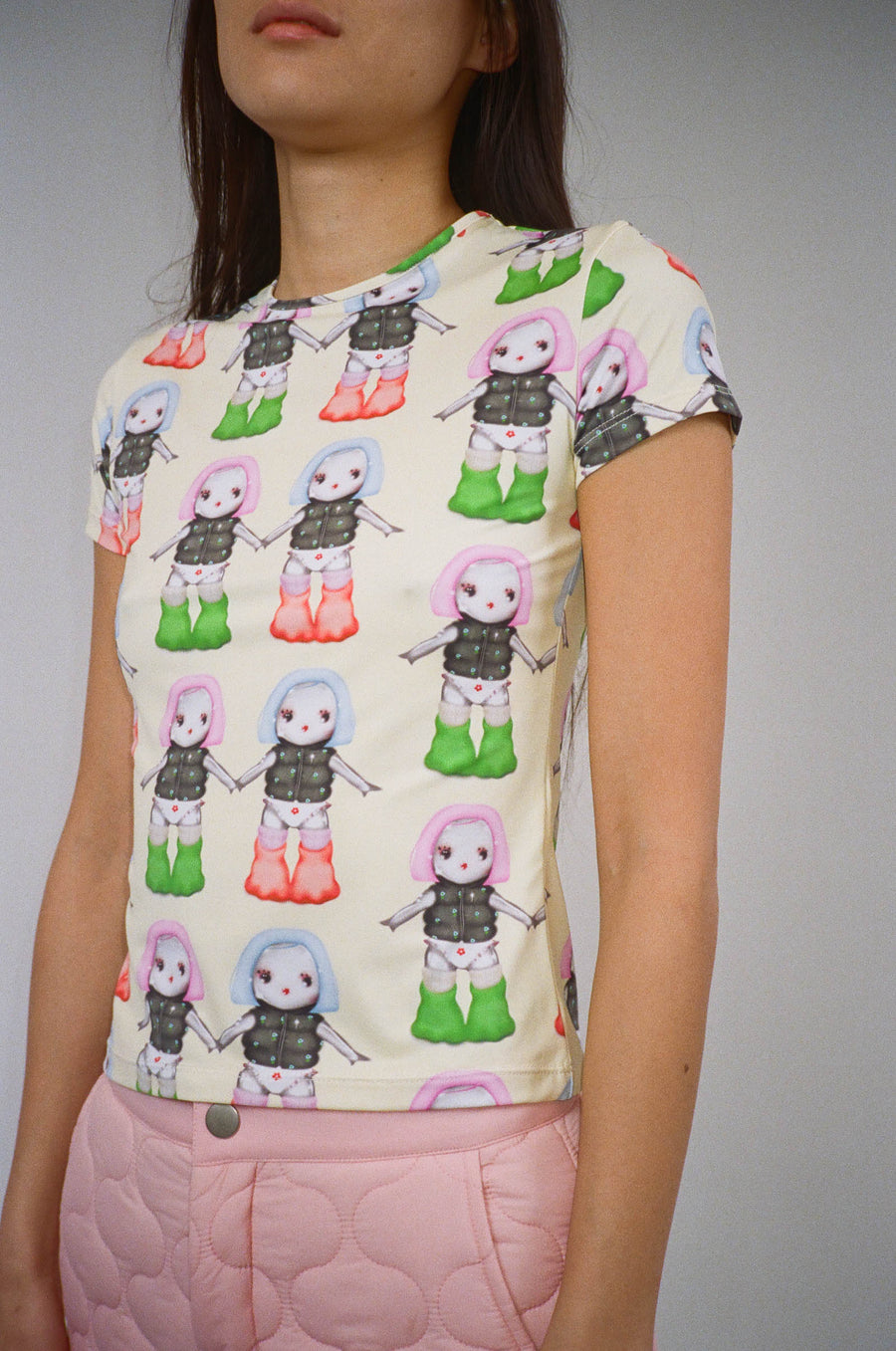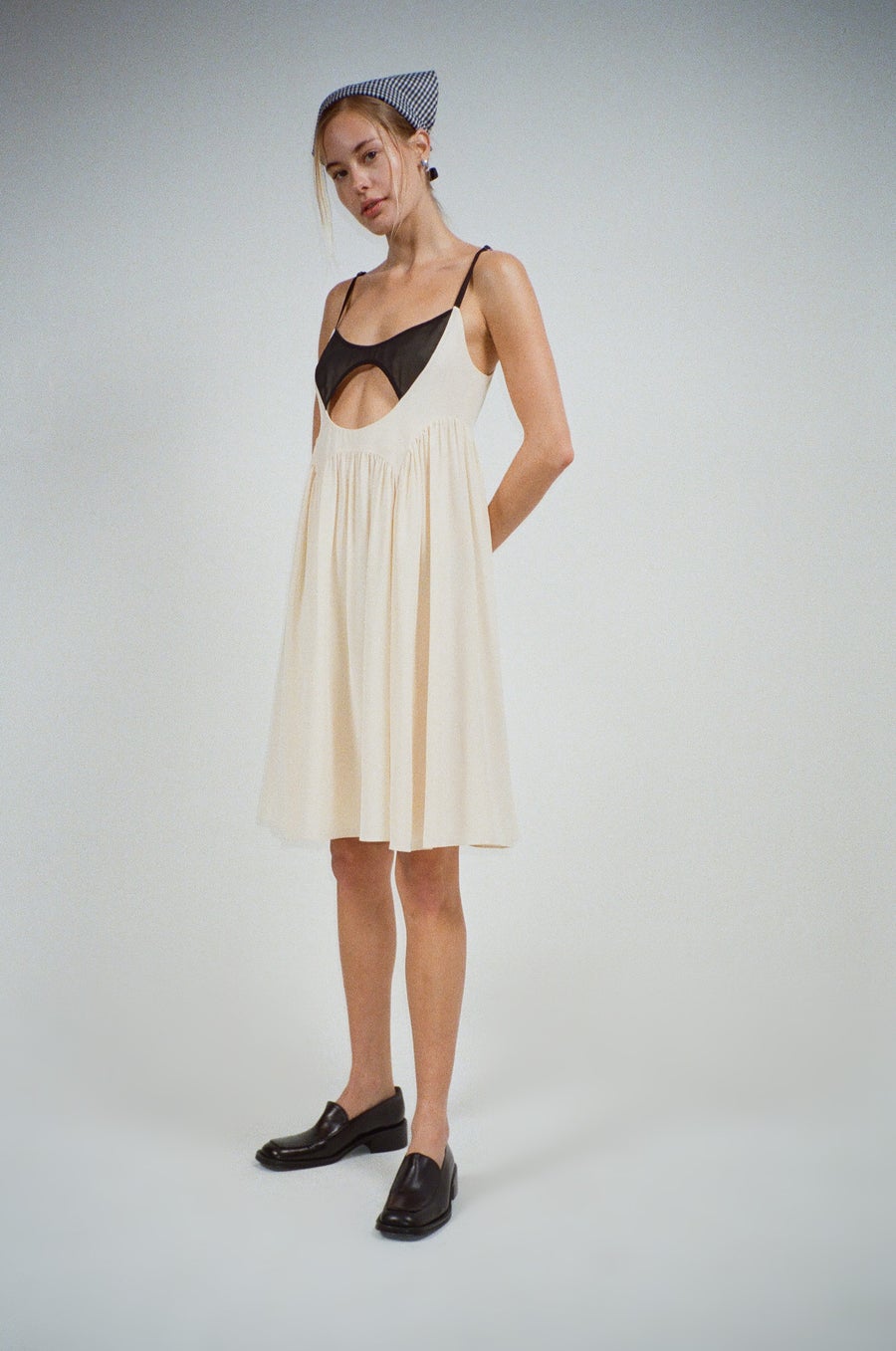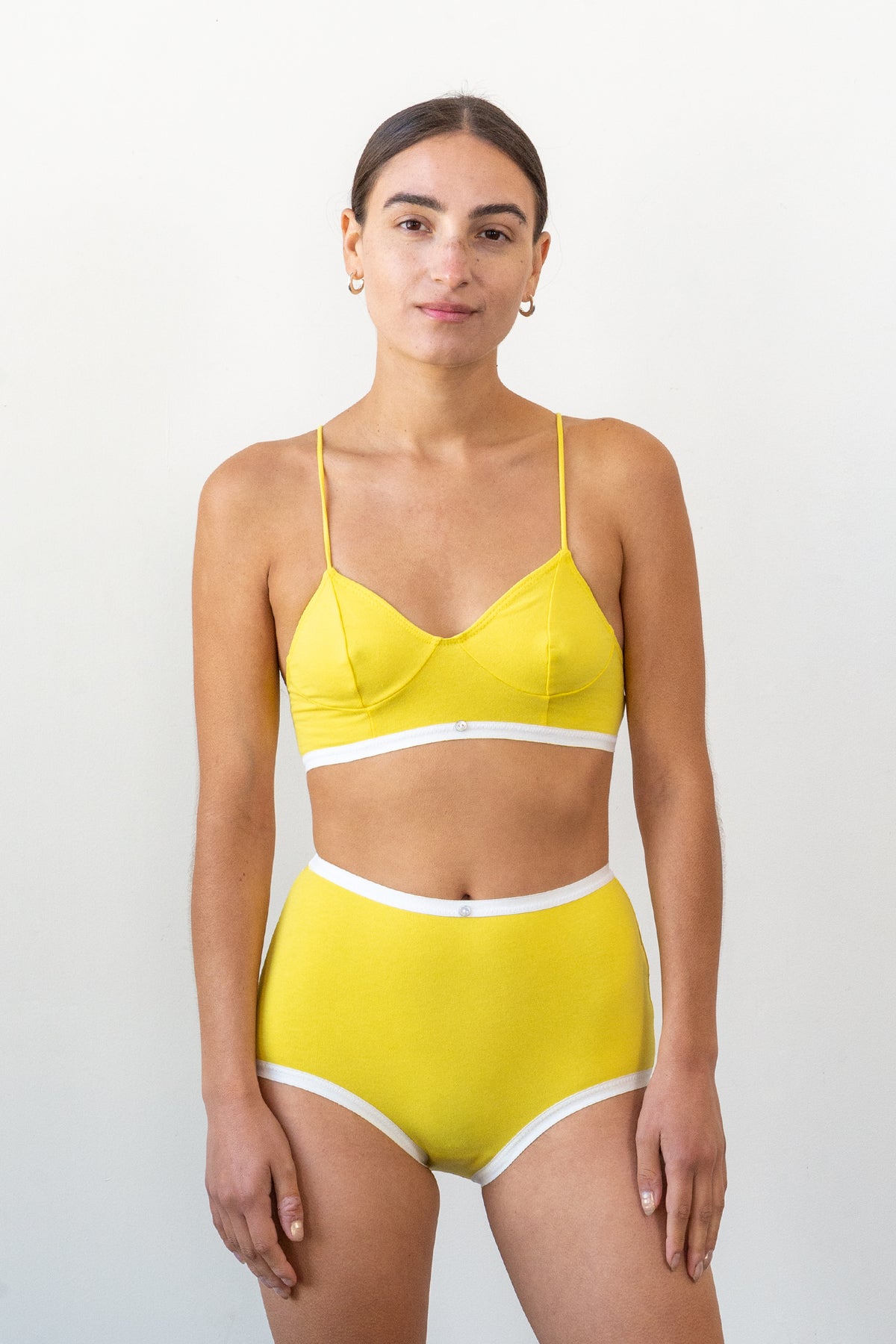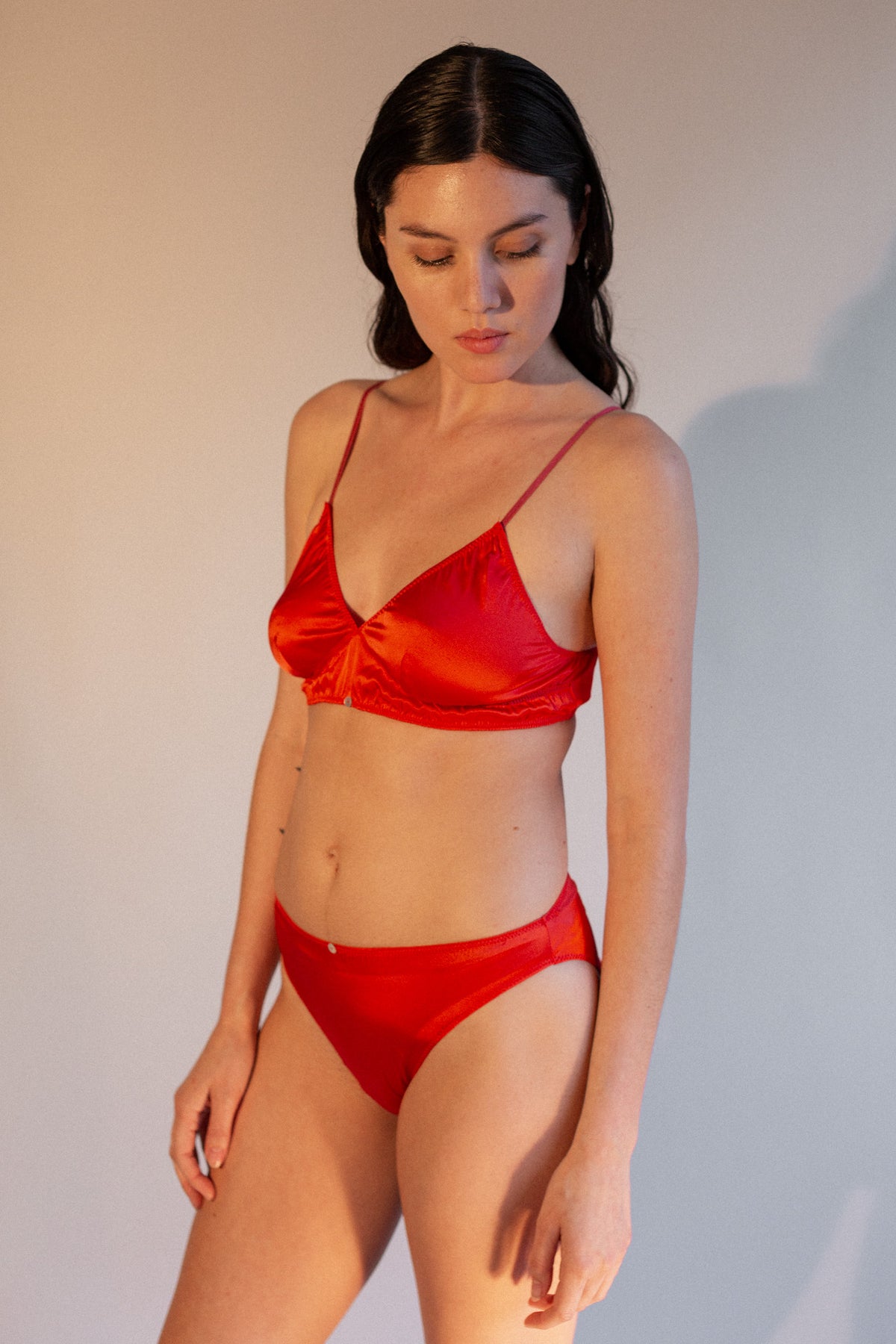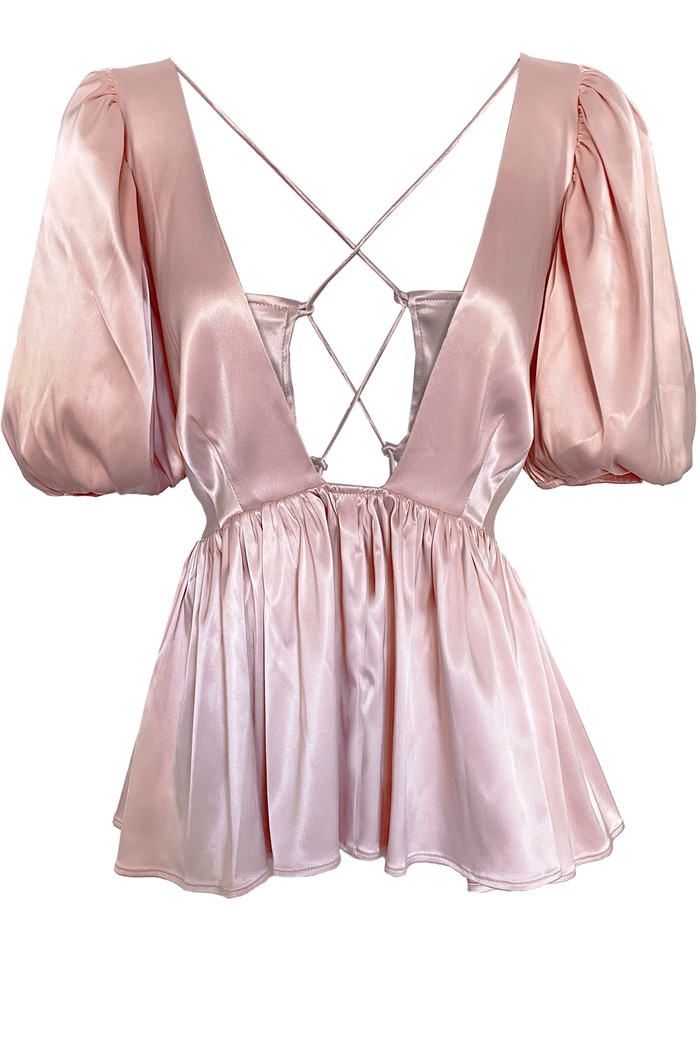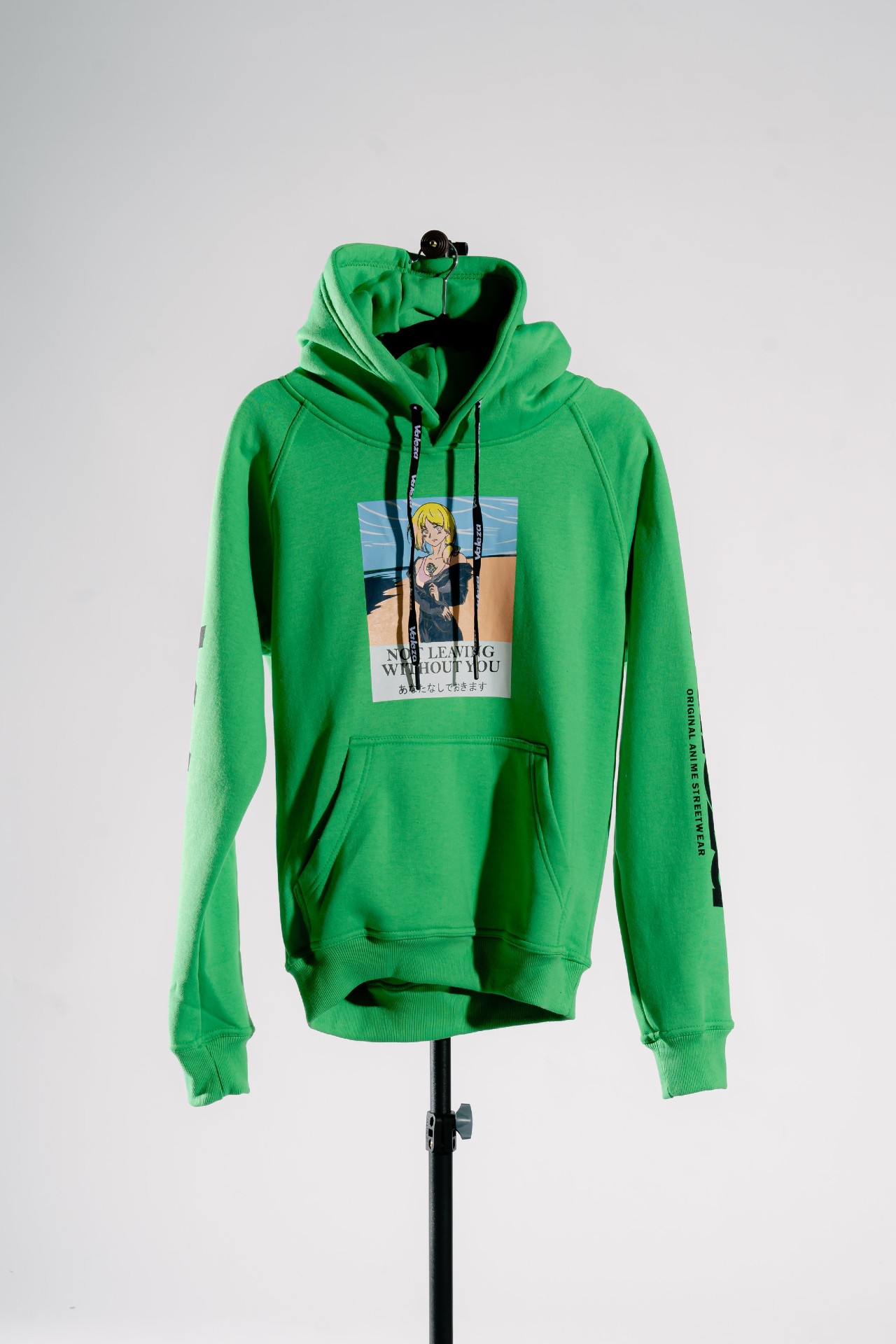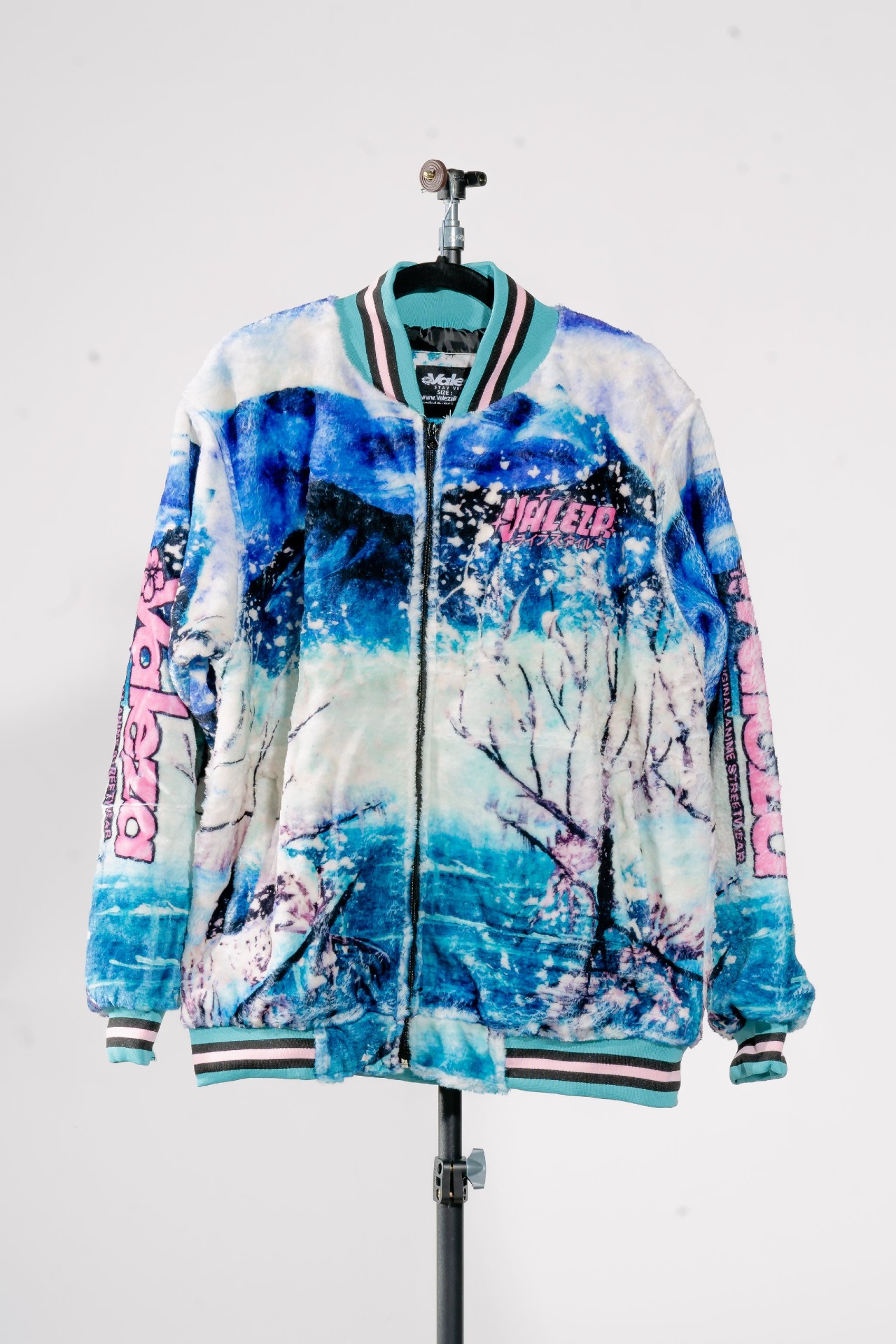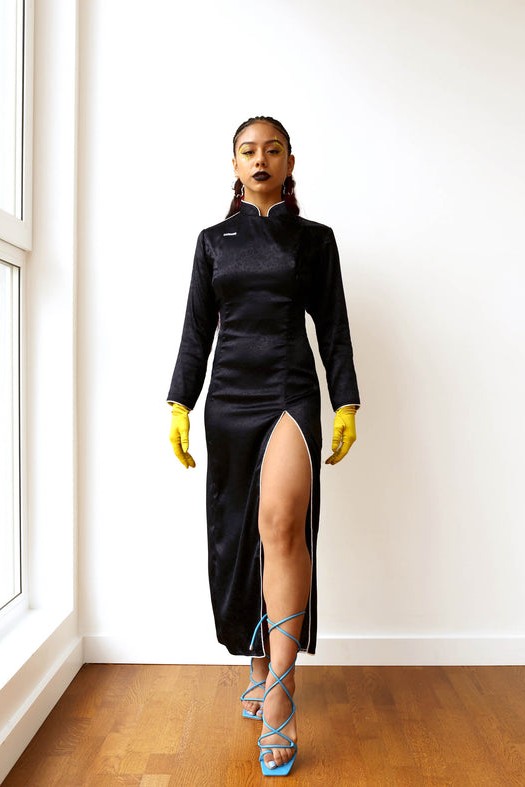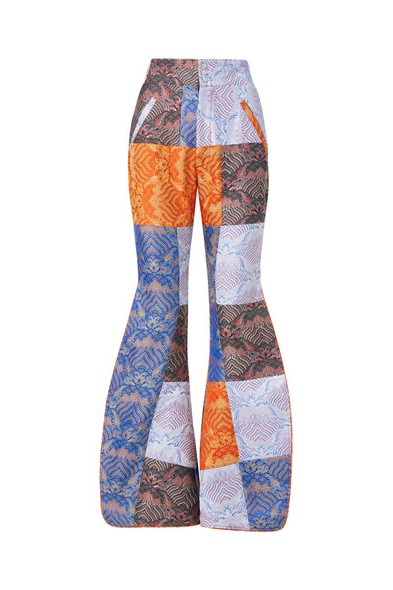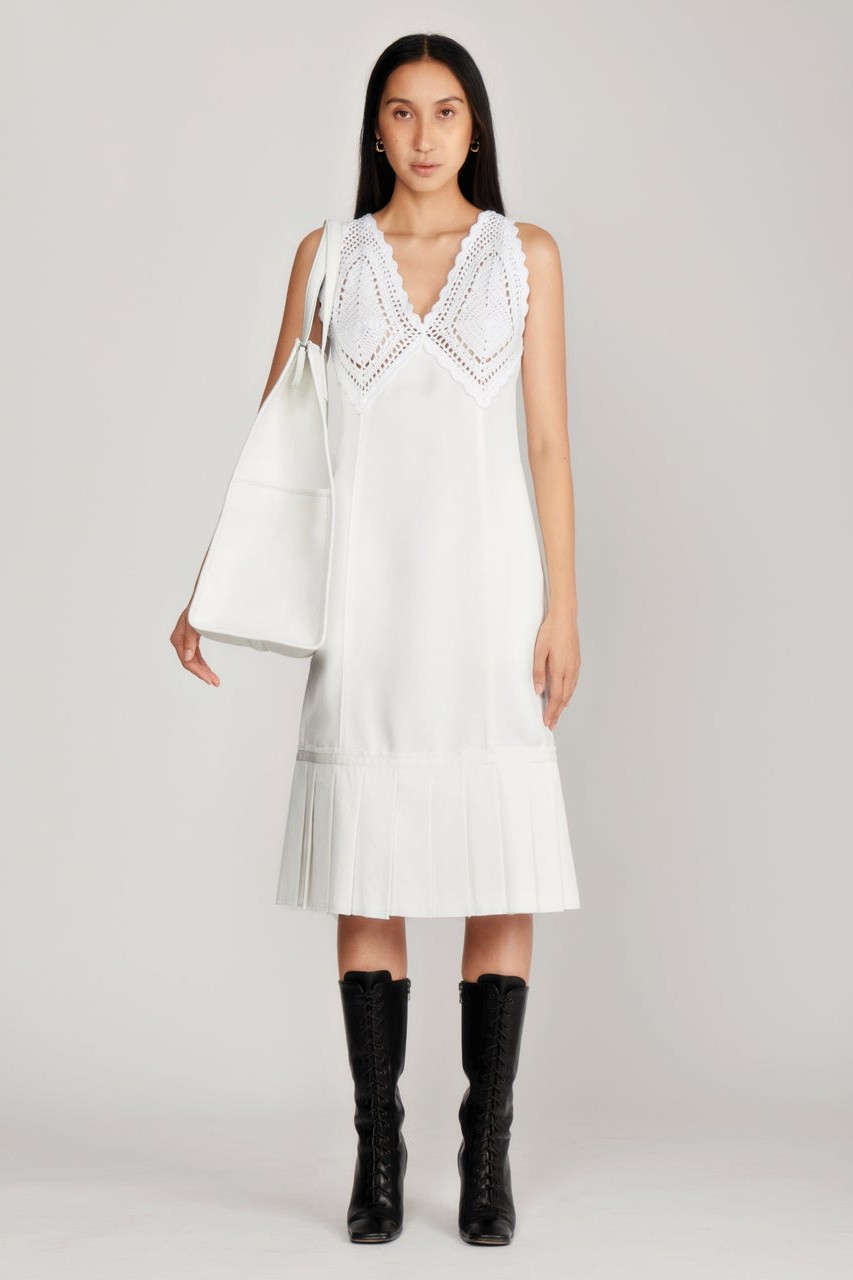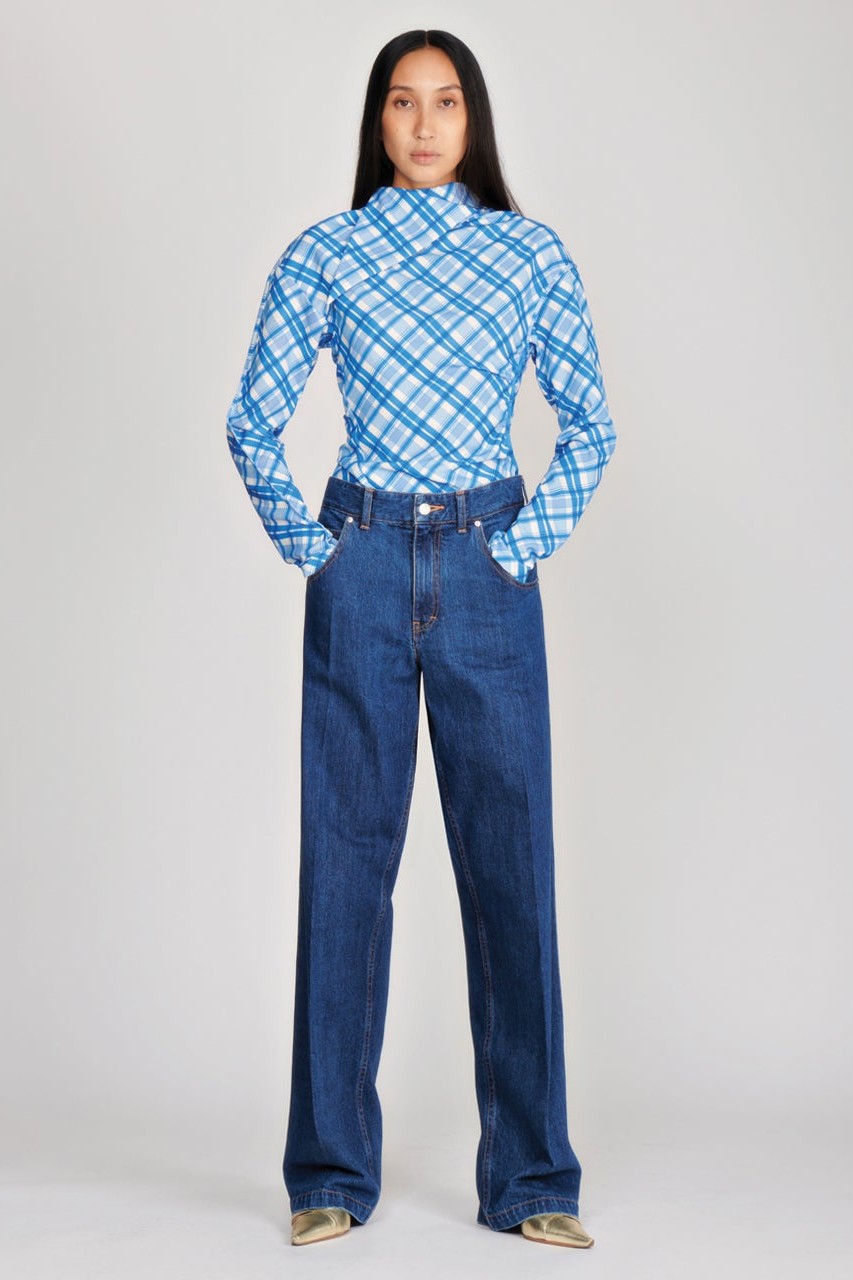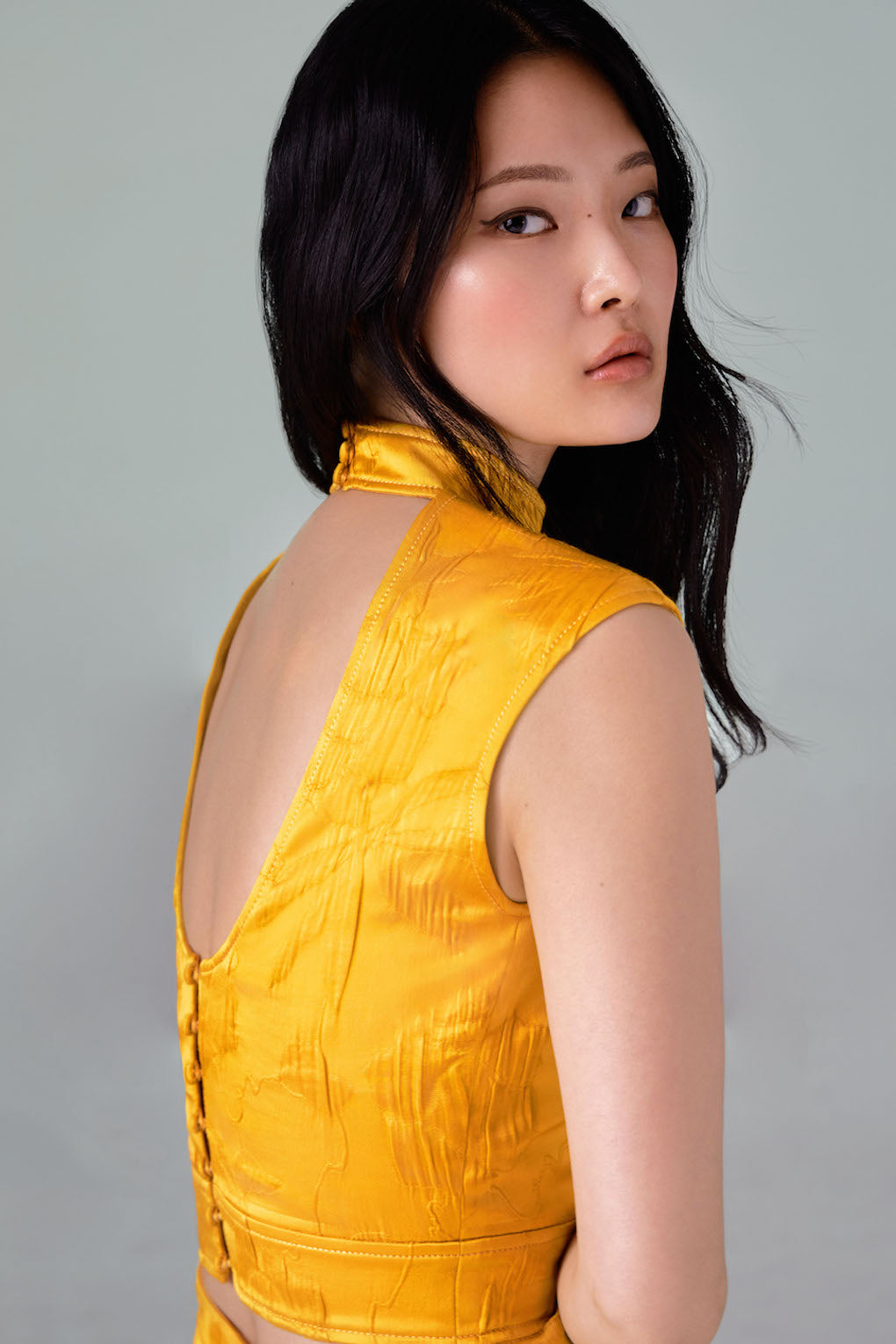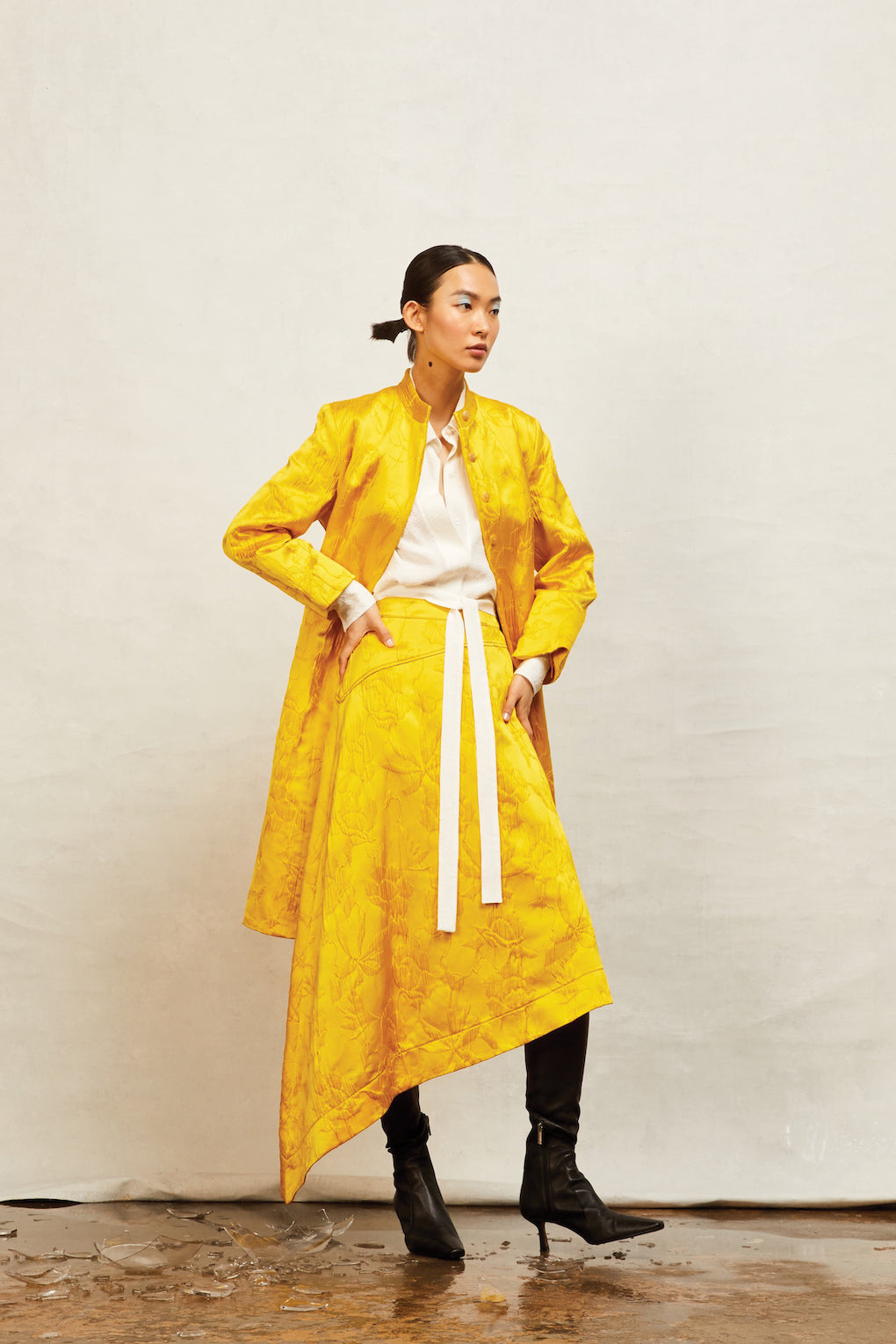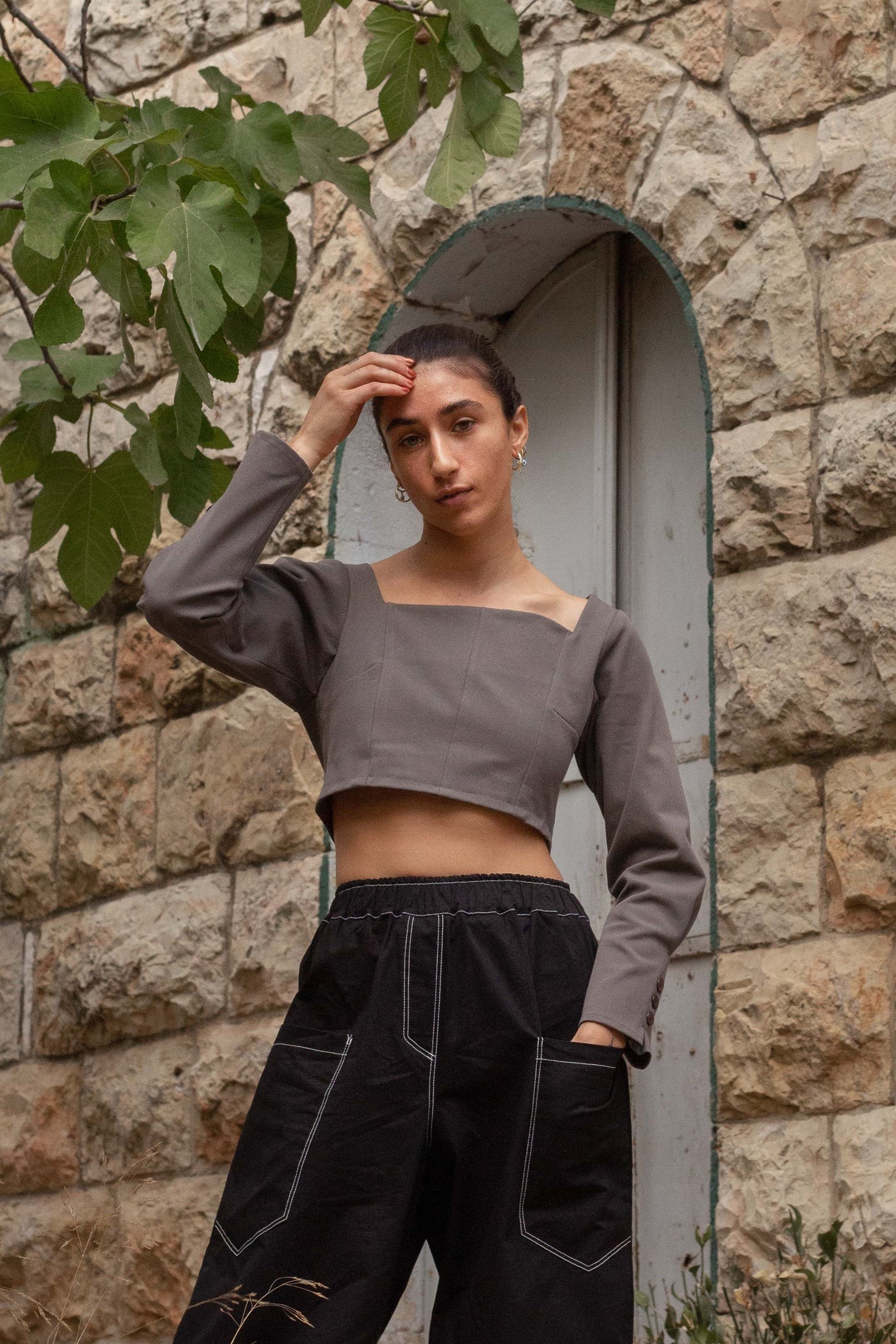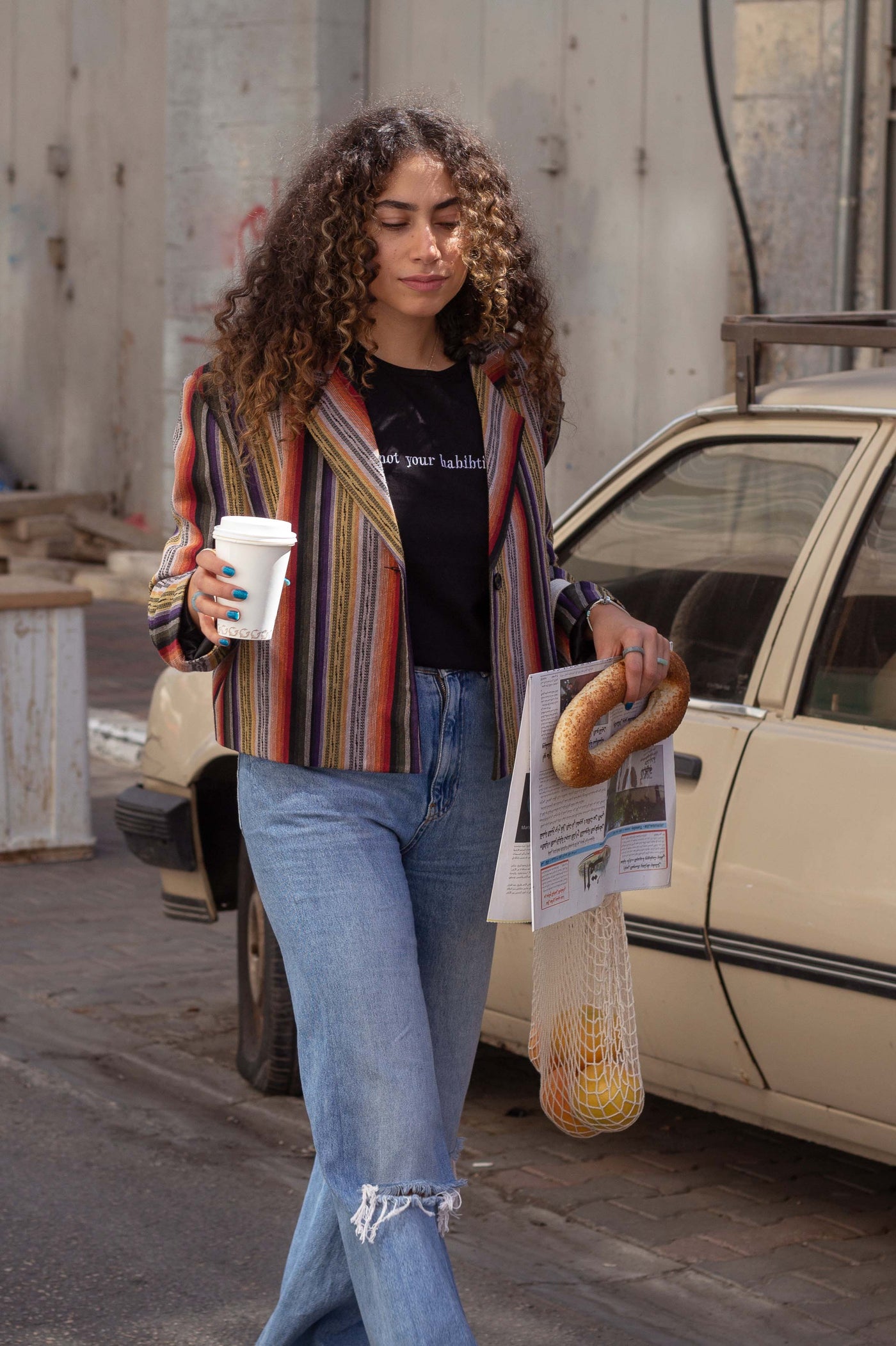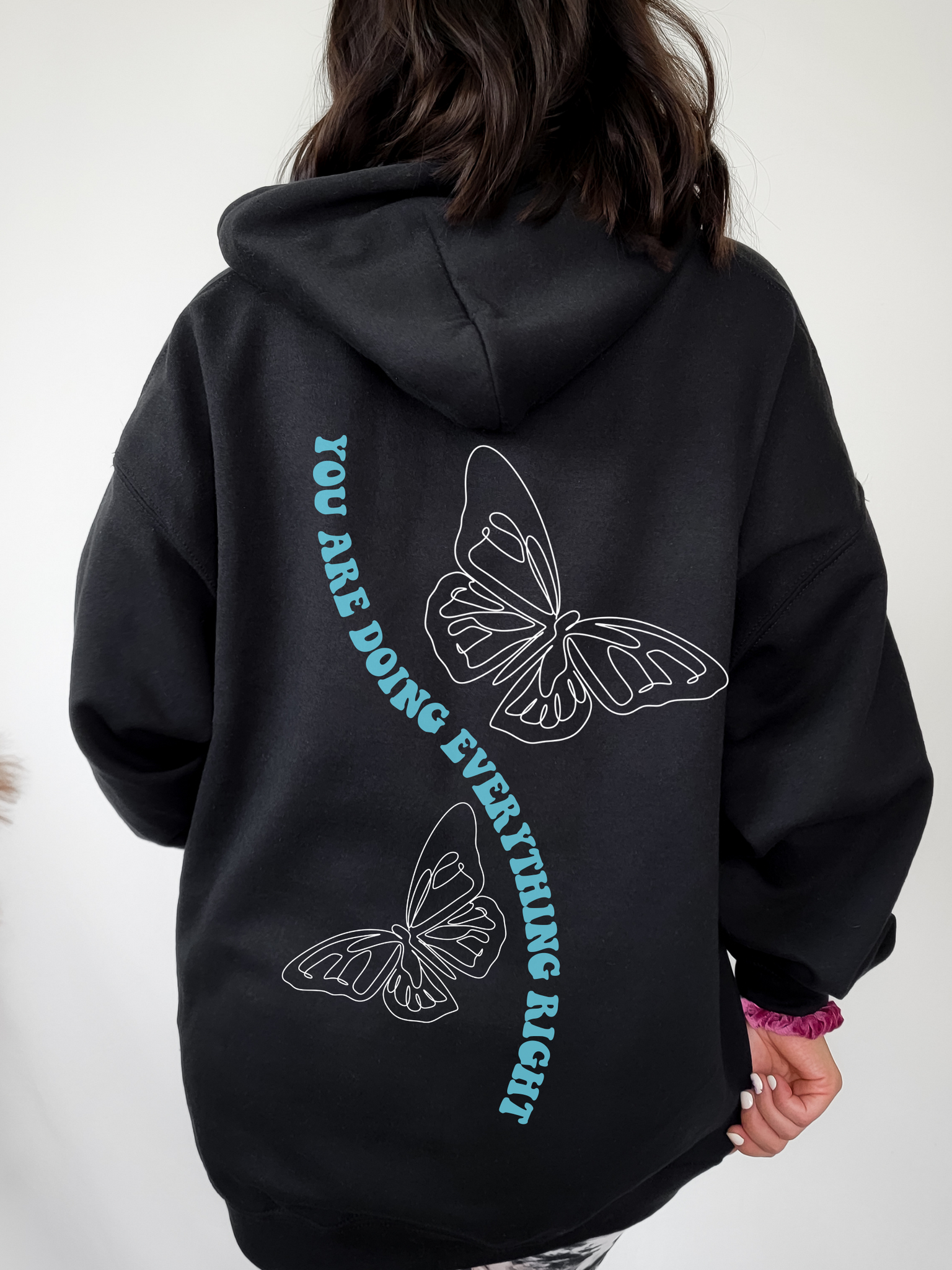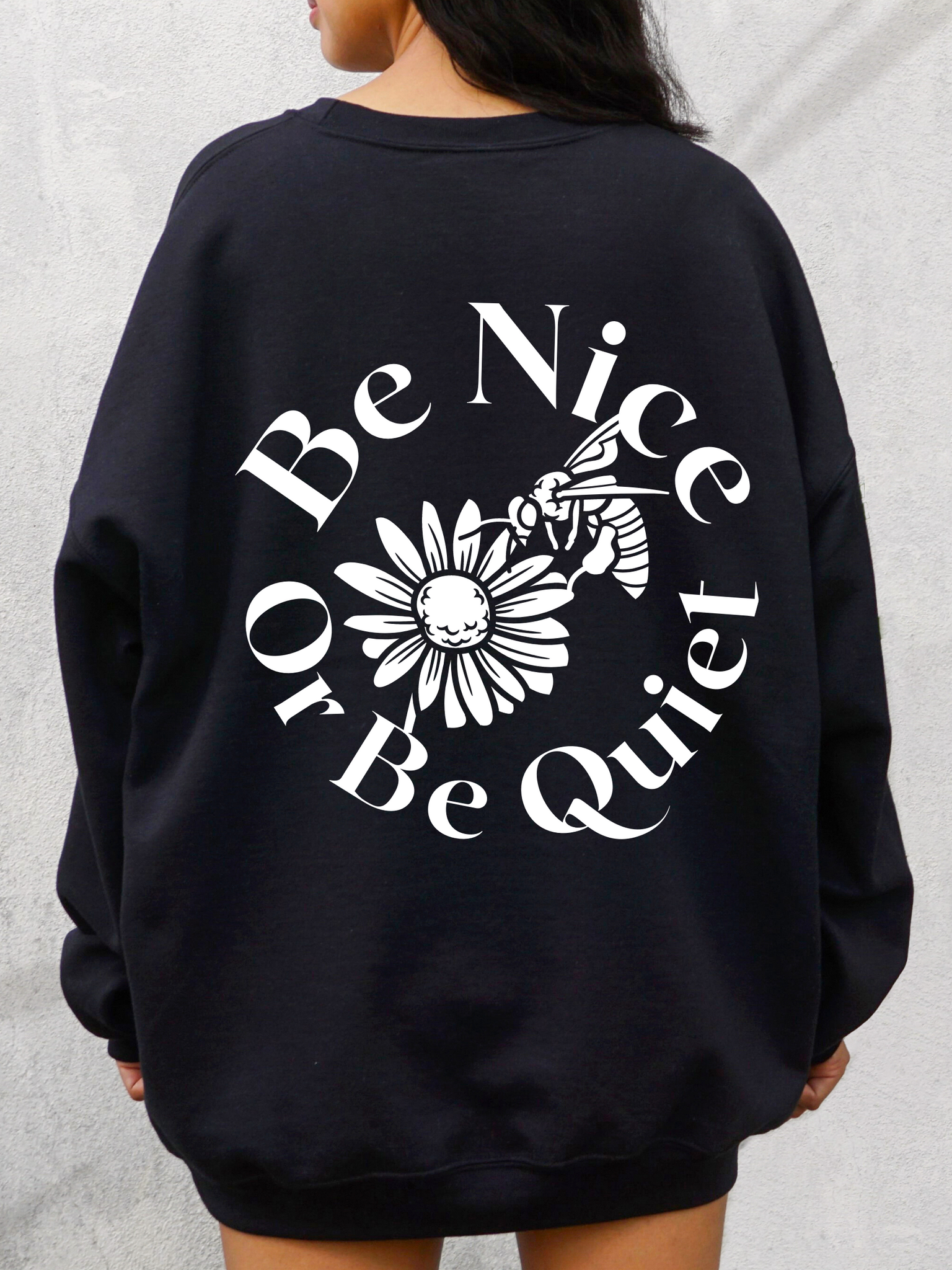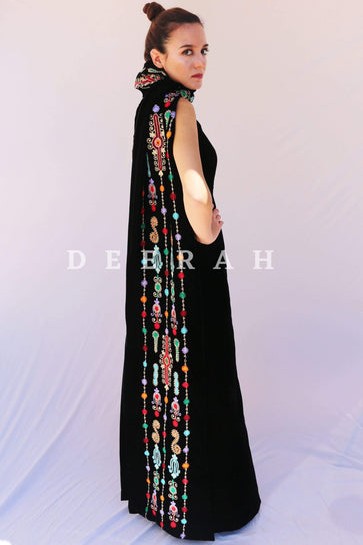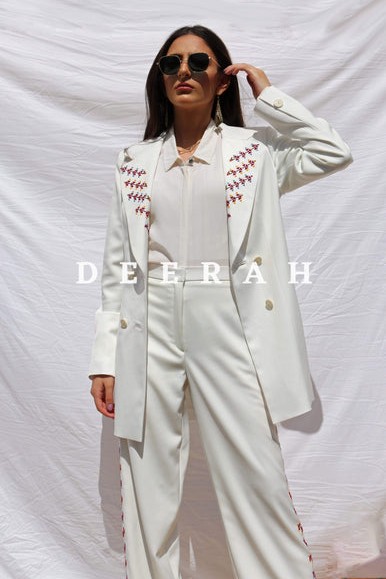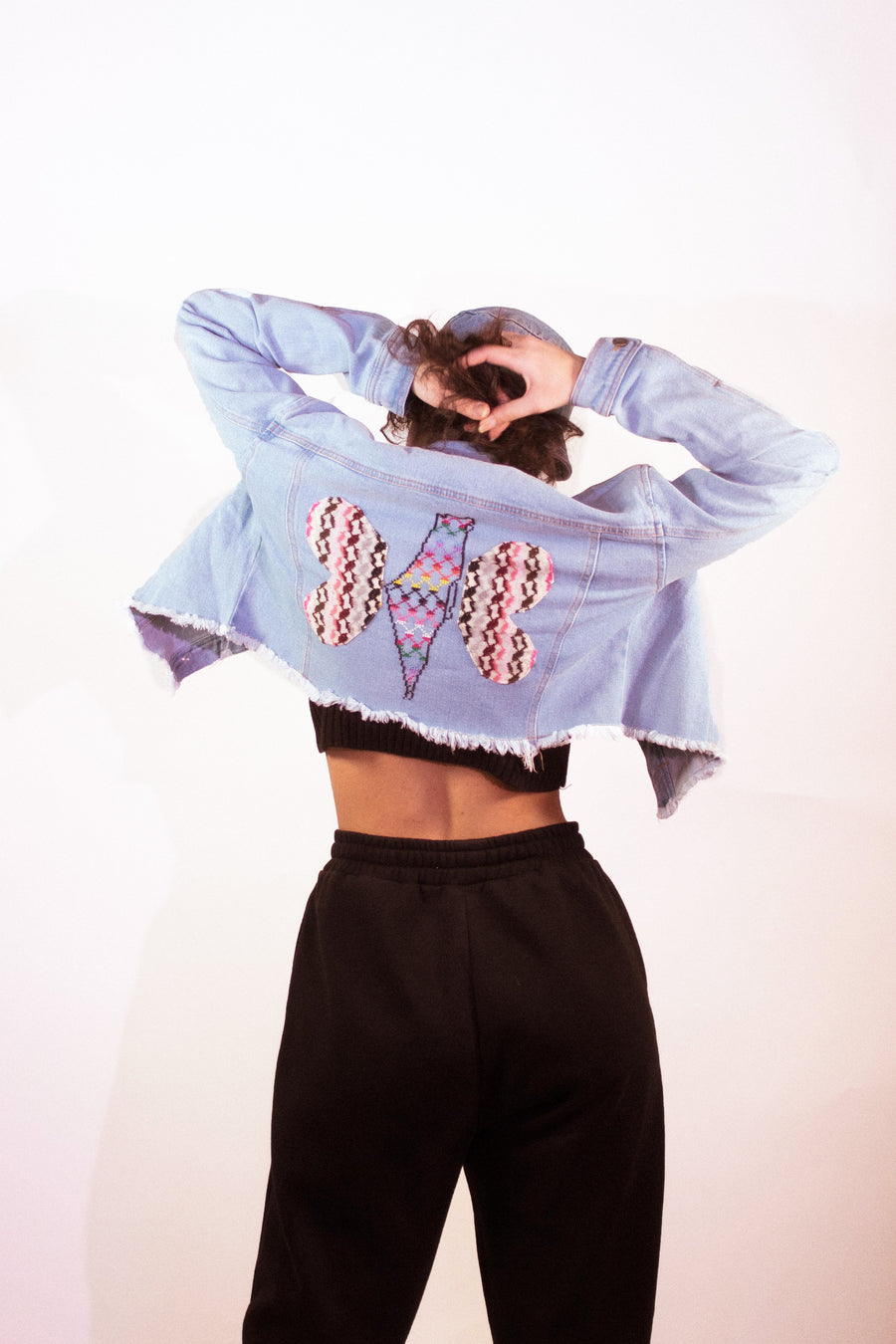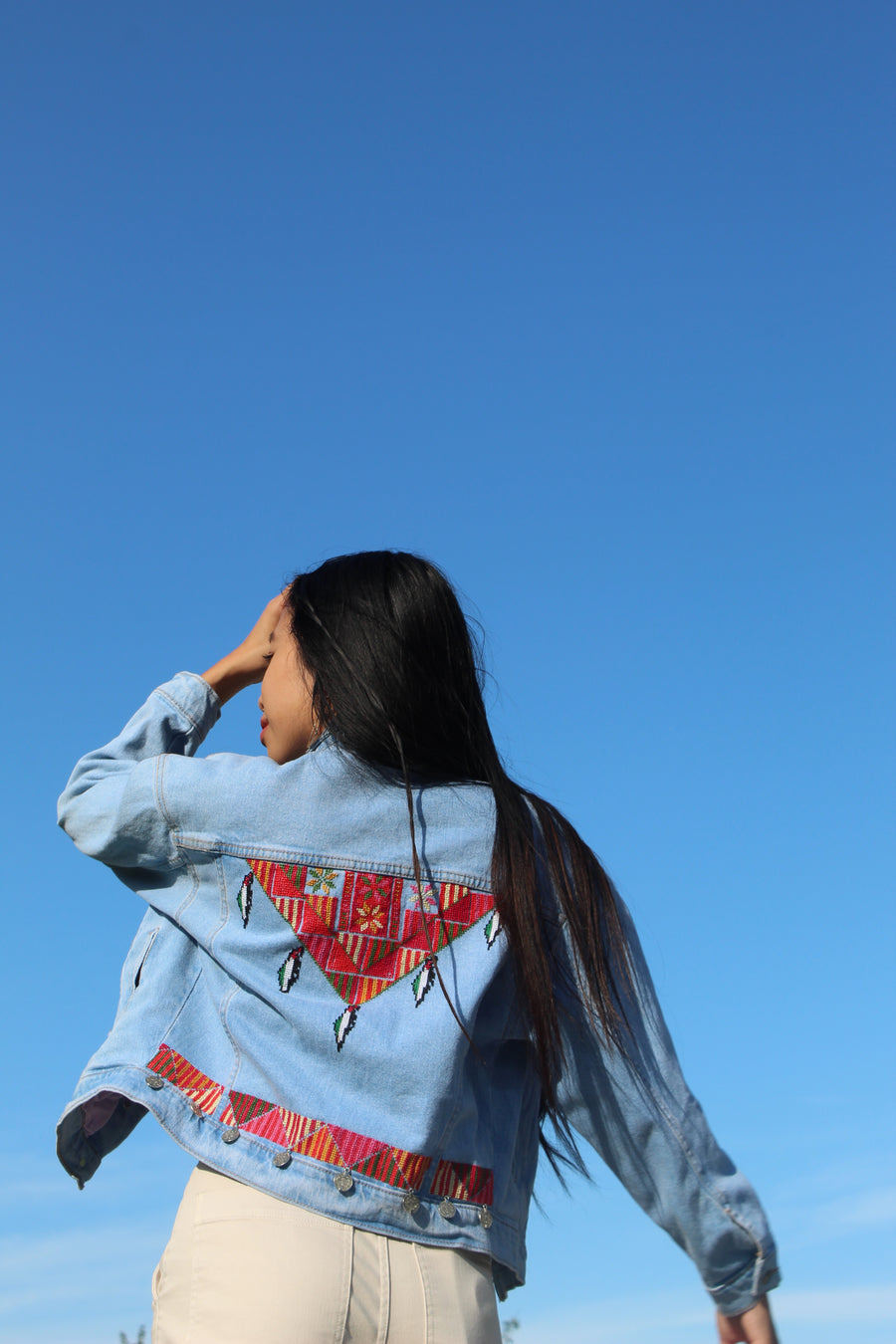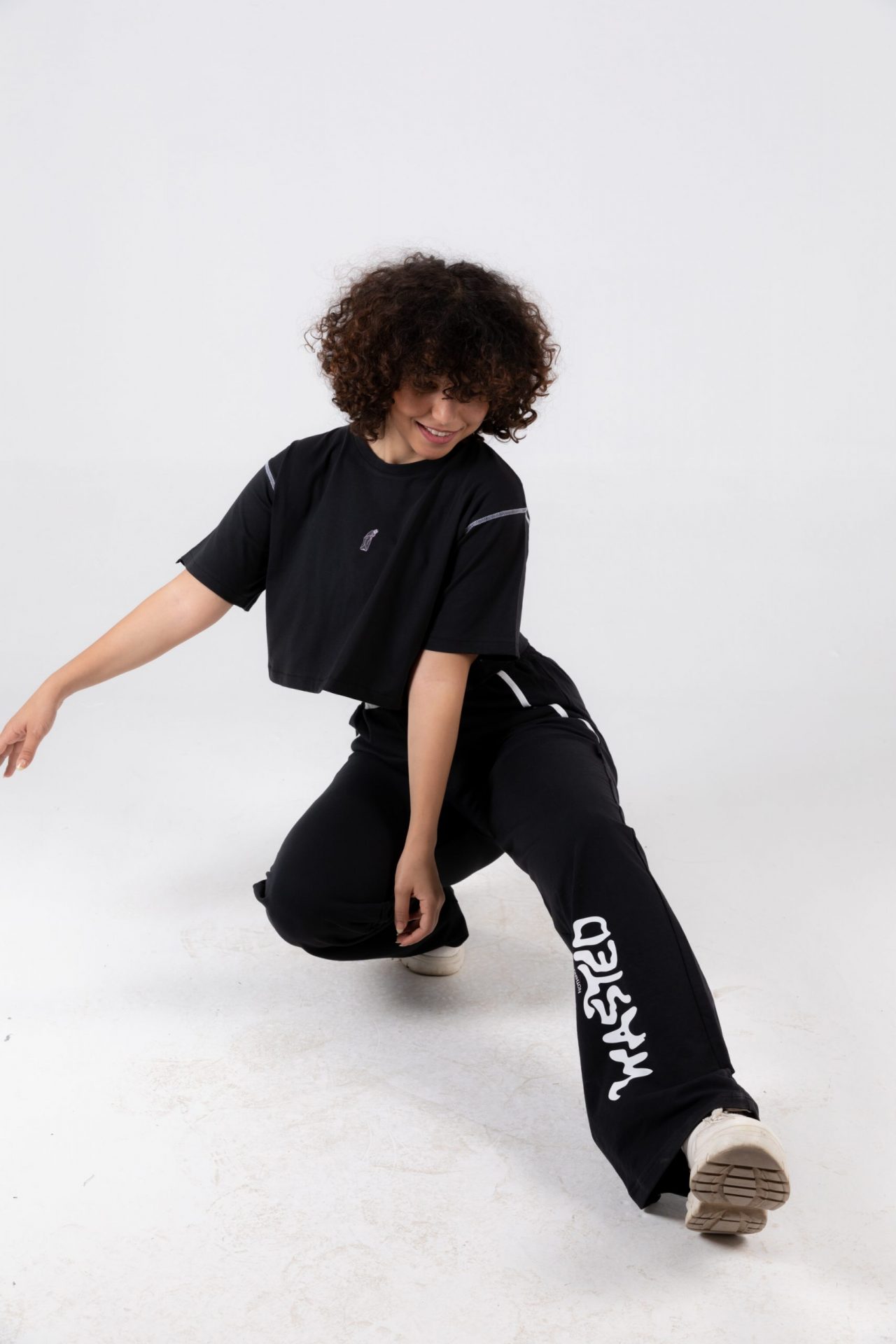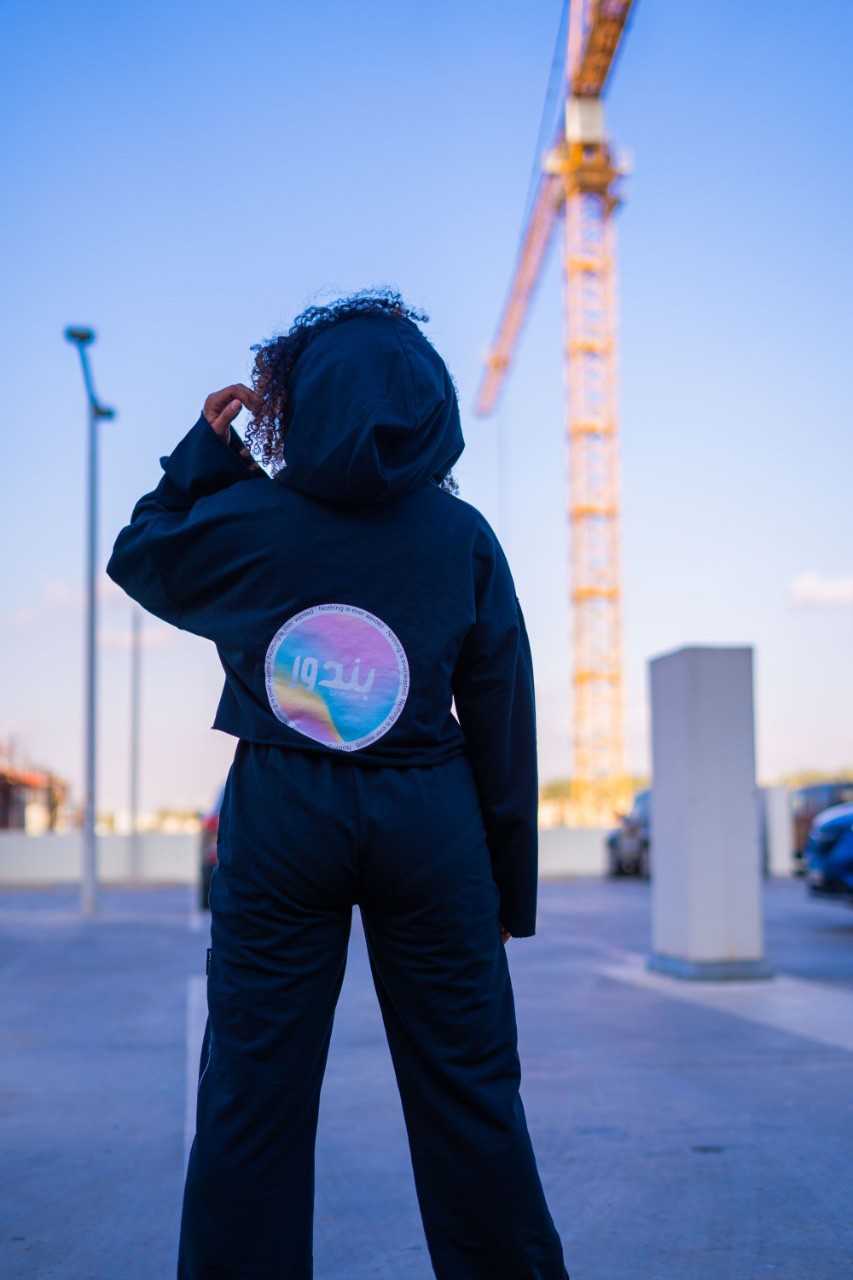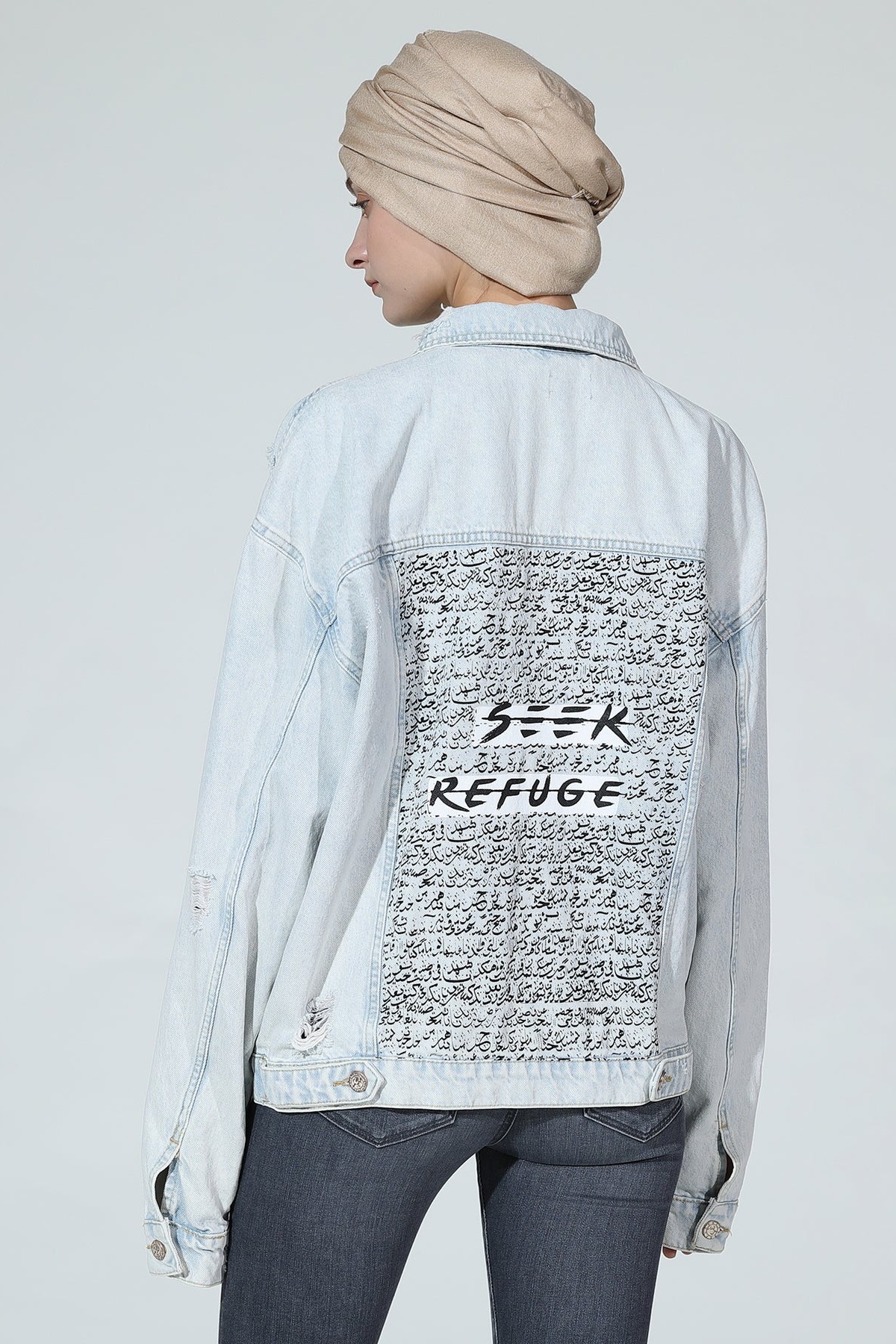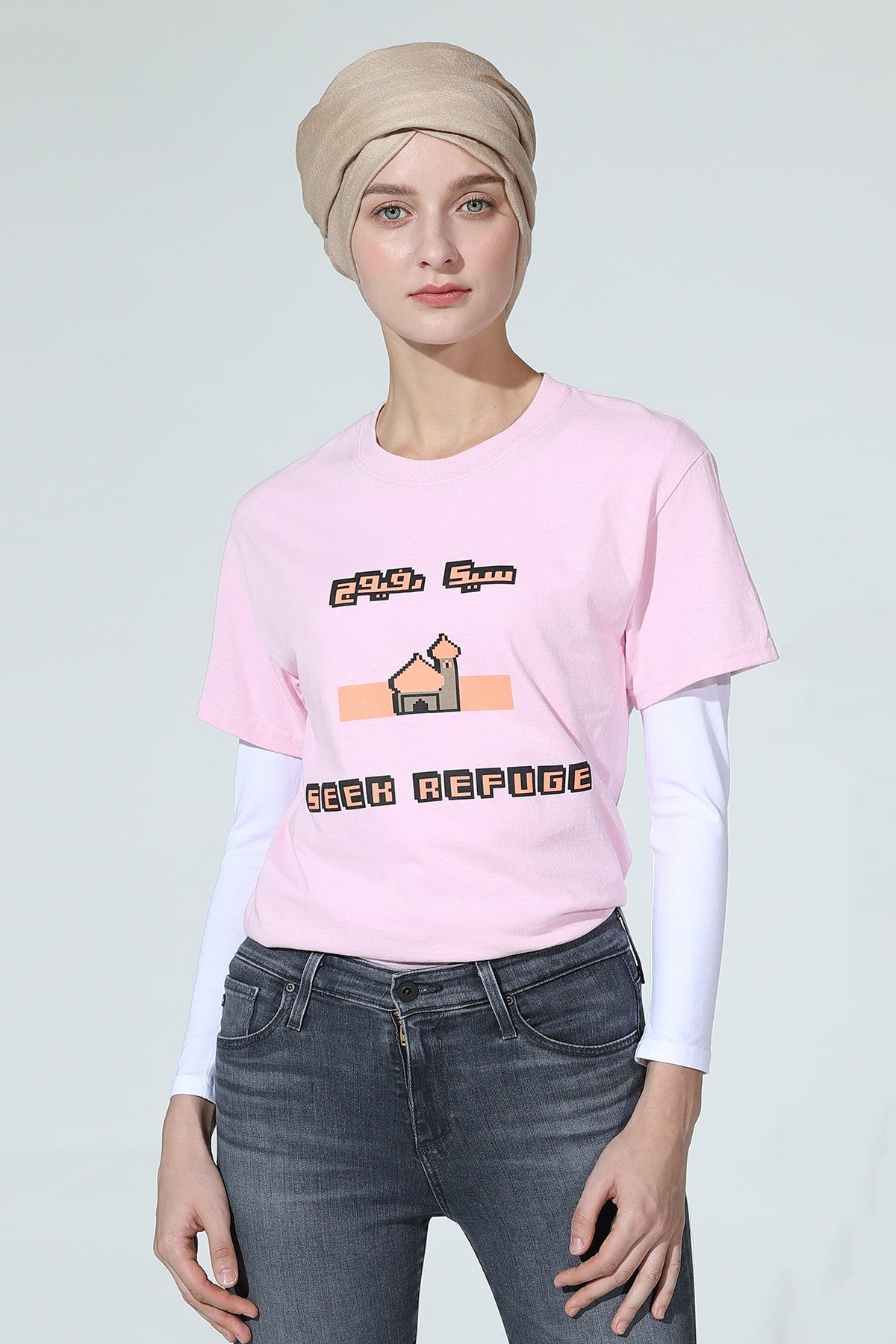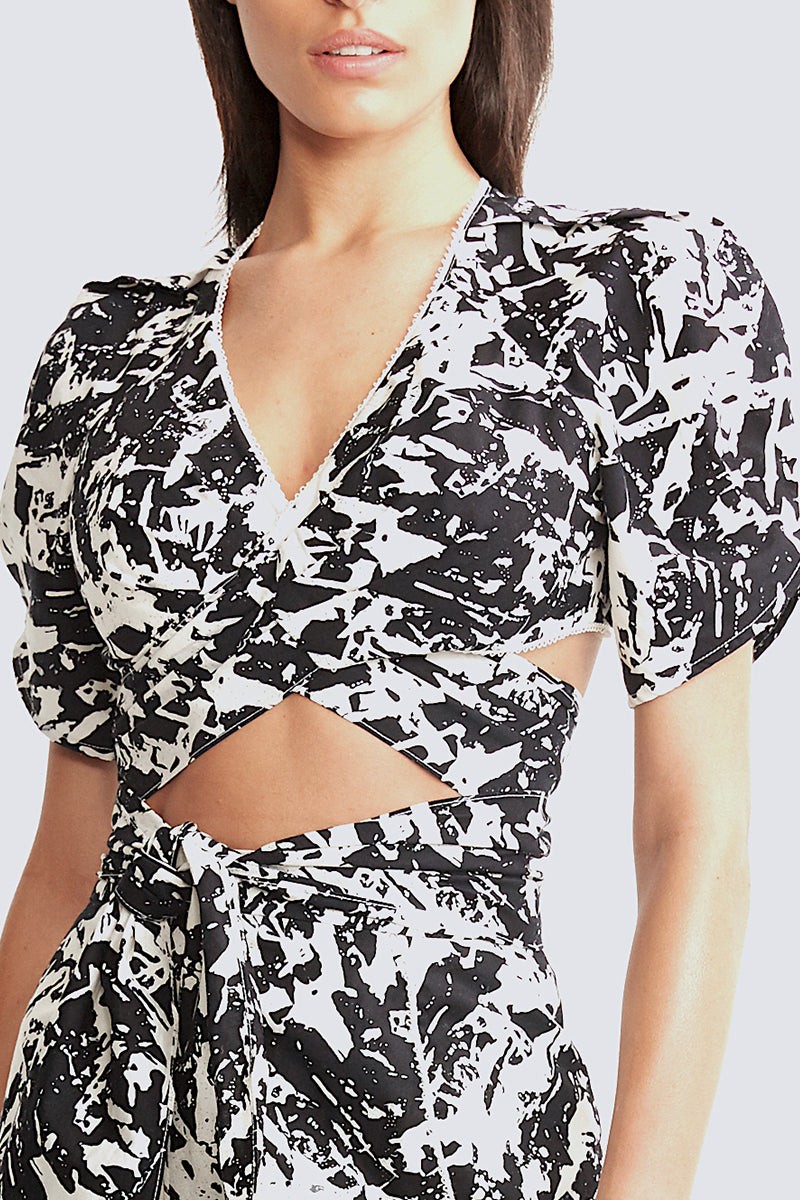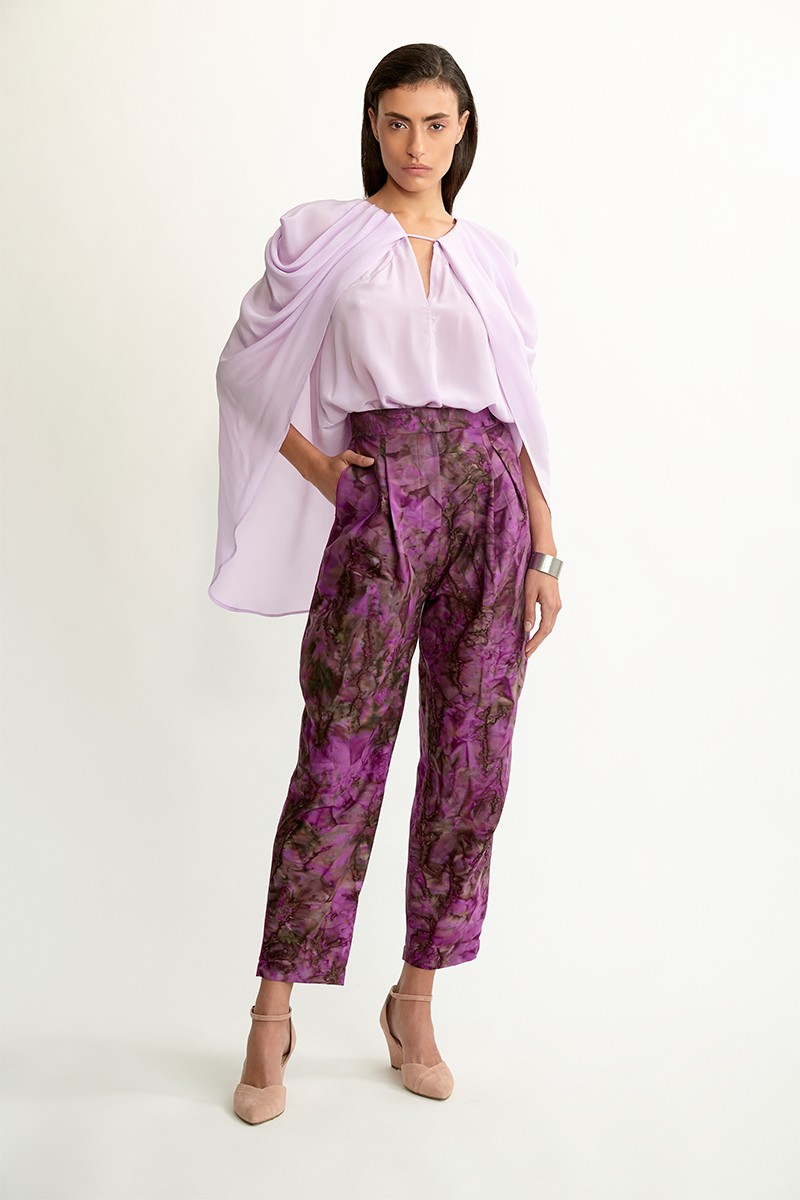35 BIPOC-Owned Fashion Brands to Know for 2023
Great clothes by great folks.
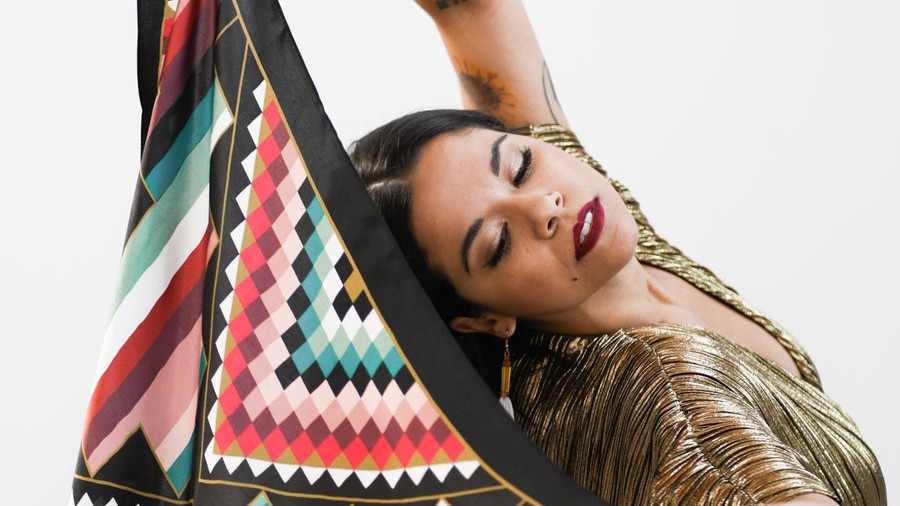
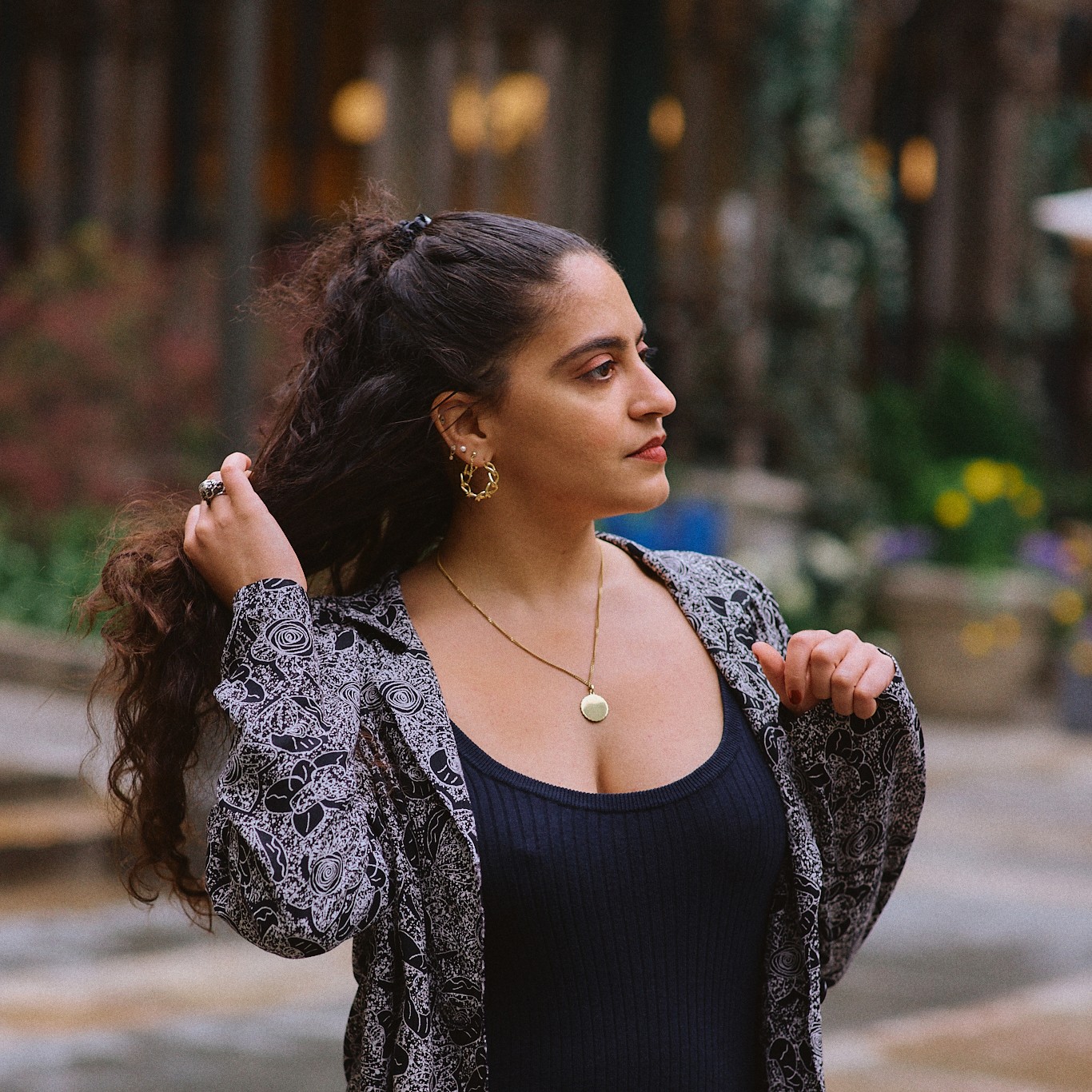
The term BIPOC is an acronym for Black, Indigenous, and People of Color. For many people, it's a relatively new phrase. For BIPOC folks like me, though, this word highlights our humanity by focusing on individuals and their identities. Compare the inclusive word BIPOC to, say, "minority" or "marginalized"—terms that are exclusionary, trauma-first, and over-simplistic.
While BIPOC people come from an immense array of different experiences and have unique traditions, cultures, successes, and challenges in our histories, we all have one thing in common: In the Western world (particularly in the United States), we have too often been underrepresented and oppressed, our businesses and creative work cast aside in favor of more dominant, hegemonic white-owned businesses.
BIPOC women are especially affected. The National Partnership for Women and Families reports that, on average, Native women make 60 cents to every dollar that white men make. Latinx women earn 57 cents; Black women earn 64 cents; and, as a partial result of anti-Asian hate during the pandemic, AAPI women's earnings have plummeted to a staggering 52 cents to every dollar white men make. Compare this to the (still endlessly frustrating and maddeningly misogynistic) 79 cents to the dollar that white women make.
These societal blind spots—along with the poverty, prejudice, and lack of basic resources that many BIPOC people face—means that countless BIPOC-owned businesses exist right under all our noses without ever gaining the recognition or turning the profits that their white counterparts do. If you've never shopped from an Indigenous-owned business, for example, it's not because they don't exist. It's because such brands rarely get the spotlight.
At Marie Claire, we believe in standing by brands whose values we can get behind. So many of the 35 brands listed below give back to and advocate for their communities, and, being that BIPOC communities are disproportionately impacted by the consequences of climate change, most of these brands are also sustainable.
So, what are you waiting for? Take a look at these fabulous, ethical, unparalleled brands below, and get ready to write a long fashion wish list.
Indigenous-Owned Fashion Brands
Due to geographical and cultural exclusion, lack of infrastructure, and centuries of oppression, Indigenous people experience poverty at a higher rate than any other ethnic group—and have much more difficulty overcoming it. In fact, many Native people live on less than $1.90 per day. This issue has only been exacerbated by the pandemic, which has disproportionately impacted Native peoples both economically and in terms of community health.
The good news is that Native communities all over the country boast an incredible number of artists, entrepreneurs, and advocates who seek to uplift their communities and share their stories. Show your support by learning about the fashion brands below and rocking them on a casual Saturday, a typical workday, or an evening out.
4KINSHIP
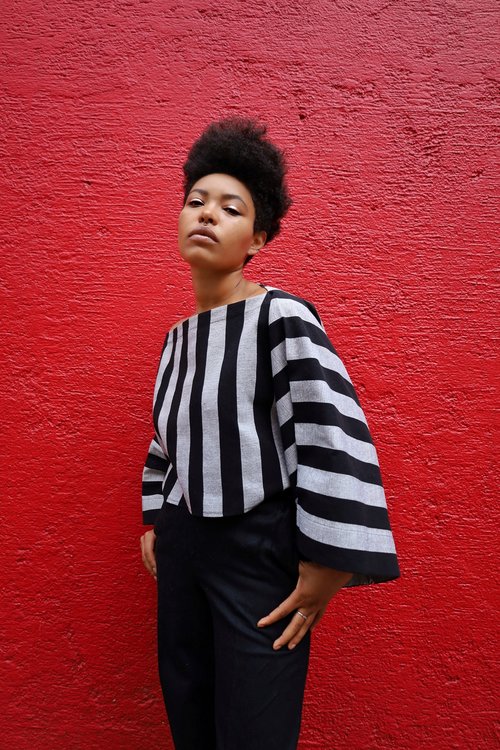
4KINSHIP was founded by Navajo woman Amy Denet Deal, and its mission is to promote unity and honor indigeneity through wearable art. The brand includes upcycled vintage clothing as well as sustainably made, small batch original pieces.
Lauren Good Day
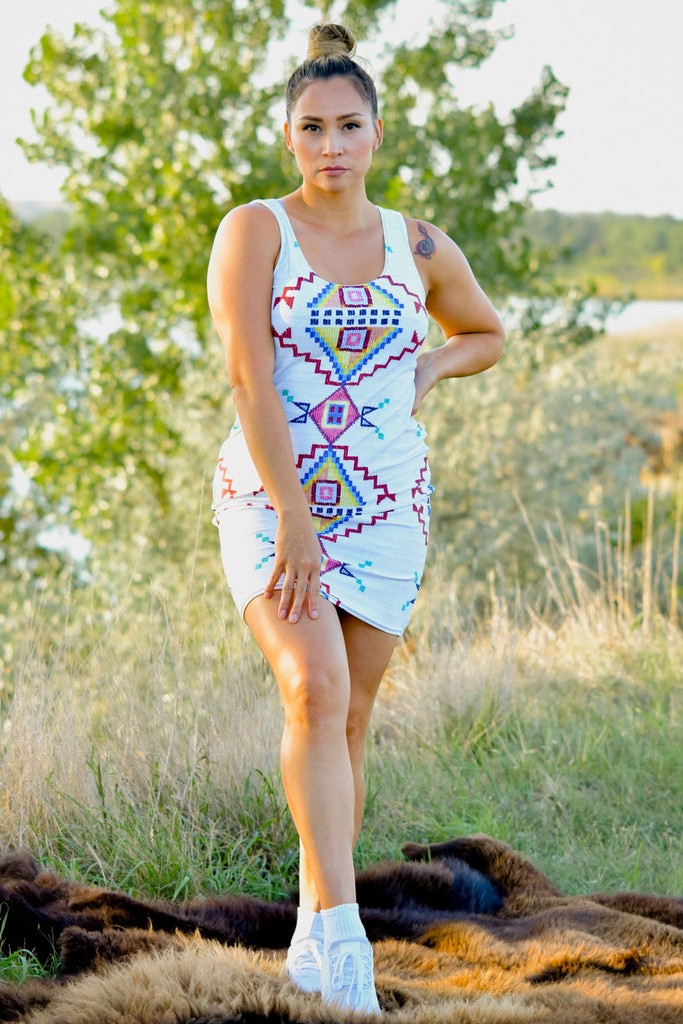
Lauren Good Day's eponymous brand celebrates her Arikara, Hidatsa, Blackfeet and Plains Cree ancestry. Good Day is an accomplished artist and fashion designer who is active in the Native communities of which she is a part. Her visual art is highly sought-after and has won multiple awards in addition to being displayed in museums across the U.S. Her site sells both wearable and traditional art, including wall hangings, drawings, prints, apparel, and accessories.
OXDX

OXDX is a fashion label with a decidedly edgy, often activism-centered slant. Its pieces are produced by a small group of Indigenous artists and designers who aim to use fashion and visual art to tell indigenous stories. Their clothing is hand-printed with love in-house, with sustainability kept top of mind, so you can count on all your pieces to be ethical and eco-friendly.
The NTVS
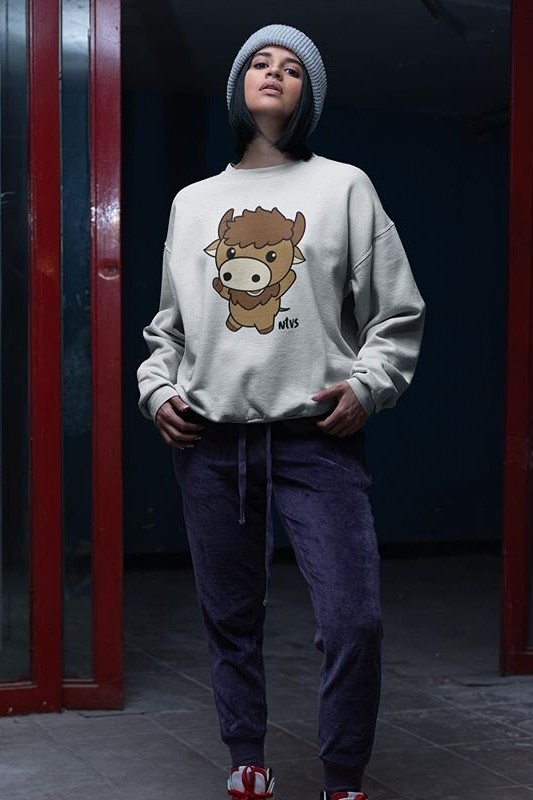
The NTVS (pronounced "Natives") was founded as an alternative to the problematic industry of knock-off Native American goods that commodify and appropriate Indigenous culture. NTVS' pieces honor and reference traditional indigenous designs while simultaneously incorporated modern styles, graphics, and cuts.
B. Yellowtail
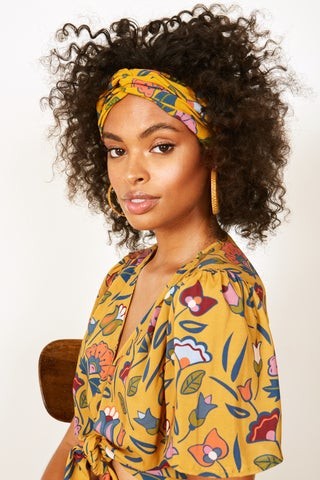
The clothing and accessories you buy from fashion brand B. Yellowtail are all created by indigenous artists, who receive 70 percent of the profit when their item sells. With this progressive model, B. Yellowtail uplifts Native entrepreneurs, which, in turn, uplifts their families and communities. Many of their goods, including the one-of-a-kind earrings below, are handmade.
Jamie Okuma
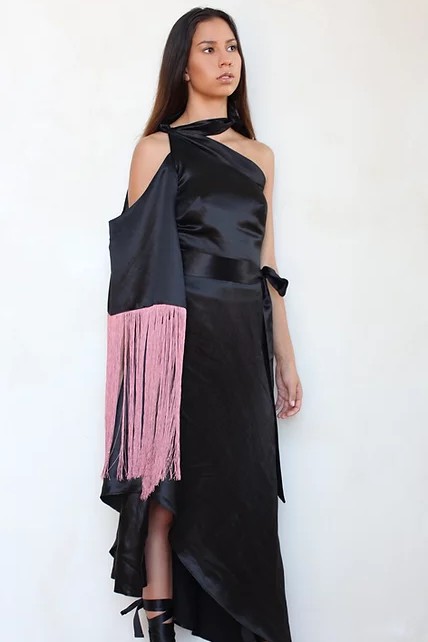
Artist Jamie Okuma designs her wide array of original and ready-to-wear collections in La Jolla in Southern California. Her work can be free-flowing and whimsical as well as structured and traditional, and we love the creative ways she nods to her Luiseno, Shoshone-Bannock, Wailaki, and Okinawan heritages.
EMME Studio
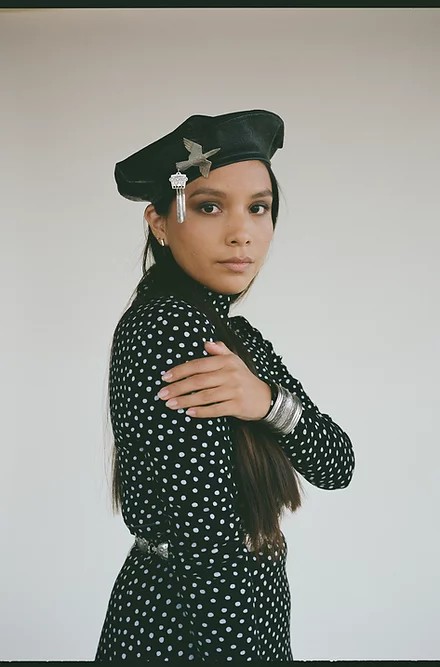
Founder and designer Korina Emmerich built EMME around sustainability and social justice. In addition to making these beautiful pieces in her Brooklyn design studio, she sits on the Board of Directors for The Slow Factory Foundation, which fights climate change, white supremacy, and social injustice. She also works as a community organizer with the Brooklyn-based Indigenous Kinship Collective. Her activism shows in her work: Each design is a loving, meticulously crafted tribute to indigeneity.
Black-Owned Fashion Brands
The Black community has had to contend, for centuries, with the intergenerational wounds inflicted upon them, since so many were kidnapped from the African continent. Since then, they've had few to no breaks. Rampant police brutality, mass incarceration, near-insurmountable poverty, and, most recently, health crises like COVID-19 have disproportionately impacted the Black community in the United States. It is of the utmost importance not only to listen to Black voices, but to support Black entrepreneurs and creatives like those listed below.
La Vie by Claude Kameni
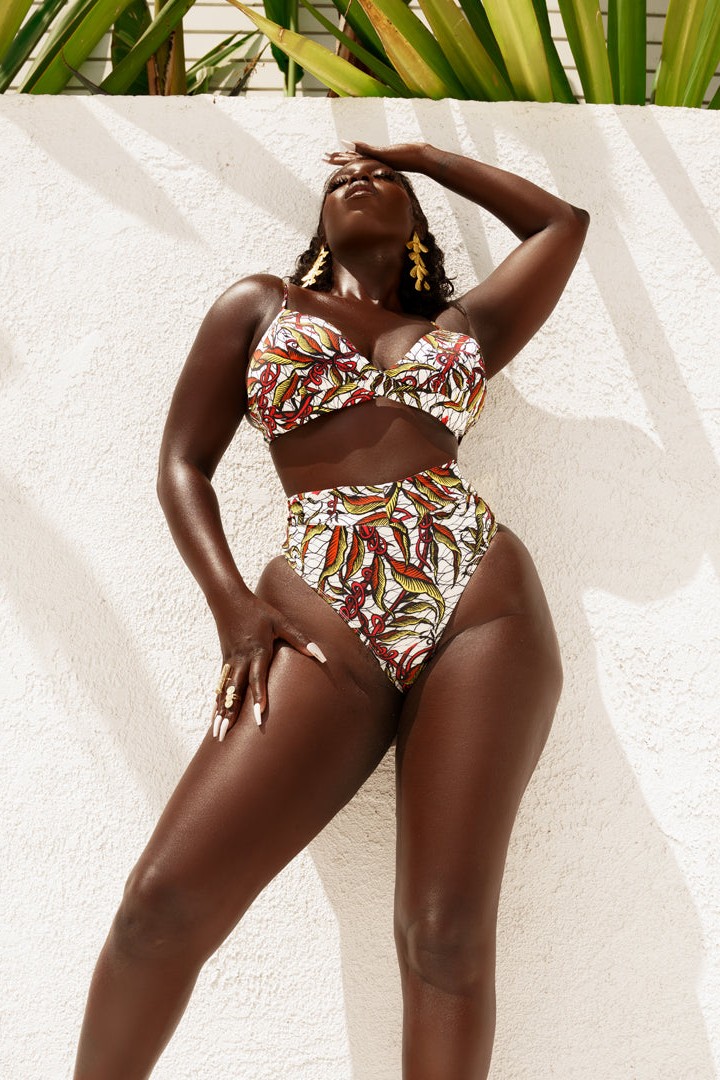
Cameroon-born Claude Kameni founded her brand as a way of honoring her African heritage while exploring her love of fashion. At the young age of 27, she has built a business that re-evaluates the distinction between modernism and tradition, counting both everyday women and A-list celebrities among her client list.
B Fyne
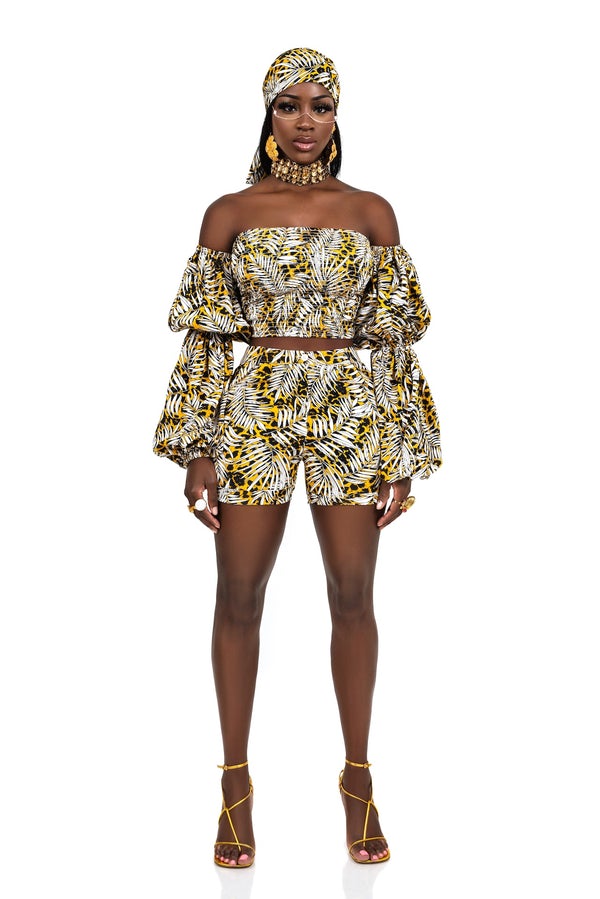
Bring summer to you during any time of the year with B Fyne's irresistably colorful designs and unique patterns. We love the way this brand pairs irreverent American girlhood with African heritage, from the way B Fyne designs its pieces to the way it markets them. We promise that upon visiting their site, you'll find all the swimwear, resort wear, and statement pieces you need.
Washington Ave
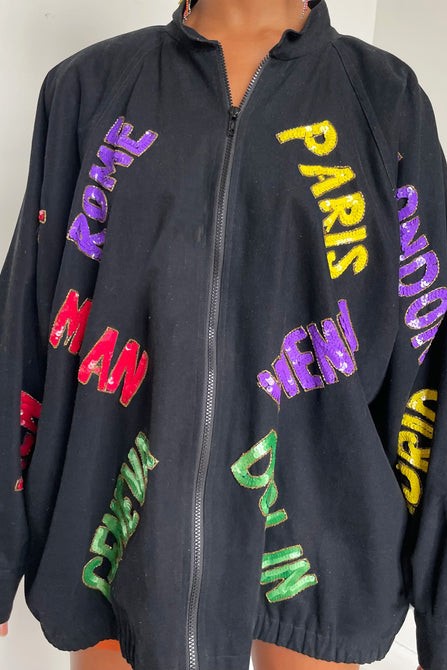
You'll be the coolest kid on the block in one of Washington Ave's vintage finds. Reliant on the tenets of sustainability and upcycling, Washington Ave is an online thrift store that allows you to sustainably indulge in all your retro fantasies from the comfort of your home.
Jolie Noire
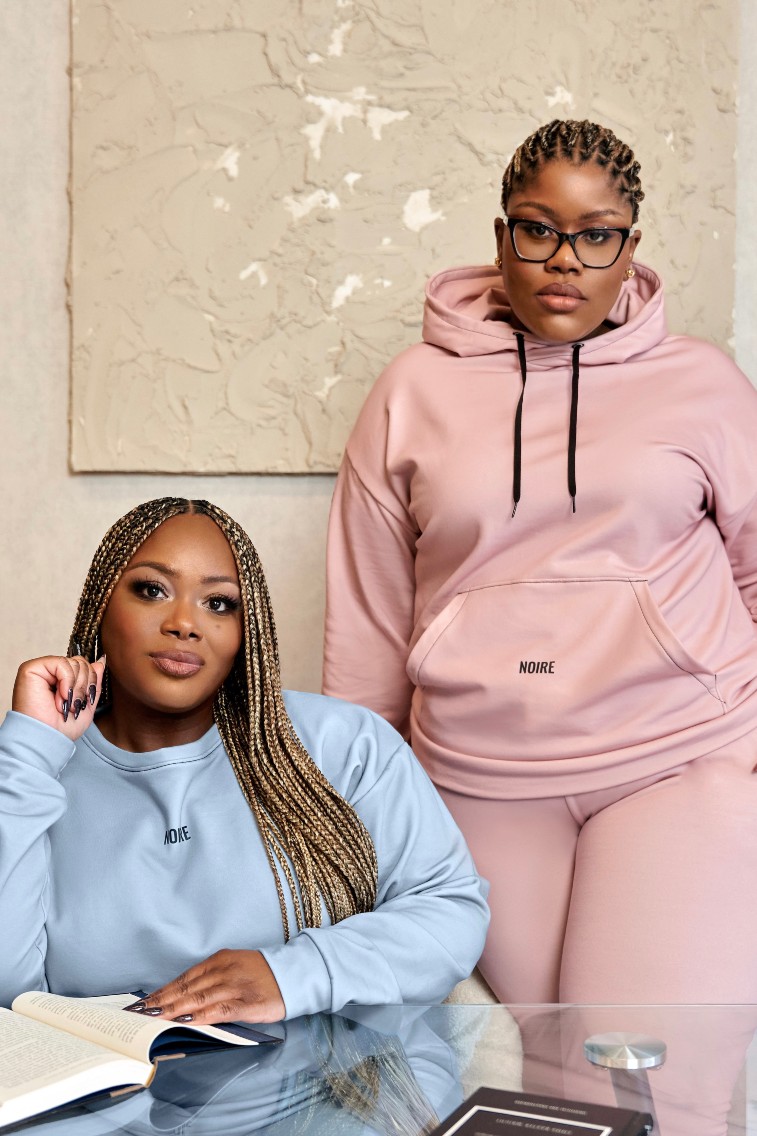
Jolie Noire, which translates to Pretty Black in French, is the brainchild of sisters Keyondra and Kim Lockett, who seek to flip the script on they ways that dark colors are portrayed in Western society. Rather than believing that black is inherently bad or representative of evil, their pieces celebrate black, brown, and other dark colors as the rich, beautiful shades that they are.
Solely Fit
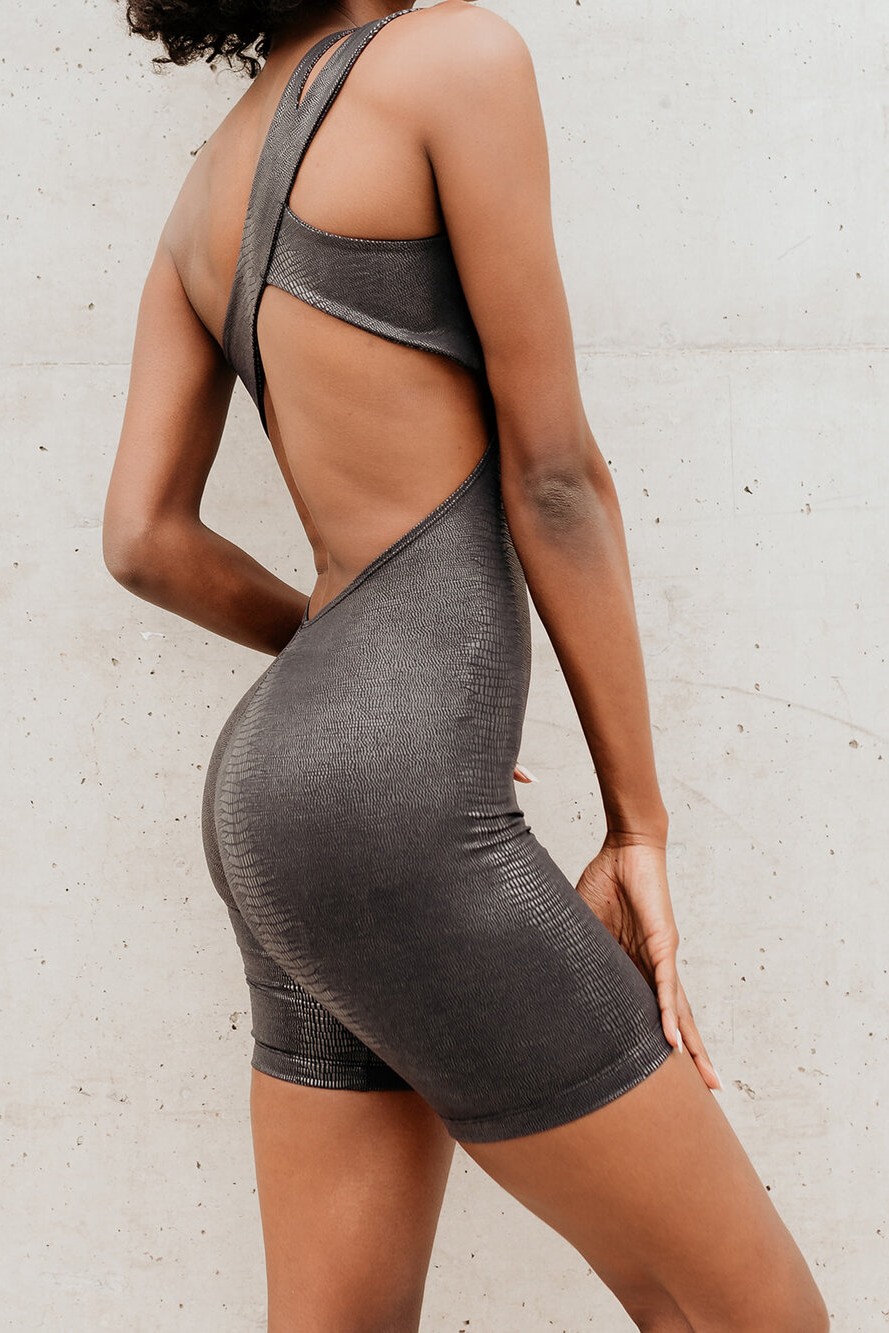
Founded by Haitian-Nigerian-American designer Stefania Okolie, Solely Fit includes a variety of pieces that balance luxury with functionality. The brand's tops, bras, and leggings are made to withstand the grittiest of workouts while keeping their wearers looking and feeling fabulous.
Nubian Skin
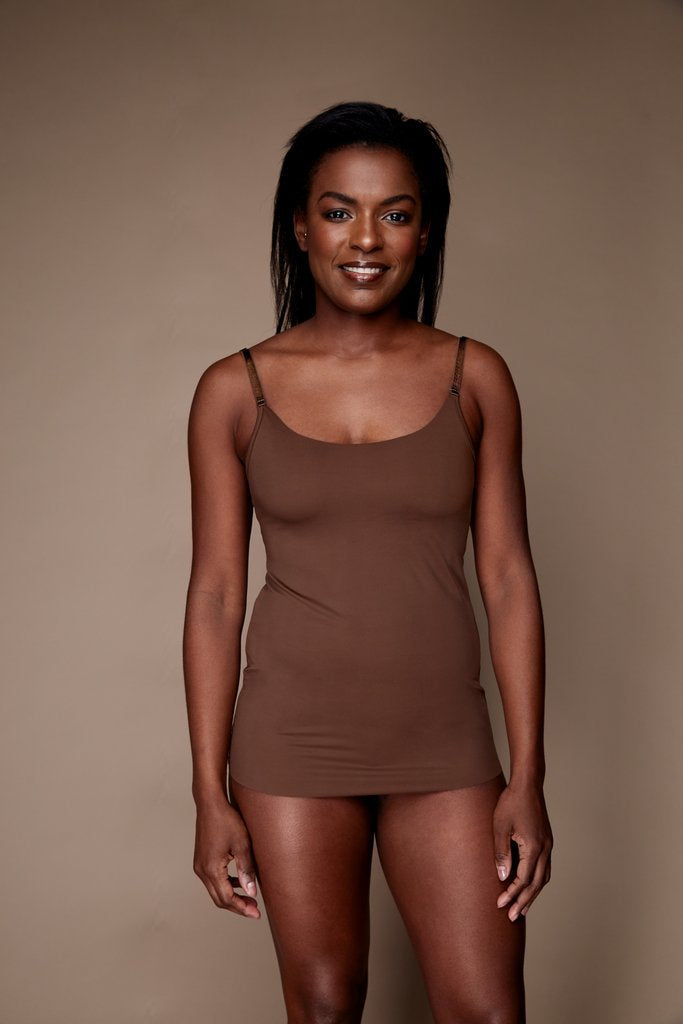
Founded by women of color for women of color, Nubian Skin celebrates Black and Brown skin tones through both its inclusivity and through its product names: Its shades include "caramel," "berry," "cafe au lait," and "cinnamon," highlighting the beauty and sensuality of darker skin tones. We love these soft, form-hugging pieces, which are size-inclusive to boot!
D'Iyanu
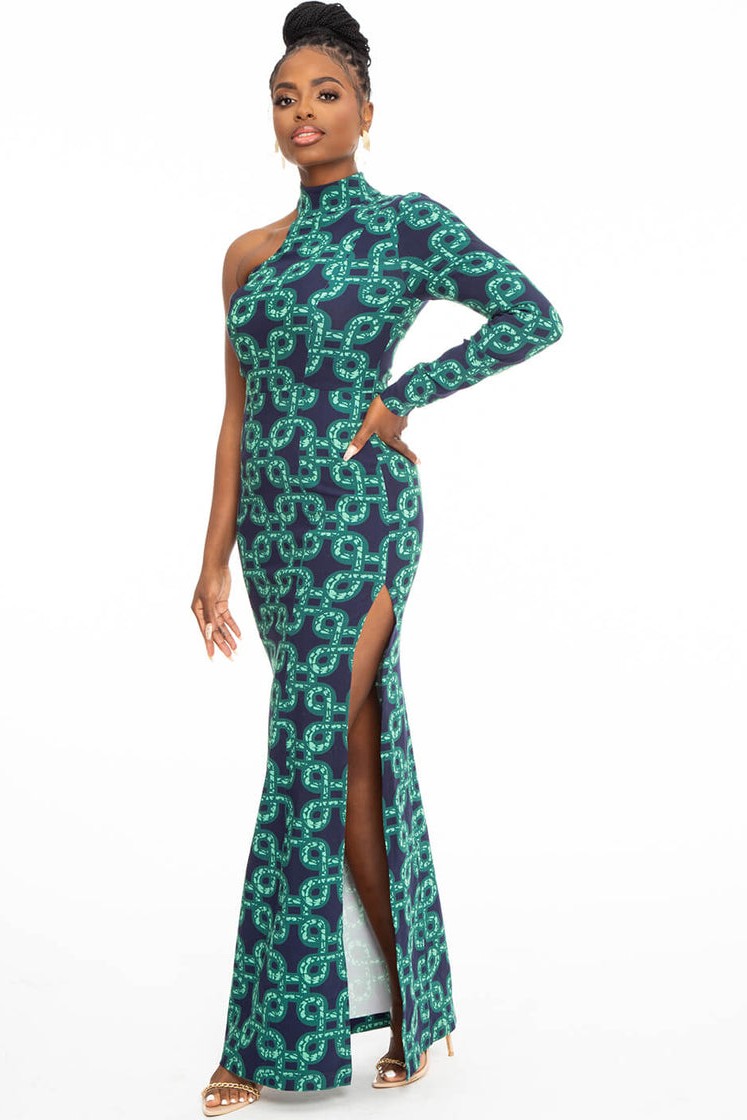
D'Iyanu (pronounced dee-ya-nu) was founded by Adesola Elabor, a Nigerian-American woman who "found [her] individuality through clothing that helped [her] stand out from the crowd." After noticing a frustrating dearth of ready-to-wear African-inspired fashion, she founded D'Iyanu, which offers beautifully patterned, colorful pieces that can be worn at home, in the office, or for social events.
D'Iyanu blends the French word for "of" or "from" with the Yoruba word for "miracle," imbuing this brand with positivity and signifying the fashion line's unique blend of African and European traditions. To make matters even better, the brand partners with African-owned manufacturers to ensure a positive, reciprocal relationship with the African community.
Latinx-Owned Fashion Brands
Because of the seemingly unending cycle of colonialization by the United States along with Western European countries, periodicals like the Washington Post call Latin America the most impoverished, unequal regions on the planet. Meanwhile, anti-Latinx racism remains strong within the U.S., with a steady flow of violent anti-Latinx hate crimes reaching an 11-year high in 2020; radio hosts calling Latinx people "bags of human debris" who should be "machine-gunned"; and Latinx people being 8.1 times more likely to contract COVID-19 than white people.
Nevertheless, the Latinx community has been undaunted in its output of literature, art, and fashion, communicating through these creative means the indispensable value that its people bring to the world. Check out just a few of these brands below.
Clandestina
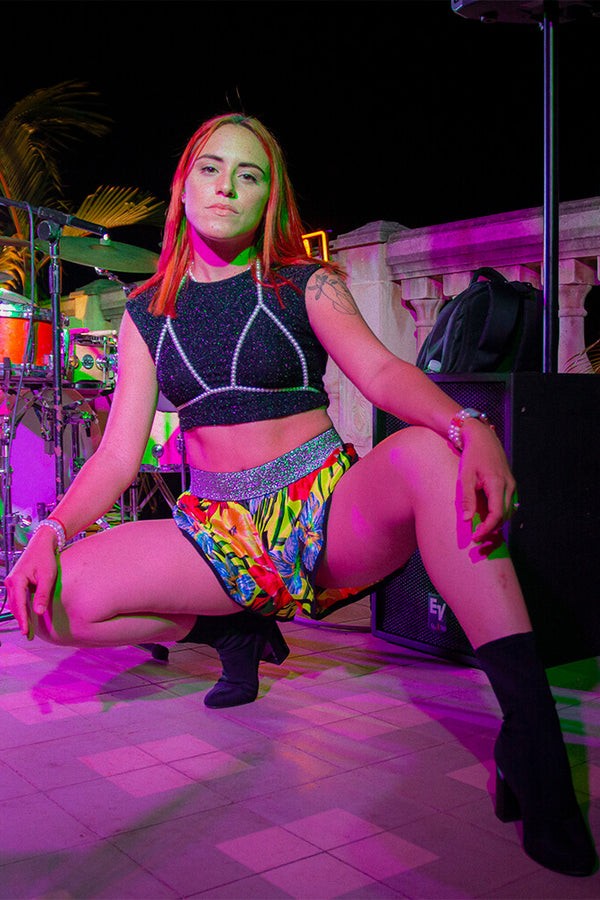
Established in 2015, Clandestina is the first ever Cuban brand that has been able to sell clothes to the rest of the world (including the U.S.!). I have personally been to their flagship store in Havana, and it's by far the coolest boutique I've ever been in. Shop their fun, often cheeky crop tops and tees, or opt for their more unique items, like denim aprons and fuzzy crop tops. Everything is made in Havana, and everything is 100 percent eco-friendly.
Simonett
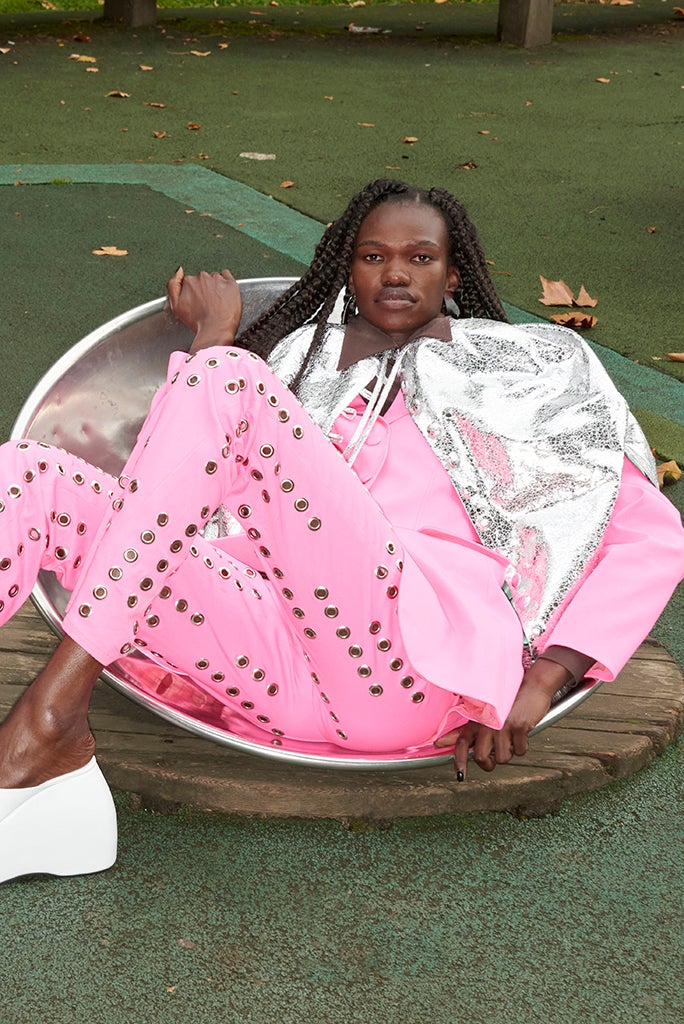
Venezuelan-born Simonett Pereira founded her eponymous, sustainability-first brand when she was only 22. She looks for inspiration in the nature, drawing particularly from the vibrant colors and gentles curves of the landscape in Miami, where she operates her boutique.
REBDOLLS
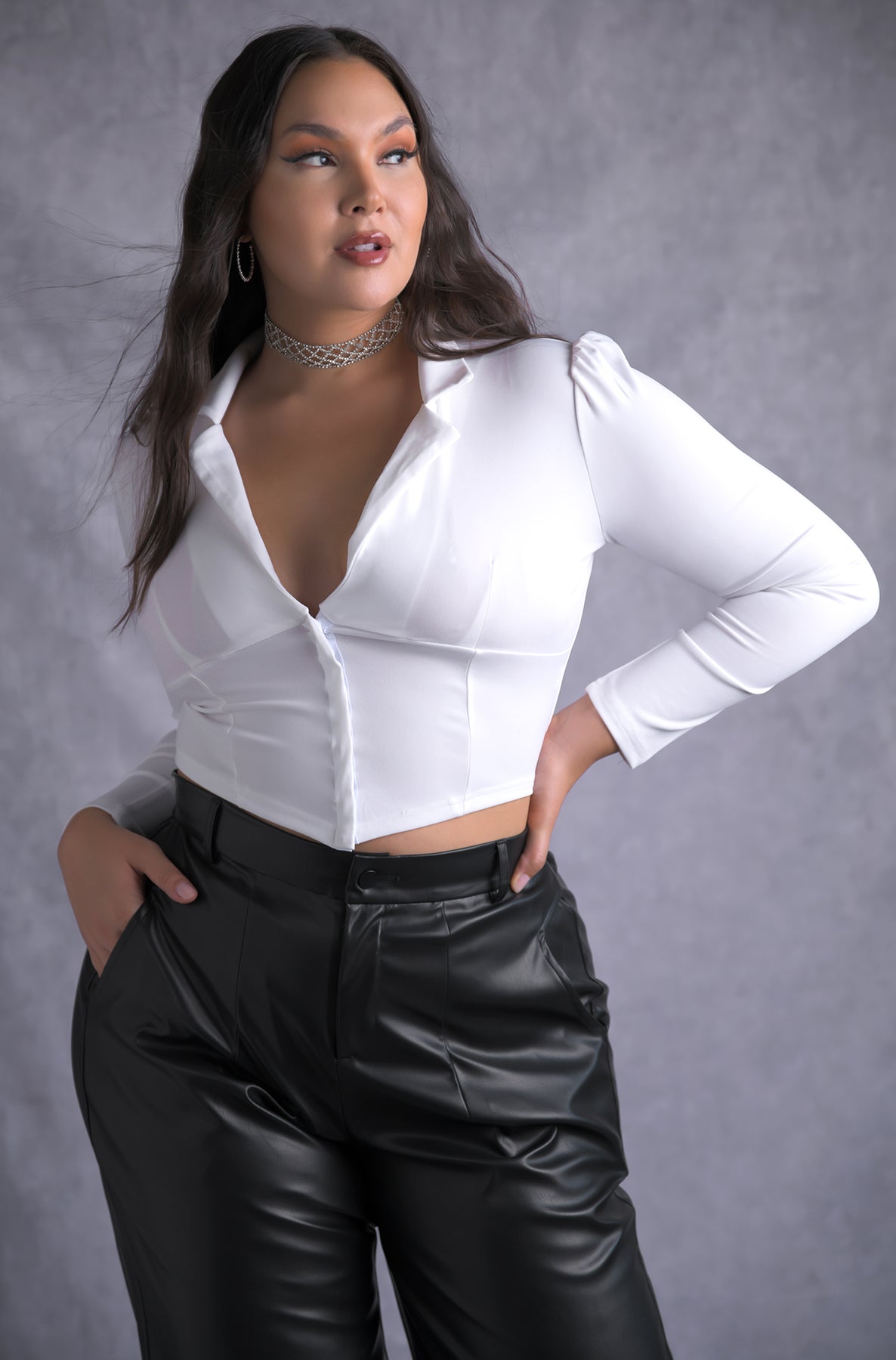
Grisel Paula, a New Yorker born in the Dominican Republic, founded REBDOLLS to be a size-inclusive brand that sells a wide range of tops, bottoms, outerwear, accessories, and even swimwear. The designs range from colorful and youthful to muted and professional, but every single one has a distinctive urban flair that'll have you looking like a bona fide New Yorker.
Bella Doña
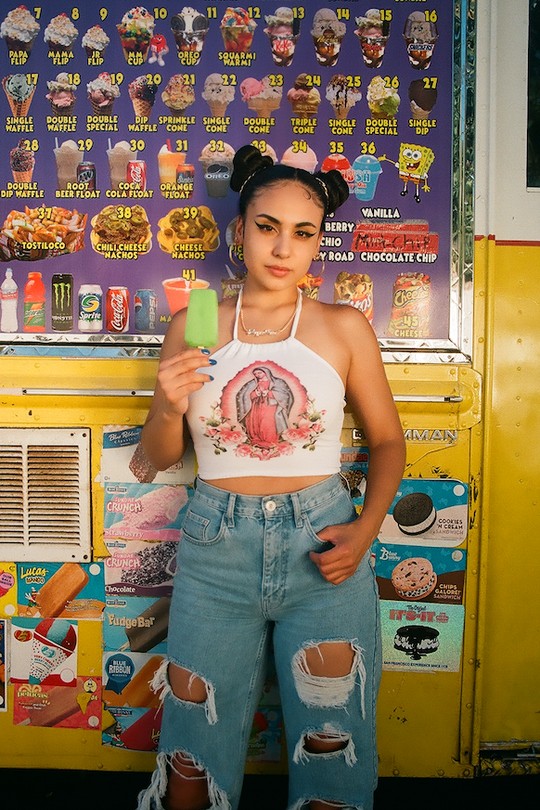
L.A.-based clothing and lifestyle brand Bella Doña prides itself on being unapologetically Latinx, incorporating the rich urban Chicano culture of Southern California into its designs. Their expertise doesn't end with apparel, either—they also sell stickers, patches, phone cases, pins, and handbags.
JZD
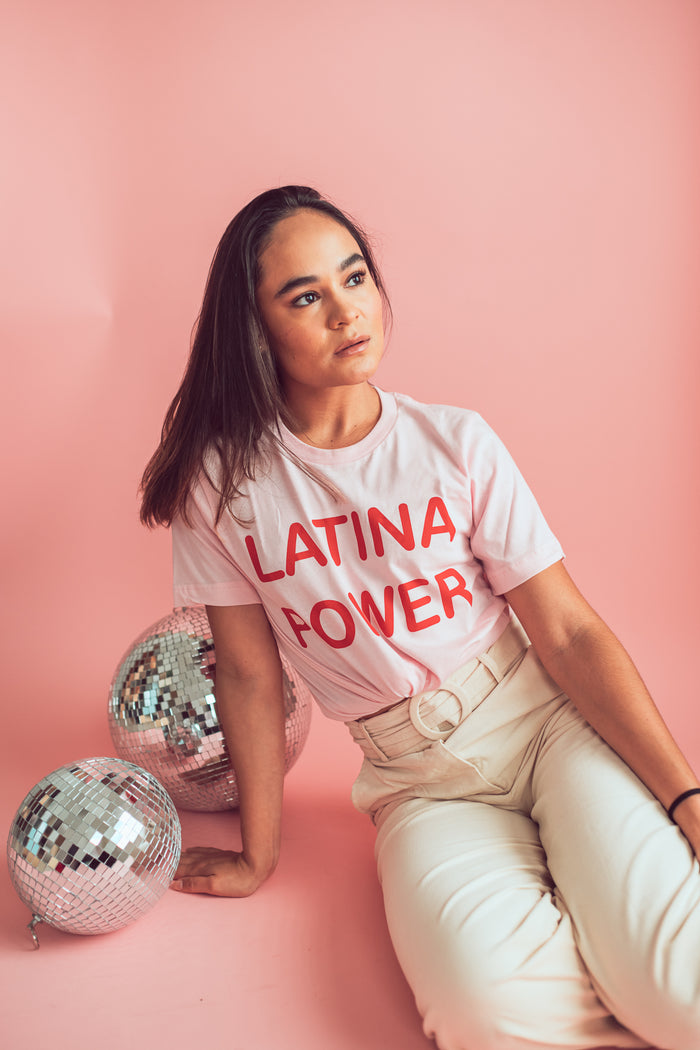
JZD makes items "celebrating Latina community and culture." Co-founders and life partners Jen and Vero founded the brand in 2016 as a way of bringing visibility to the feminine and LGBTQ experiences within the Latinx community. The first item they saw tremendous success with was their pink "Latina Power" tee, and they have since expanded to accessories, stationary, and additional apparel.
Annaiss Yucra
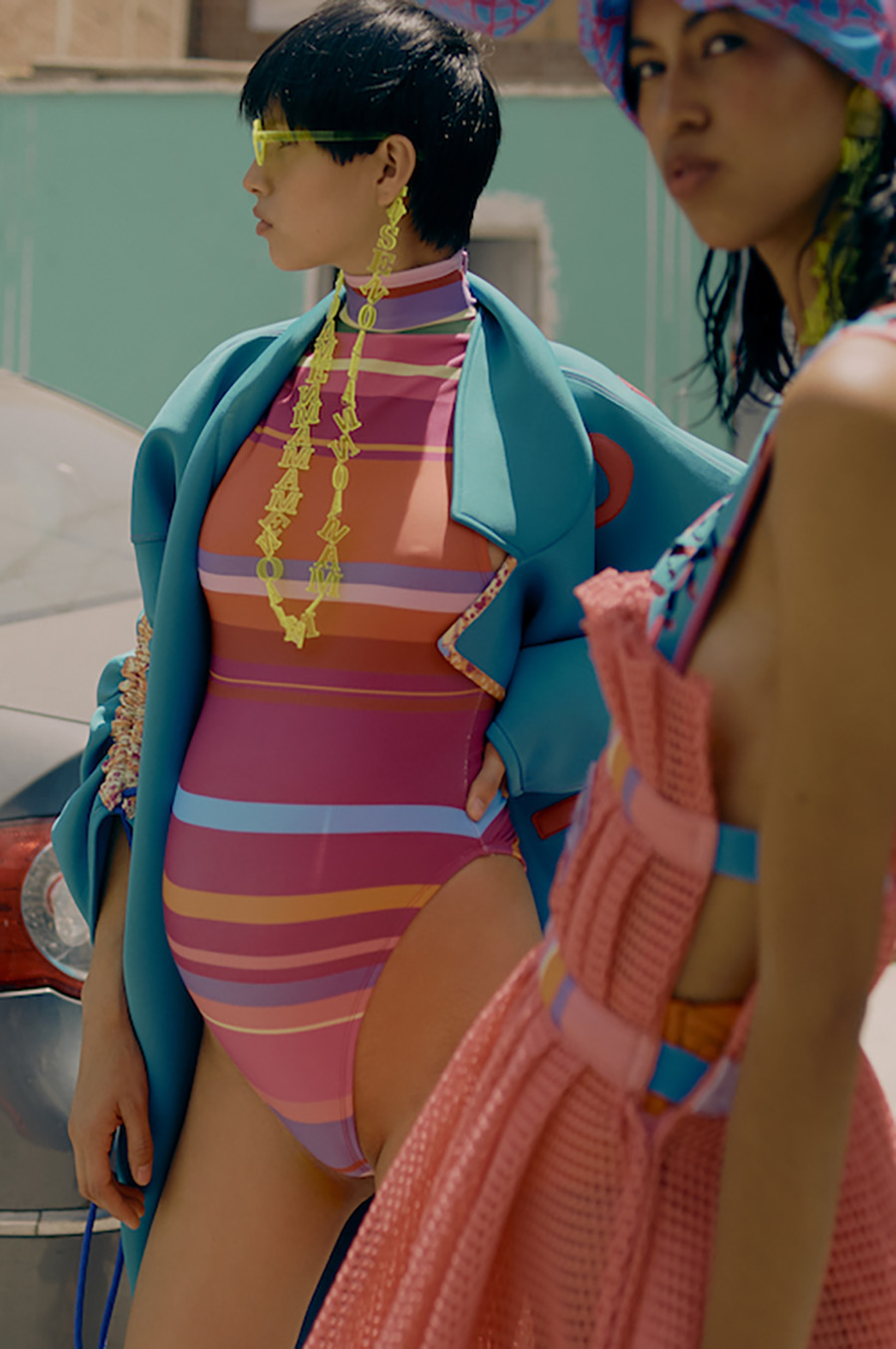
Peruvian designer Annaiss Yucra became well-known for her distinctive floral, youthful pieces. Her crocheted looks, in particular, blend tradition (if, like me, you're Latinx, you know how much our matriarchs love to crochet) and contemporary femininity.
ÉTICA
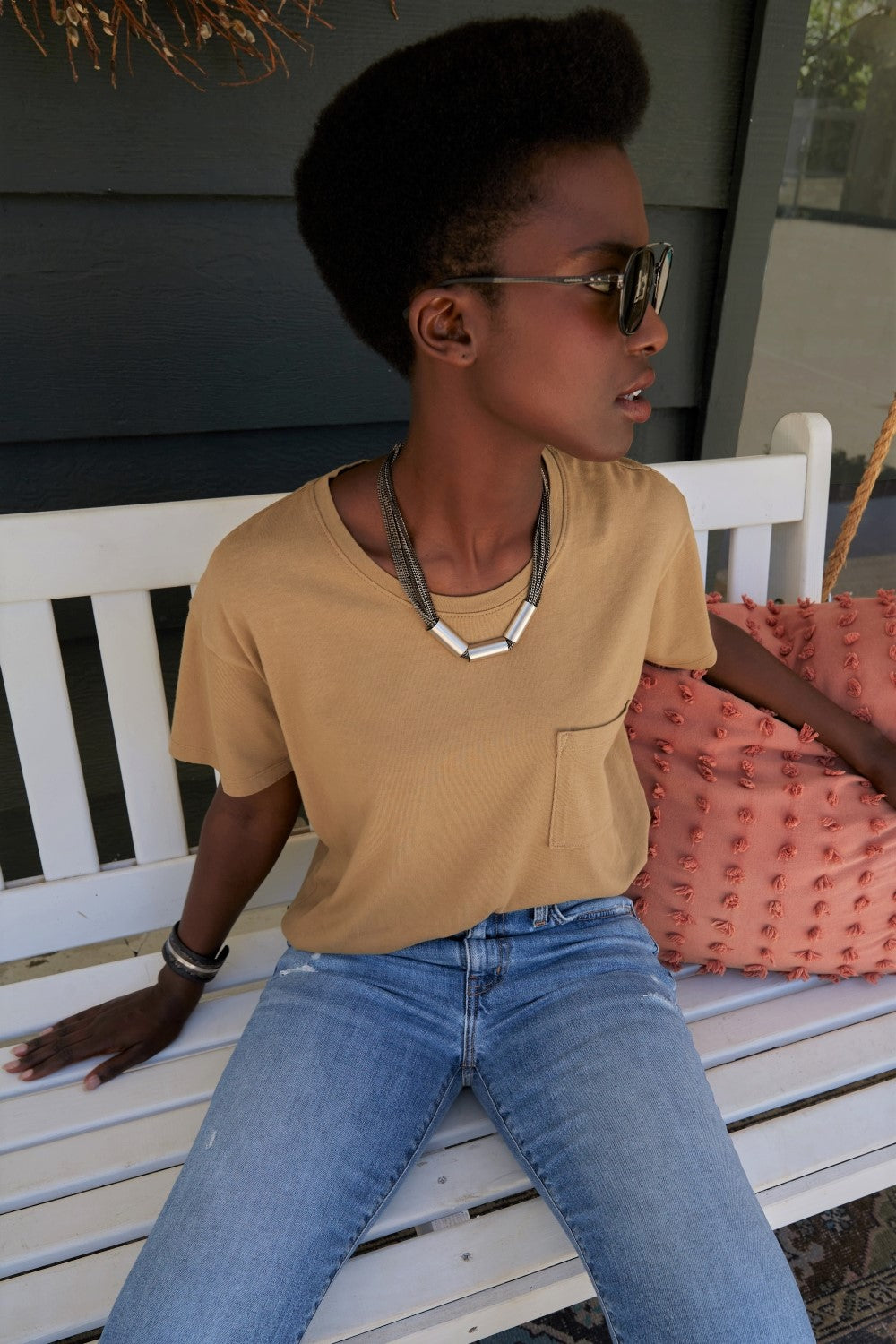
We love ÉTICA. The brand sells an impressive assortment of basics, but they're crowning achievement is their zero-waste, ethically made line of denim. Their production practices reduce water use by 90 percent, energy use by 63 percent, and chemical usage by 70 percent. They are also active in the local communities from which they source their organic materials. When you buy an ÉTICA product, you can count on it to be long-lasting, high quality, and, most importantly, guilt-free.
Cuyana
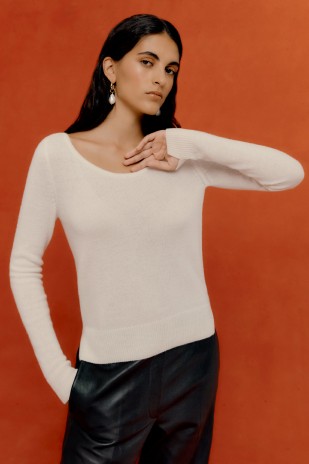
Cuyana's minimalist pieces deserve to be staples in any woman's wardrobe. Cofounders Carla Gallardo and Shilpa Shah founded the company on the philosophy of "fewer, better," meaning that they encourage customers to invest in a few high quality pieces of clothing rather than buying large quantities of cheap, low quality items that fail to last. Cuyana was 75 percent sustainable in 2019, and they are set to be 100 percent by the end of 2022.
AAPI-Owned Fashion Brands
It's no secret that AAPI-owned businesses and individuals suffered as a result of COVID-19. Business owners in Southern California, for instance, found themselves closing their doors for good at an alarming rate, citing the racialization of the pandemic as the primary reason for their economic freefall. Indeed, one in three female AAPI entrepreneurs experienced anti-Asian sentiment as a result of the pandemic, which is no surprise, considering that well over 10,000 anti-AAPI hate-crimes were reported between March 19, 2020 to September 30, 2021. According to Reuters, AAPI-owned businesses faced a 60 percent drop in profitability by the end of March 2020, and more business owners described themselves as financially "distressed" because of the pandemic than any other ethnic group.
In addition to joining the anti-hate movement through organizations like Stop AAPI Hate, you can also use your dollars to support AAPI-owned businesses so that we, as a country, can hold on to the inimitable contributions that this community has to offer us.
Sandy Liang
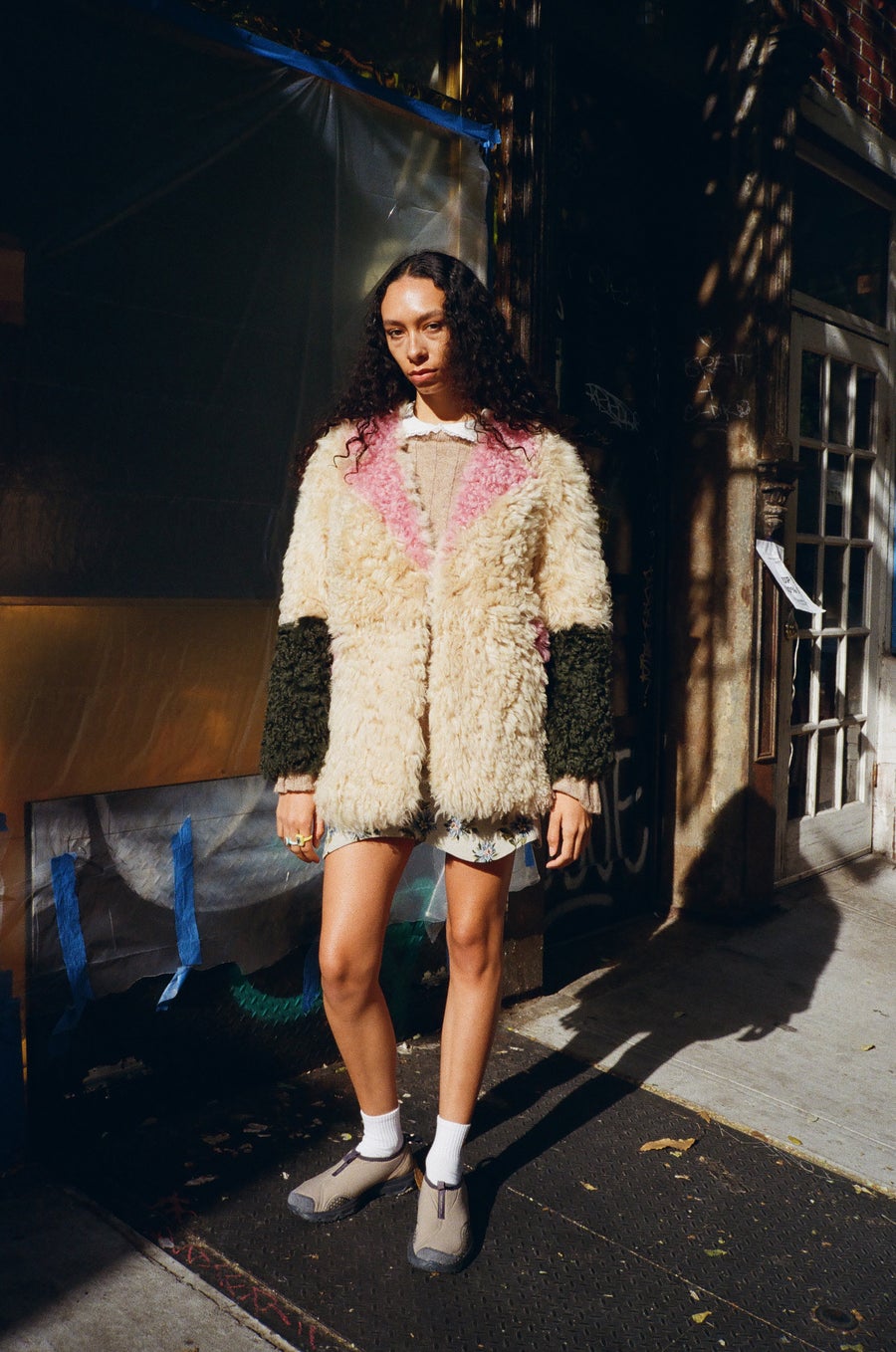
Sandy Liang's Orchard Street boutique is rife with lively, girly blends of modern urban style and her Chinese heritage. Originally from Bayside, Queens, Liang has made a name for herself with her innovative original designs, creative uses of contrasting fabrics, and her nostalgic jewelry line.
Botanica Workshop
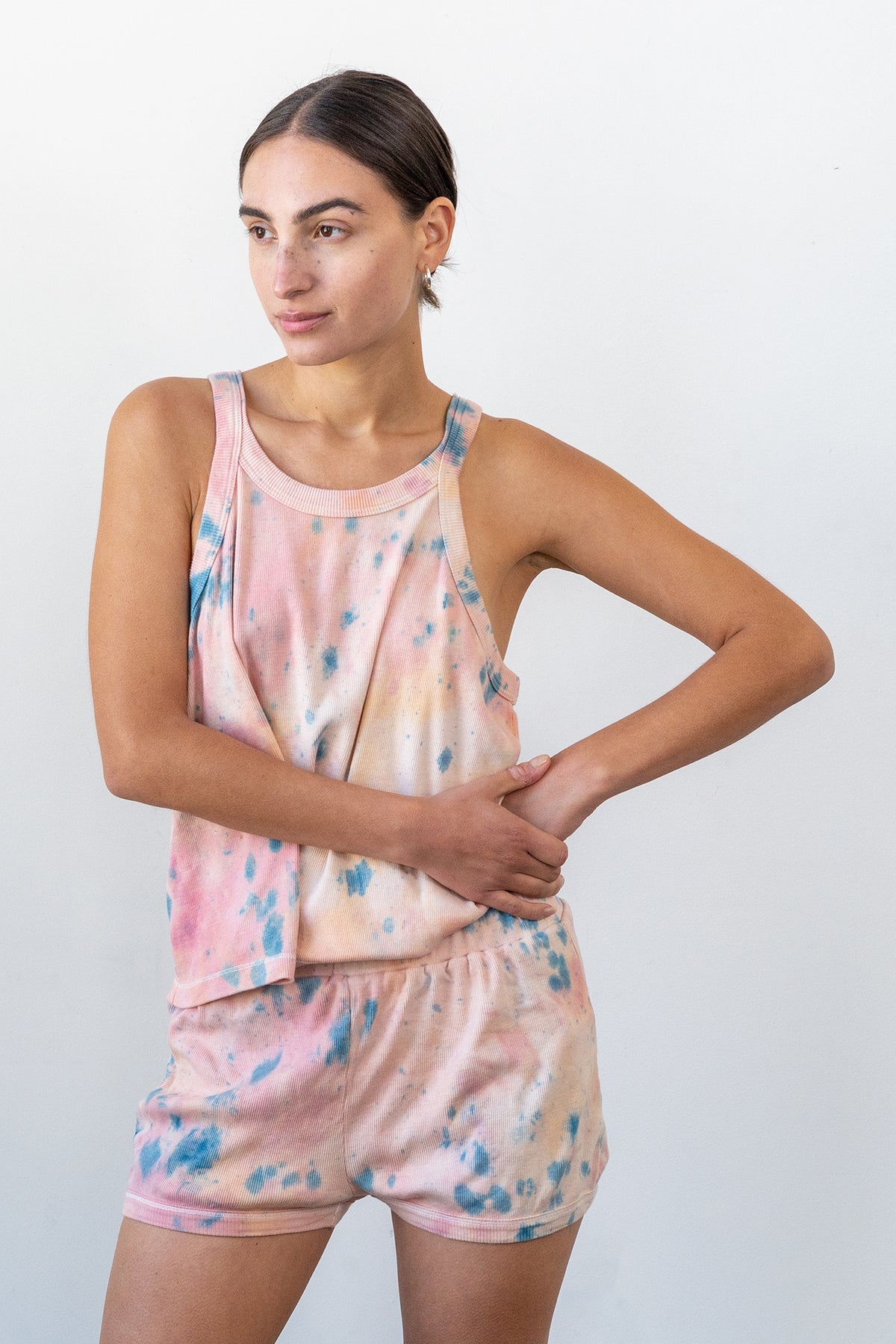
Botanica Workshop is an AAPI-owned, sustainable underwear brand from L.A. whose cotton and stretch silk pieces are built for comfort without sacrificing style. You'll want to live in their simple, chic matching sets and in their flowing, Bohemian loungewear.
Allina Liu
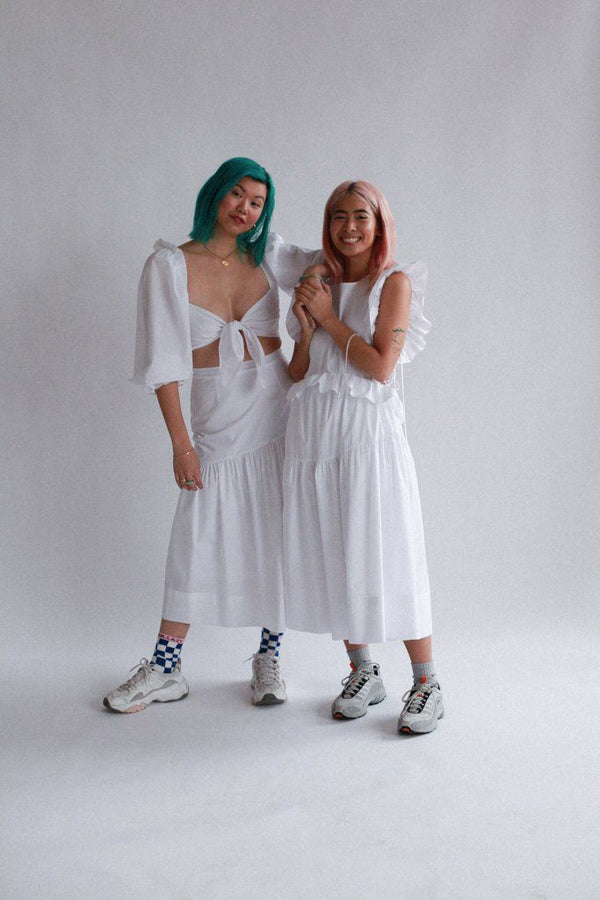
Designer Allina Liu worked in fashion for years, beginning her career at The Row and Thakoon, before launching her namesake brand in 2015. Her romantic pieces draw from diverse and far-reaching inspiration including 17th century Dutch painting, Chinese photographer Ren Hang, and Korean fiber artist Do-ho Suh. With her ultra-feminine, sustainable, ethically sourced collections, she's drawn in fans like Cardi B and Awkwafina, so you rest assured that you'll be the best-dressed in the room when you don one of her pieces.
Valeza Lifestyle
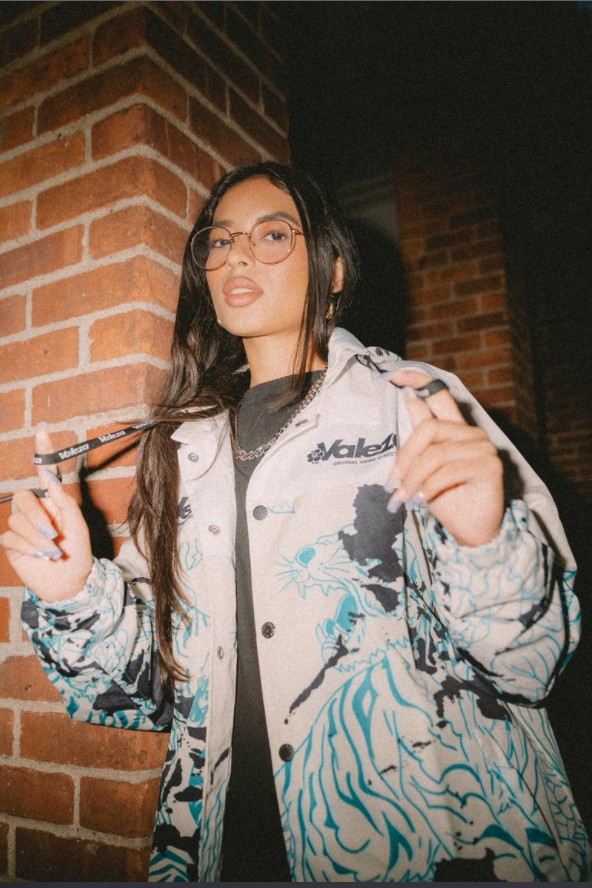
Founded in Paramus, New Jersey by Brian Valeza Balico, Valeza Lifestyle pays homage to Japanese culture via affordable, high quality anime streetwear. Their pieces include unisex coats, windbreakers, pants, tee shirts, and hoodies that are as cool as they are comfortable (I'm wearing one of their hoodies as I write this). The brand also participates in philanthropy, having launched the appropriately named "Vibe for a Cause" initiative in 2016, which donates a portion of Valeza's revenue to providing struggling communities in the Philippines with the basic resources they too-often lack.
DAWANG
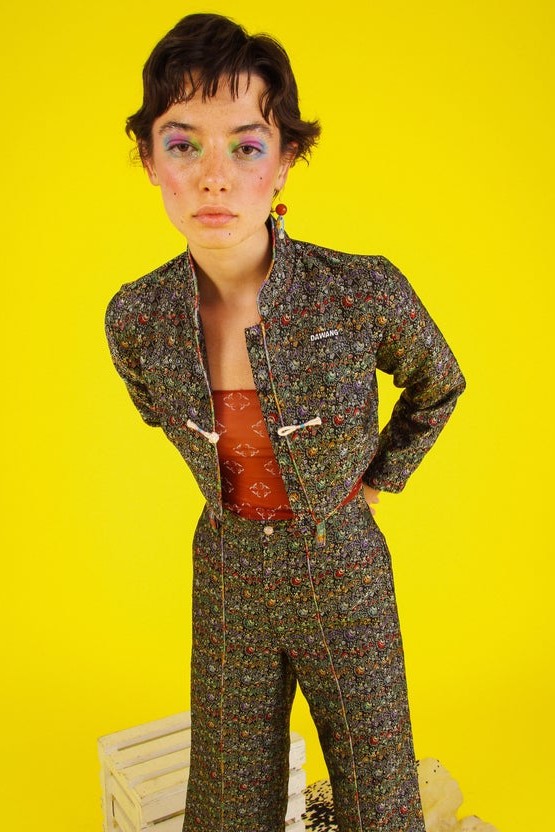
DAWANG subverts the Orientalist, racist implications of Western chinoiserie by incorporating authentic Chinese fabrics into Western designs and tailoring styles. With the hashtag #ModernChinoiserie, they bring eastern and western traditions into the 21st century and invite people from all backgrounds to learn from and enjoy their unique designs.
Commission
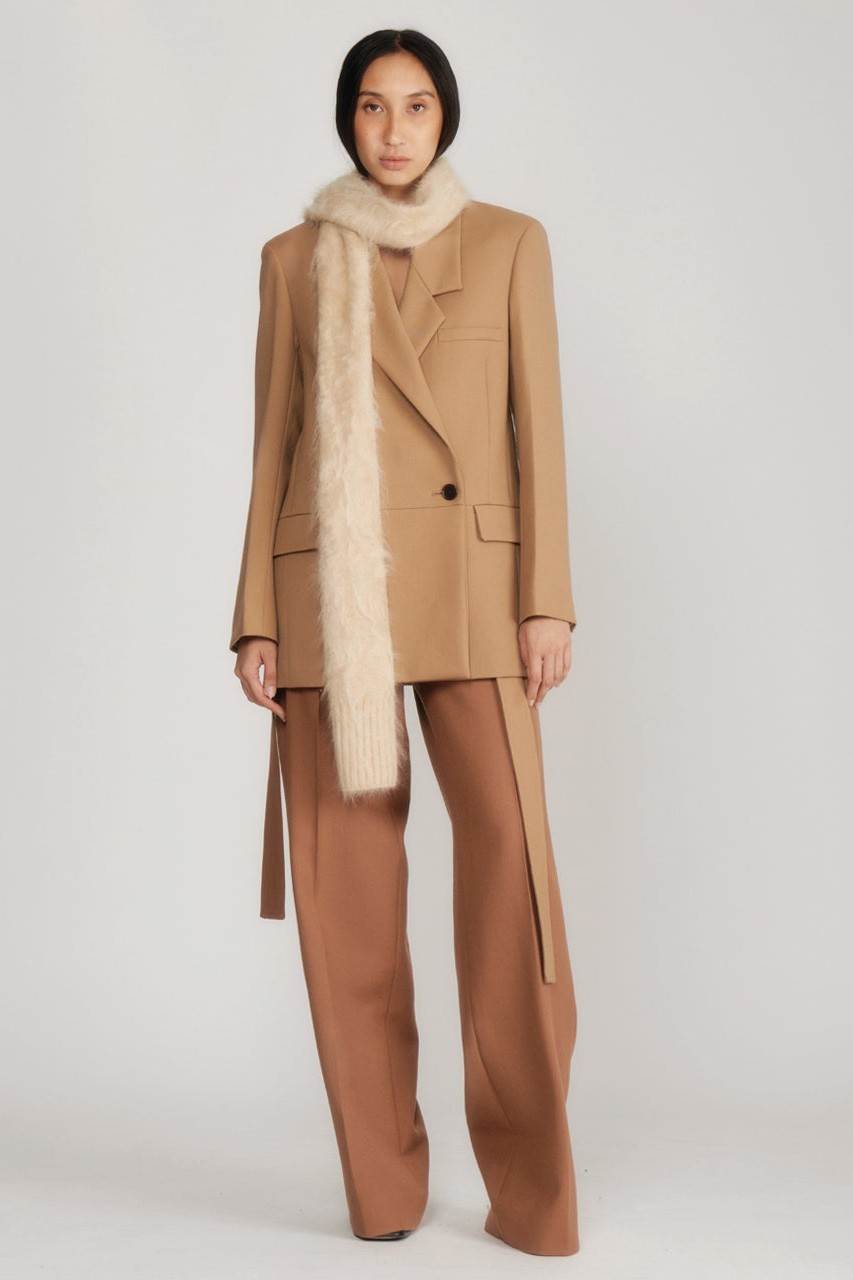
Founded by Huy Luong, Jin Kay, and Dylan Cao, NYC-based brand Commission draw inspiration from what the founders' parents wore to work during the 1980s while simultaneously drawing on Asian creative influences. Their pieces range from minimalist to patterned, colorful to muted, and you can buy everything from accessories to outerwear. We promise that whatever it is you do choose, it will be functional, fashionable, and of the highest quality.
HANH Collection
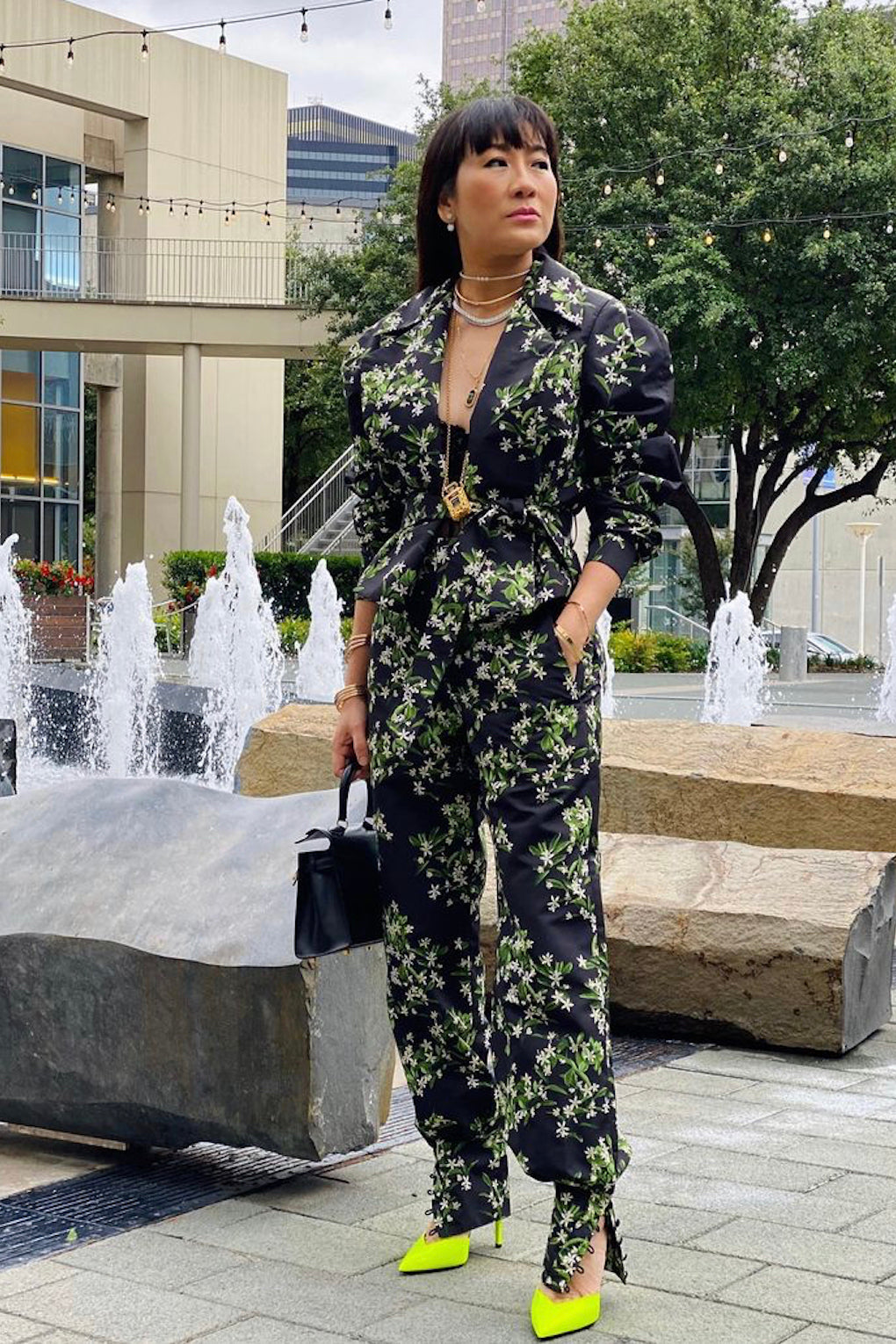
When founder Hanh Merriman founded her eponymous brand, she thought back to her childhood in rural Vietnam, where her mother taught her to sew and to tell stories through the pieces she made. Since then, Merriman has incorporated this priority of telling cultural stories into her brand, while simultaneously crafting her corporate DNA around community and philanthropy. Most recently, she's donated proceeds from her women's ready-to-wear collections to COVID-19 relief initiatives in Vietnam.
Middle Eastern-Owned Fashion Brands
Arabs are too often a forgotten minority, often erased through census forms that read "Caucasian or Middle Eastern," or grouped in with the Asian community. On the contrary, Arabs and Middle Eastern people (including Persian and Turkish communities) have not had a "white" experience in the United States, having been on the receiving end of racism and ethnic profiling since at least the 1970s. After 9/11, the rate of anti-Arab and anti-Muslim hate crimes skyrocketed, and, more recently, Palestinians, Syrians, Lebanese, and Yemeni individuals have experienced civil conflicts, disasters, and refugee crises.
But all hope is not lost. Check out the businesses below whose founders work to uplift artists in their communities while shedding light on the beauty of Middle Eastern culture.
Nöl Collective
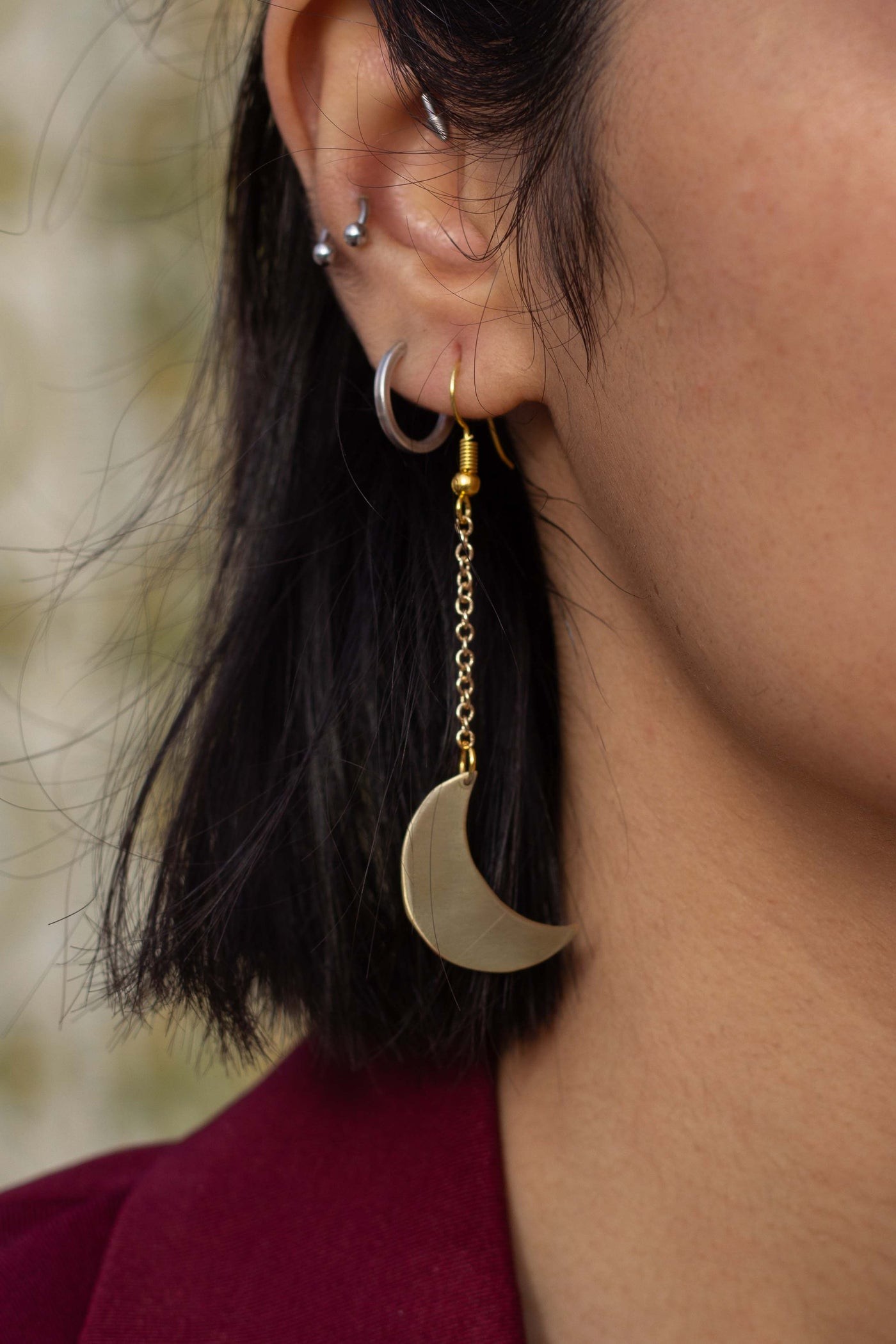
In addition to creating original apparel, Nöl Collective sells a variety of lifestyle products (including beauty products, hair accessories, camera straps, and jewelry) by Palestinian artists. Through their collective, they unify artisans living all over Palestine and promote awareness of the difficulties that so many Palestinians face in the Middle East.
Their original clothing is sustainably sourced from surplus fabrics and dyes made from local vegetation. Every piece is hyper-locally made-to-order, so you can bet that every piece will come out a work of art.
Palidrip
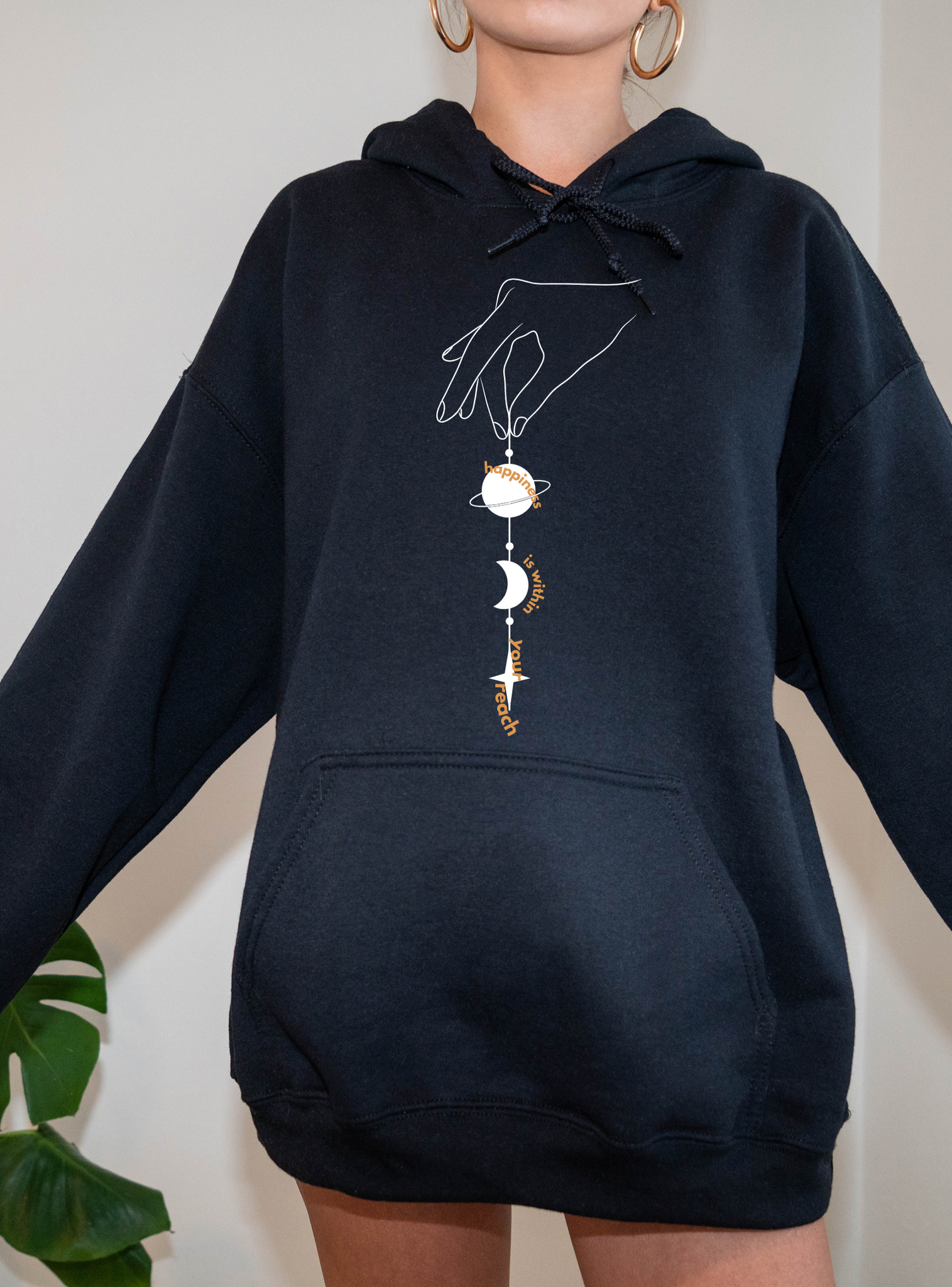
This Palestinian-owned brand makes minimalist loungewear adorned with messages of positivity. Their aim is to uplift people through fashion and political activism, and they champion causes like feminism, sustainability, and human rights.
Deerah
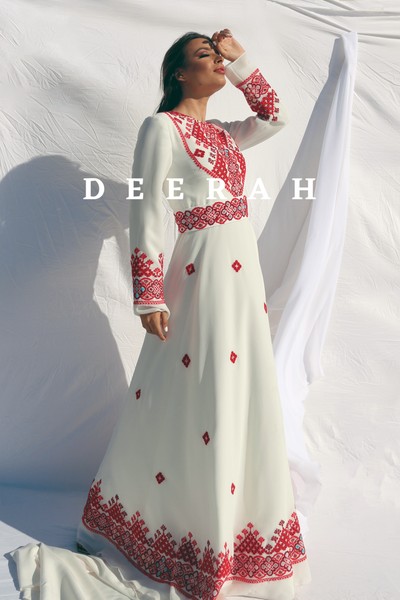
We love everything about Deerah. Founded by a couple with Lebanese and Palestinian roots, the brand is Jordan-based and incorporates traditional Arab embroidery into all of its original, custom designs. The brand boasts everything from panstuits to wedding dresses, and all of their pieces are sustainably and ethically made. They also partner with a number of Jordanian charities that aid refugees, women, and low-income families.
ANAT International
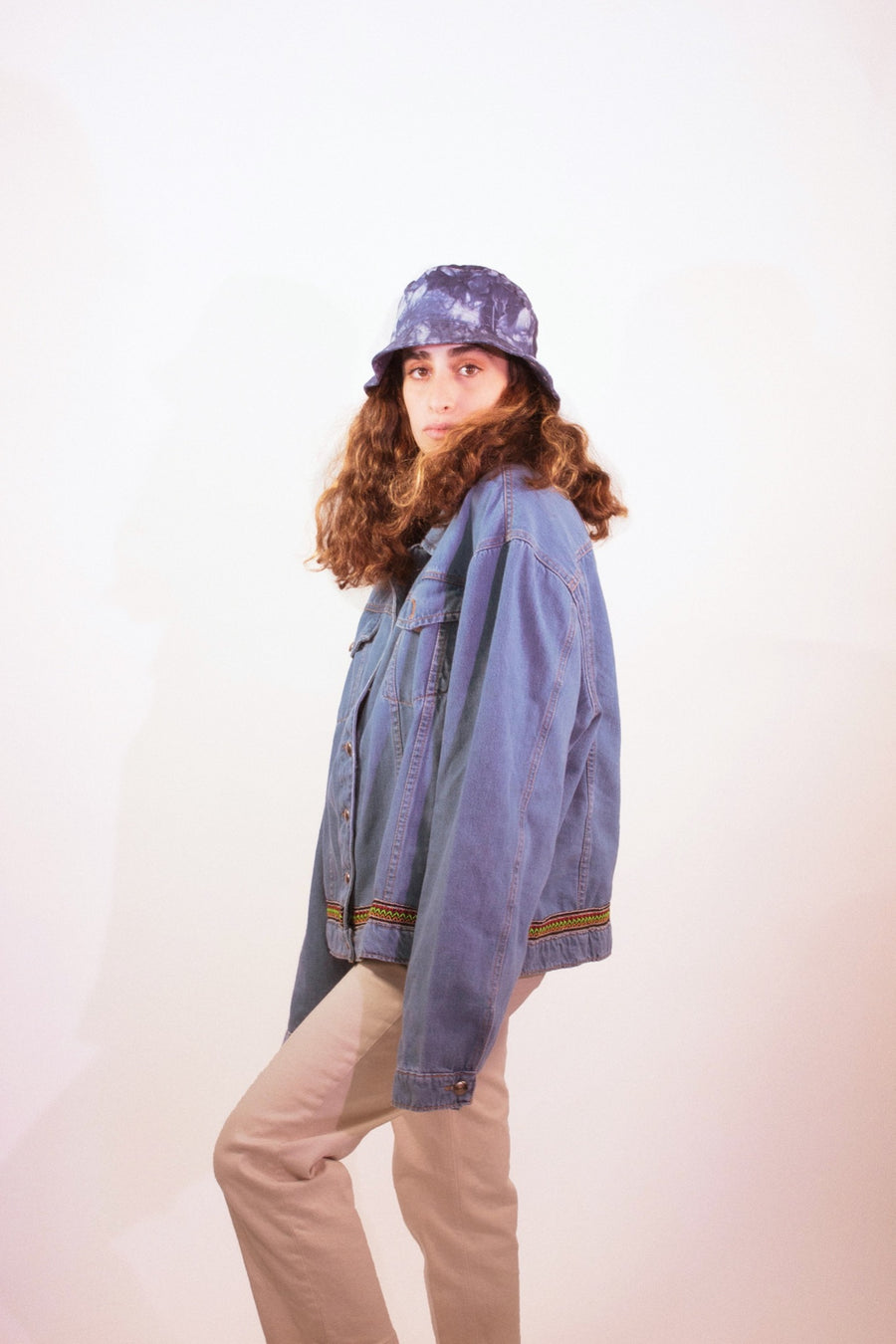
ANAT International identifies as a genderless, slow-fashion brand whose pieces are embroidered by hand in Palestine. Mixing traditional motifs with contemporary denim streetwear, their aim is to utilize streetwear as a means of celebration and liberation.
Up Fuse
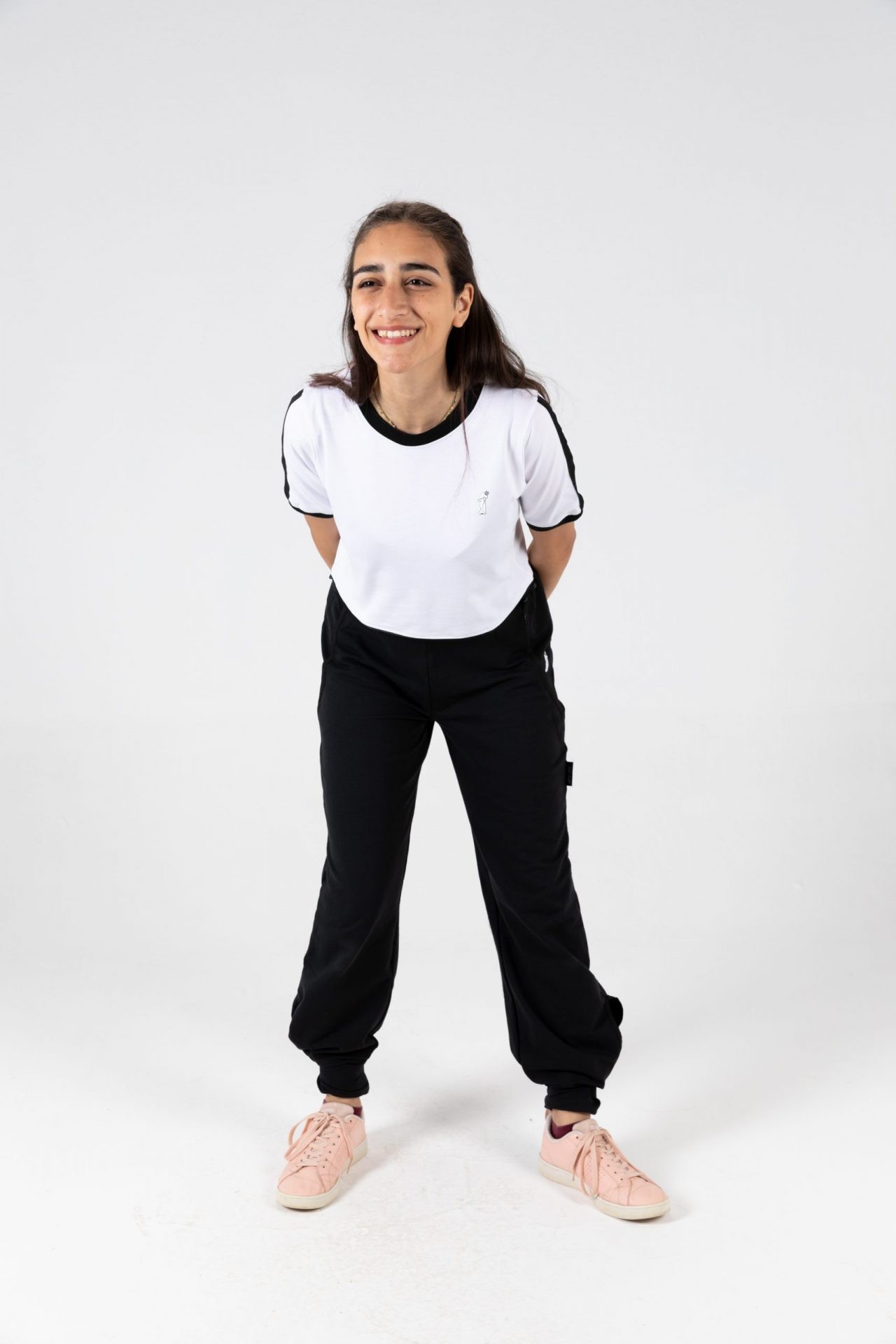
With the rallying call, "Nothing is ever wasted," Cairo-based brand Up Fuse utilizes upcycled plastic bottles to make its one-of-a-kind clothes, all of which are crafted by ethically paid Middle Eastern women. We love this brand for its edgy yet simple street style, and for its clever incorporation of its no-waste brand identity into its designs.
Seek Refuge
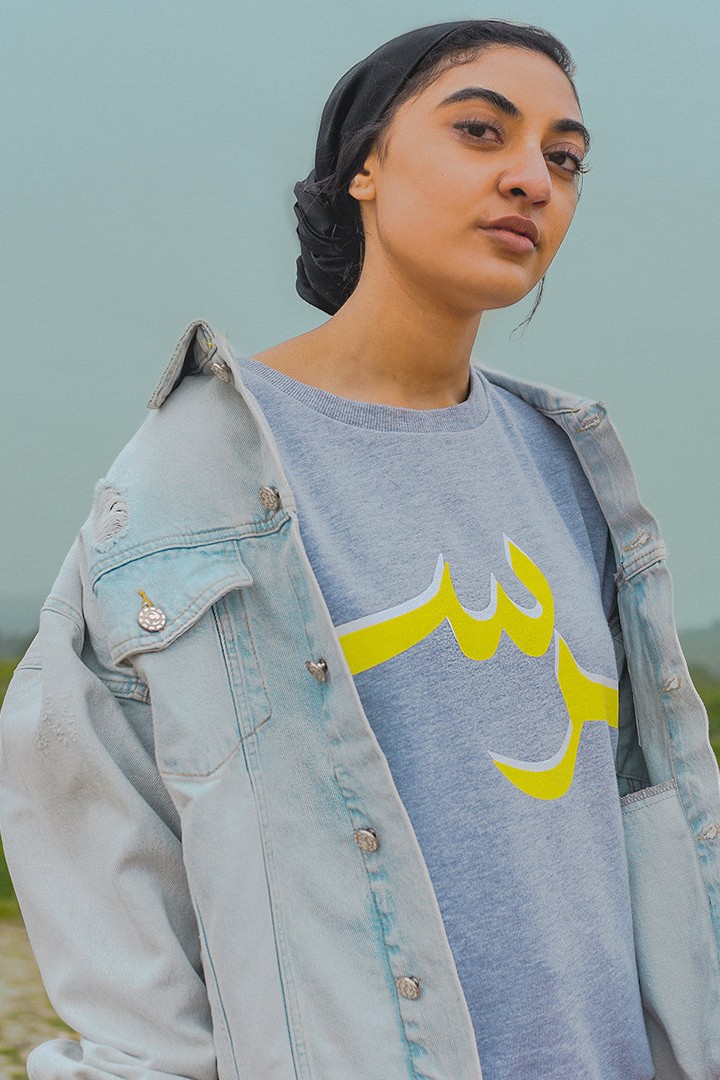
This Bay-area-based streetwear brand melds traditional Arabic calligraphy with the laid-back, edgy style of contemporary American streetwear. The brand was founded in 2017 by Pakistani-American woman Shazia Ijaz, who sought to create a brand that empowered Arab individuals—particularly women. True to form, Seek Refuge donates 20% of its proceeds to refugee organizations. Seek Refuge also uplifts Middle Eastern artists by lending a platform to their work: The brand's signature Refuge Jacket features the text of a poem written by a Syrian refugee.
Rami Kashoú
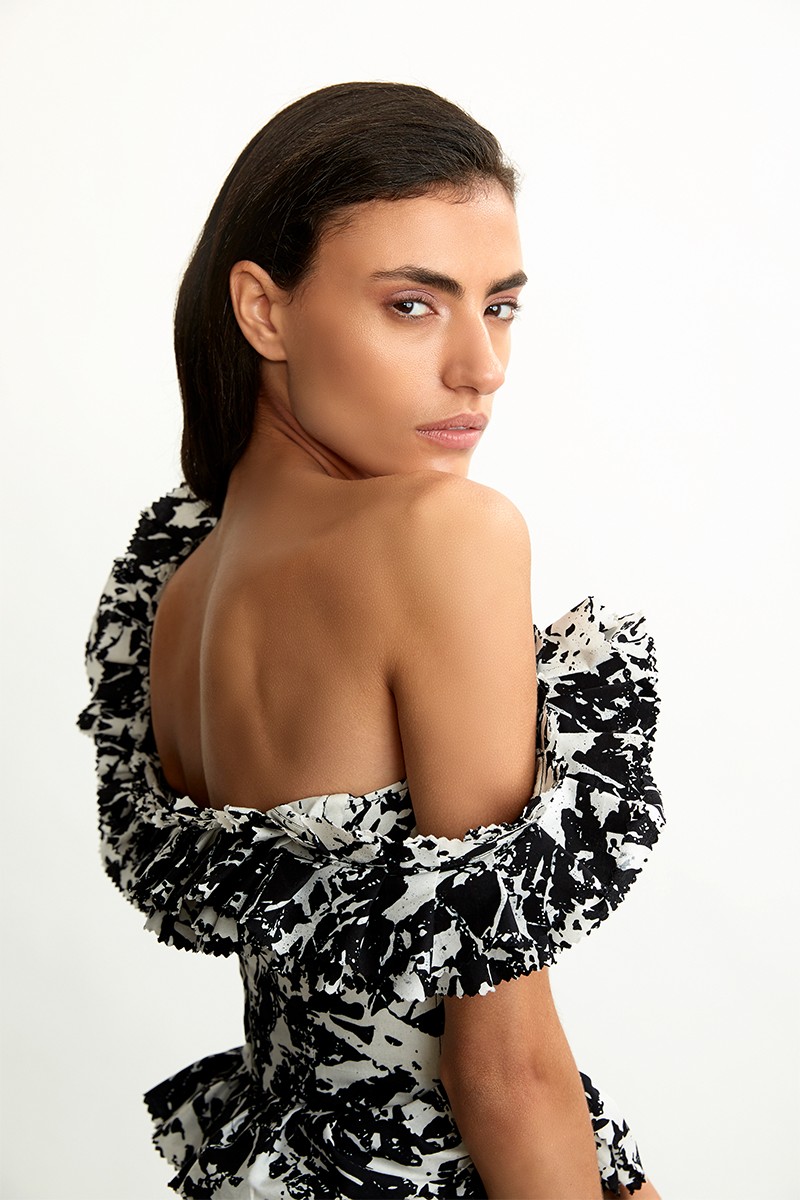
Perhaps the most famous of the Arab-owned labels on this list is Rami Kashoú, who was featured in season four of Project Runway. Palestinian-born Kashoú is the son of a former Miss Jordan, and growing up around his glamorous mother undoubtedly influenced the dramatic, flowing silhouettes that his work is known for today.
Stay In The Know
Get exclusive access to fashion and beauty trends, hot-off-the-press celebrity news, and more.

Gabrielle Ulubay is a Beauty Writer at Marie Claire. She has also written about sexual wellness, politics, culture, and fashion at Marie Claire and at publications including The New York Times, HuffPost Personal, Bustle, Alma, Muskrat Magazine, O'Bheal, and elsewhere. Her personal essay in The New York Times' Modern Love column kickstarted her professional writing career in 2018, and that piece has since been printed in the 2019 revised edition of the Modern Love book. Having studied history, international relations, and film, she has made films on politics and gender equity in addition to writing about cinema for Film Ireland, University College Cork, and on her personal blog, gabrielleulubay.medium.com. Before working with Marie Claire, Gabrielle worked in local government, higher education, and sales, and has resided in four countries and counting. She has worked extensively in the e-commerce and sales spaces since 2020, and spent two years at Drizly, where she developed an expertise in finding the best, highest quality goods and experiences money can buy.
Deeply political, she believes that skincare, haircare, and sexual wellness are central tenets to one's overall health and fights for them to be taken seriously, especially for people of color. She also loves studying makeup as a means of artistic expression, drawing on her experience as an artist in her analysis of beauty trends. She's based in New York City, where she can be found watching movies or running her art business when she isn't writing. Find her on Twitter at @GabrielleUlubay or on Instagram at @gabrielle.ulubay, or follow her art at @suburban.graffiti.art
-
 What to Know About the Cast of 'Resident Playbook,' Which Is Sure to Be Your Next Medical Drama Obsession
What to Know About the Cast of 'Resident Playbook,' Which Is Sure to Be Your Next Medical Drama ObsessionThe spinoff of the hit K-drama 'Hospital Playlist' features several young actors as first-year OB-GYN residents.
By Quinci LeGardye
-
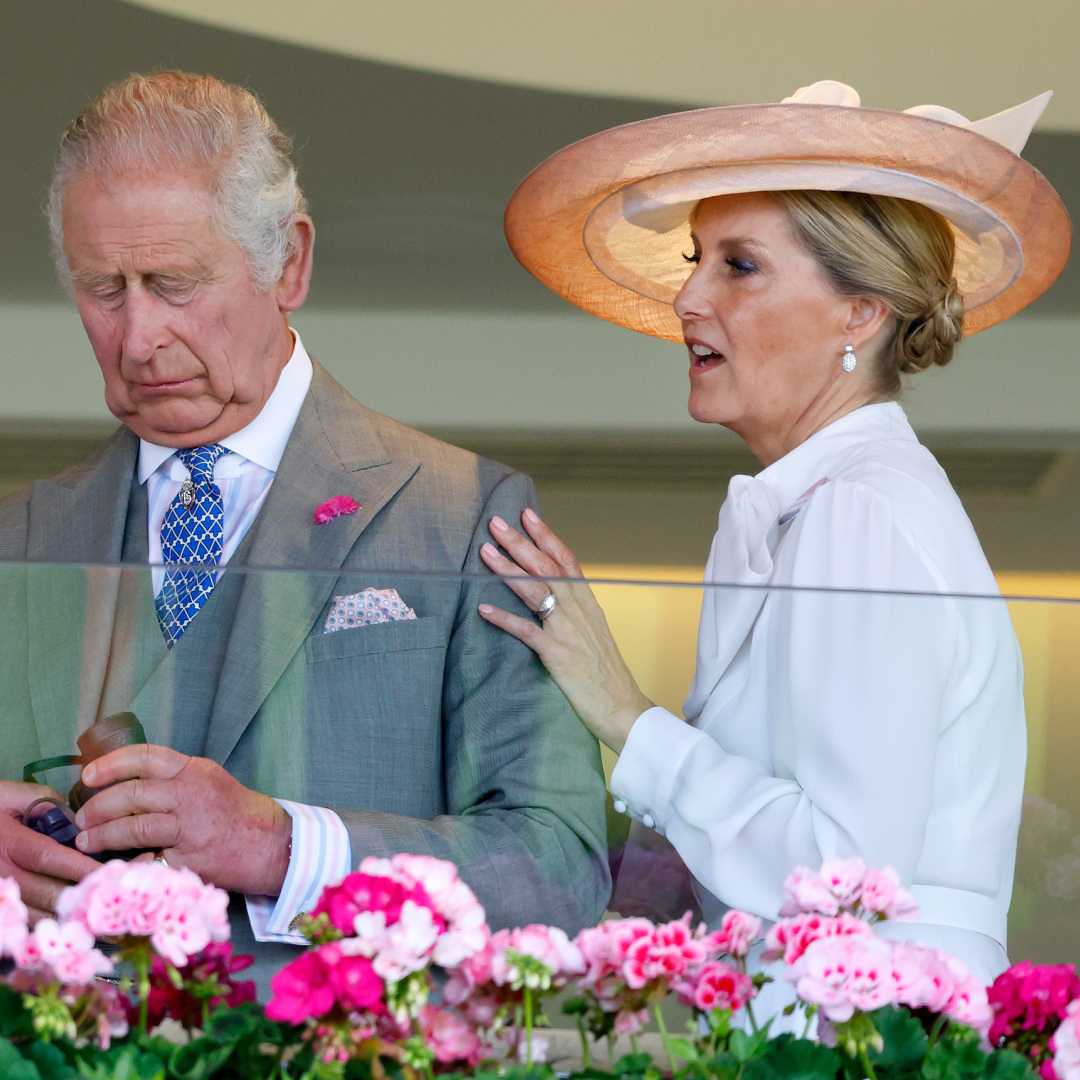 Duchess Sophie Stepped Up to Represent King Charles at Event Amid Calls for King Charles to "Slow Down"
Duchess Sophie Stepped Up to Represent King Charles at Event Amid Calls for King Charles to "Slow Down"The Duchess of Edinburgh filled in for The King at the Royal Military Academy Sandhurst.
By Kristin Contino
-
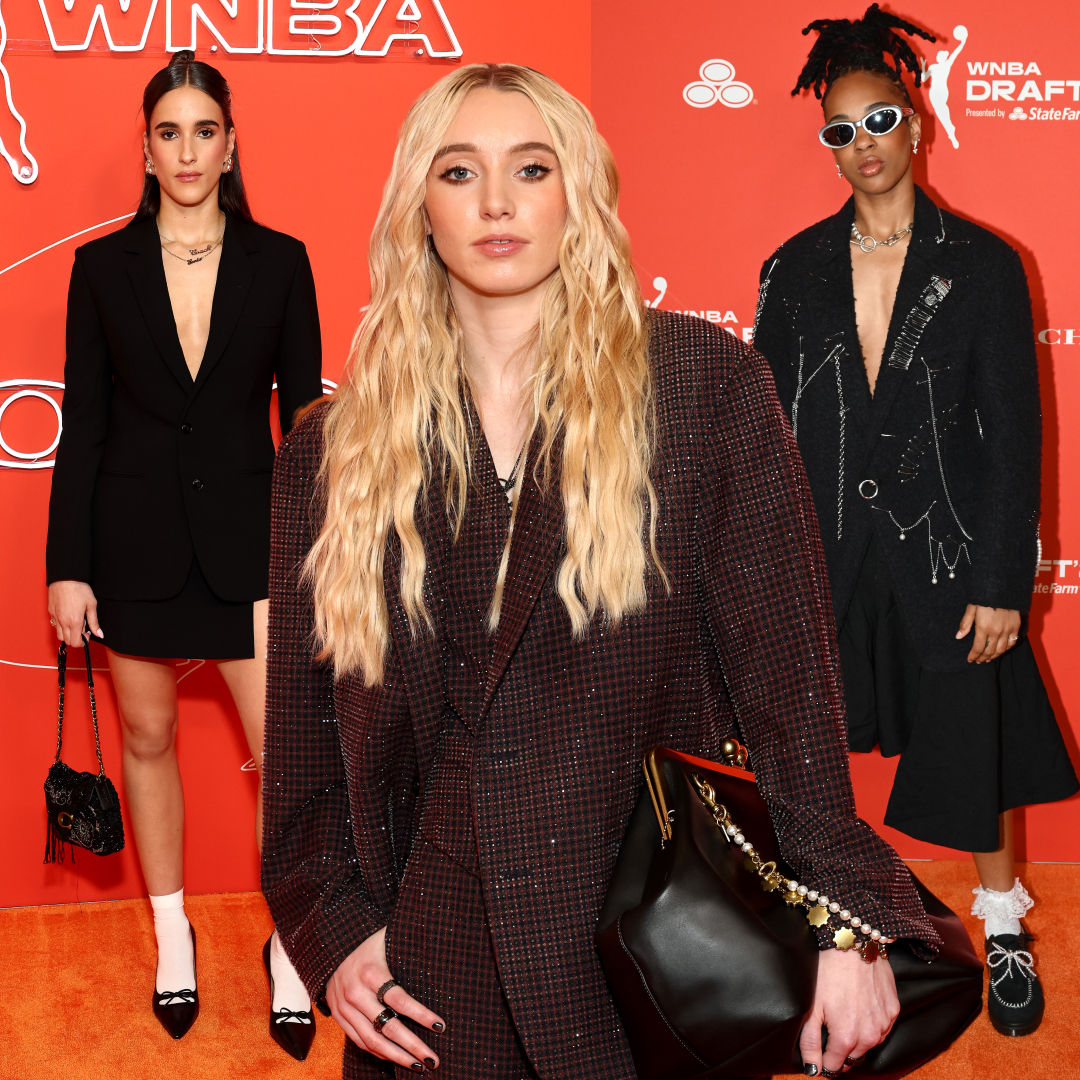 See the Top-Scoring WNBA Draft Looks
See the Top-Scoring WNBA Draft LooksThis year's rookie class came to win.
By Halie LeSavage
